- Need Technical Assistance? worlddesigncongress2025@getvfairs.io
Cancelling your registration will remove your access to the event. If you proceed, you will no longer be able to participate or access event-related materials.
Deleting your account will remove your access to the event.
Hear from leading design, business and sustainability visionaries from around the world, exploring design-led solutions to the climate crisis. Check out the programme:
We were striving to showcase a breadth of voices from across the global design sector. To drive real change, we needed everyone to join the conversation, no matter what stage they are at on their Design for Planet journey, with a readiness to make a positive difference.
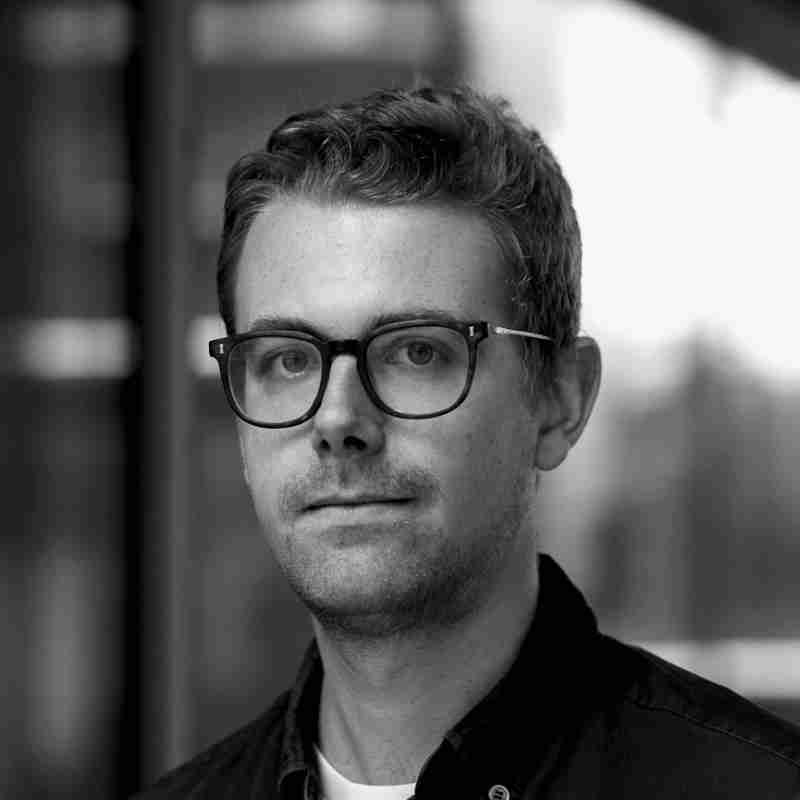

Alasdair is Senior Design Lead at Nesta, driving design for innovation across our missions and leading on how we use design skills and organise multidisciplinary teams for better policy, mission-driven impact and social benefit.He has led major innovation partnerships and delivered live products and services focussed including Visit a Heat Pump – a nationwide service accelerating home decarbonisation in the UK.An experienced design leader, Alasdair has previously led strategic projects across the public, cultural, and commercial sectors, with clients including the Museum of London, Ravensbourne University, King’s Health Partners, Allianz, and PayPal.
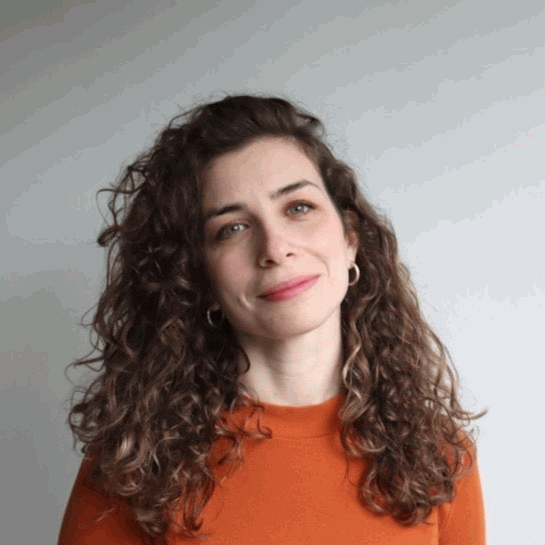

Alba Suárez Zapico is Associate Design Director at Fam Studio. She works directly with and for children and families, focussing on creating systemic change by merging circular economy principles with co-creating methodologies. Her approach recognises that supporting families and children creates ripple effects that drive broader transformation for a more sustainable and equitable future.At Fam Studio, she leads international projects for physical, digital offerings for families and young people. Previously, Alba worked in Tech Will Save Us and LEGO’s Creative Play Lab, where she led the development of innovative play experiences focussed on creativity, education, and self-expression.


The common thread in Alexei’s life has been about creating and nurturing divergent ideas and teams that have the potential to bring about positive change. Alexei kicked off his career working in the nascent Supply Chain technology space at US based i2 Technologies (Blue Yonder). After stints in Software solutions companies such as MatrixOne (Dassault), MRO (IBM) and Ariba (SAP), Alexei struck out on his own moving to Poland and building a small team offering consultancy to the industry. Later Alexei co-founded the Innovation Consultancy UnfroZenmind based in Paris.After returning to the UK Alexei teamed up with colleagues to co-found the award winning Abundance, an FCA regulated Crowdfunding company that has to date brought in over £120m from the crowd to fund over 20 renewable energy projects in the UK. Having successfully fundraised and established the team Alexei left the venture to spend a year working at the South India based Kanthari, an NGO that provides a year long Leadership Development programme for blind and disabled would be social entrepreneurs. Working with 18 incredible visionaries from across the world to help them imagine and establish their projects, Alexei worked with the founder Sabriye Tenberken to develop a curriculum that became the basis of the programme today.Alexei chose to stay on in India and established the social business ixspark, an innovation and product development lab based in Kerala enabling various social innovation initiatives and NGO, corporate and government collaborations.In India Alexei co-founded CU Wellness together with a world class product development team between Silicon Valley and India as a means of bringing disruptive consumer wearable products including Smart Buckle, Fasting Culture and Poppins to people across the world.Alexei also co-founded Desolenator, a gamechanging technology that transforms almost any water source into clean drinking water using only the power of the sun. The patented solar powered desalination device Desolenator has gone on to win awards from NASA, Singularity University, Climate KiC and includes early customers such as Dubai Government (DEWA) and Carlsberg.


Alexie Sommer is a designer, communication expert, and business consultant delivering positive environmental impact through research strategy and design intuition. With communication design training and dedication to sustainability since 2004, she applies both strategic thinking and a systems approach to design projects, creating solutions that support transformation, raise awareness, and evoke beneficial behavioural change. Collaborating with an extensive network of design practitioners, she creates teams to support organizations to intelligently communicate their value and creatively transform their brands.She is a founding member of URGE collective, Co-Instigator of Design Declares!, Sustainable Human at Group of Humans, mentor for Fashion For Good’s Asian Innovation Programme, and recently a consultant strategist with Pentagram London. Previously, she was the creative director at Thomas Matthews and design director for creative at The Guardian and The Observer newspaper group. Her past clients include Interface, Useful Projects, Think-Up, Constructivist, 100% Design, The Get It Right Initiative, EBO essential beauty oils, Arlette Gold, Foster & Partners, LOCOG, Mayor of London’s office, British Council, Rix Mix, Saatchi & Saatchi Design, and Philips electronics.
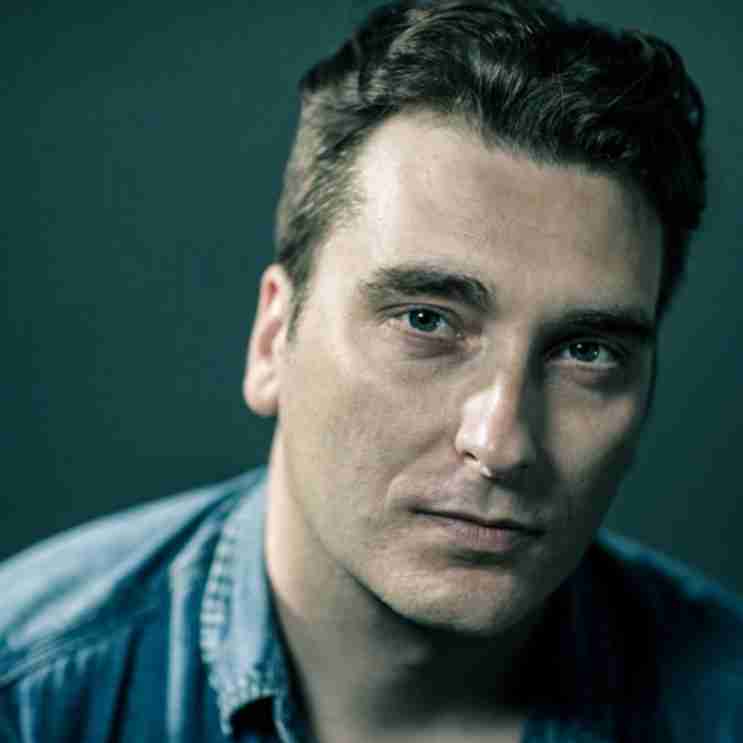

Alistair Bramley is an Innovation Leader with 20 years of experience using Design Thinking, Systems Thinking, and Strategic Foresight to drive business transformation. Currently Senior Director of Breakthrough Innovation at PepsiCo, he leads multidisciplinary teams to imagine and build what’s next – beyond the constraints of today’s categories, supply chains, and business models.His career spans industries and moments of transformation. He has helped a regional manufacturer become a global player in advanced mobility, created a future-back strategy that catalyzed a multi-billion-dollar shift toward digitally enabled, consumer-centric ecosystems – redefining how a legacy CPG company could operate across physical products, data platforms, and connected experiences, and played a pivotal role in designing a breakthrough wellness technology that catalyzed a new skincare category.Alistair’s work focuses on building, future visions, ecosystem strategies and the innovation capabilities needed for companies to thrive in an era of compounding complexity and uncertainty. At PepsiCo, that means finding new categories to enter and defining new platforms for its foods business, with a focus on sustainability – while embedding human-centered design, systems thinking and long-term foresight into how the business operates.Known for his reflective but provocative voice, Alistair believes that intention without infrastructure is just theatre. He speaks and writes about the need for systemic understanding and imagination, brave design leadership, and the kind of slowness that unlocks speed.
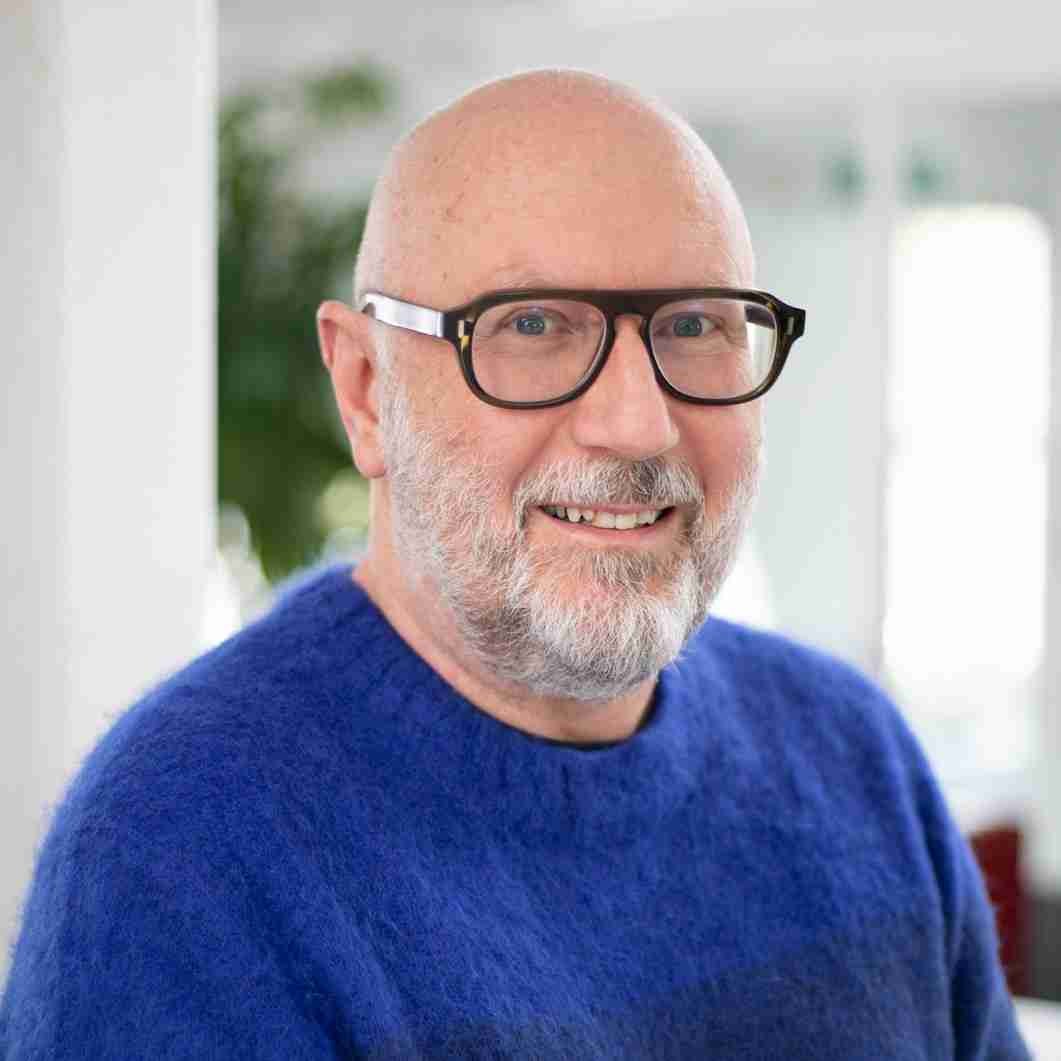

Founder and Director of international landscape architects, Grant Associates. He was awarded the title of RSA Royal Designer for Industry in recognition of his pioneering global work in landscape architecture, most notably the design of Gardens by the Bay in Singapore. He is a Visiting Professor at the University of Sheffield and a member of the National Infrastructure Commission Design Group. He is Chair of the Bathscape Landscape Partnership, a member of the Bath World Heritage Site Advisory Board and co-founder of the pop-up festival Forest of Imaginatio
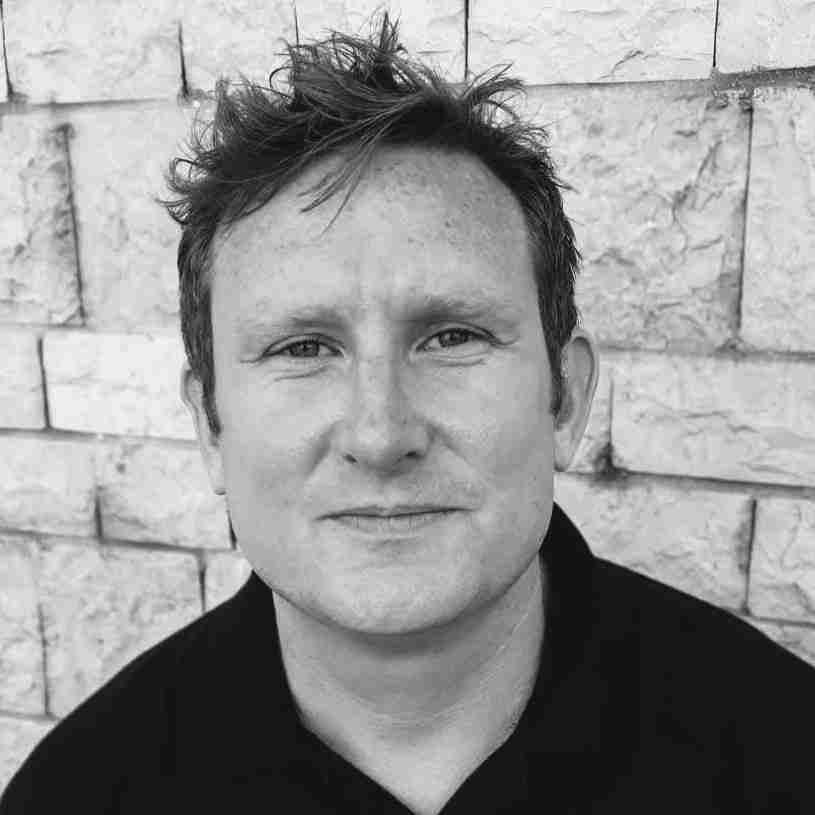

Andrew heads up Policy Design for UK Civil Service, and leads its Policy Design Community who are sponsored by Policy Profession. He has over 20 years’ experience of making public services and policy and has worked extensively across the public sector with frontline professionals like teachers and at the heart of government with ministers. He is a design specialist who leads a network of design-centred policy labs across the UK public sector, and helps government people to collaborate in complex and uncertain environments by giving them innovative new ways of working. He is an educationalist, schooled at UCL Institute of Education, and he is a fellow of the Royal Society of Arts.


Angela is Global Sustainability Director at Kearney. She advises clients in the automotive, transportation, retail and consumer goods sectors on sustainability strategy and adoption. She was appointed Transport lead by the Climate Champions for COP26, where the ZEV declaration and the Playbook for Zero Emissions Mobility were launched. Angela previously worked as Head of Sustainable Mobility at Ingka Group (IKEA Retail), as part of the Policy and Strategy team. During her time at IKEA, she focused on sustainable transport and mobility, circularity and sustainable investing. Angela studied Social Science at The University of Gothenburg and has a Master of Laws from Lund University. She has had a diverse career including organisations such as PWC and Scania.
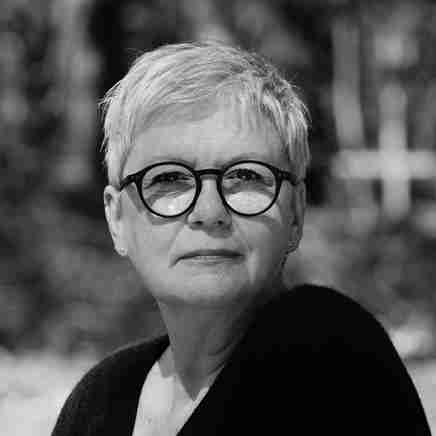

After 30 years in various executive and design management positions in the automotive industry, Global Executive Director at General Motors in charge of the Design of the group's eight brands, and Renault Design Director for the Twingo, Clio & Scénic programs, Anne ASENSIO joins Dassault Systèmes in 2008 as Vice President Design Experience. She created the ""Design"" discipline and design research department of Dassault Systèmes as well as the DESIGNStudio entity, bringing together a multidisciplinary team in innovation strategy through design, experience design, upstream thinking, design research, design management.Advocating a participatory approach with regard to new technologies and virtual universes, the DESIGNStudio supports Dassault Systèmes’ customers in fast-growing industrial sectors in their needs for transformation, digital and sustainable innovation, towards new business models for a circular economy, towards virtuous design processes, as a manifestation of their value proposition to their end customers.Anne collaborates with designers, artists, maverick thinkers, innovators in diverse industry and public sectors. Imagining alternatives strategies to transform the world we live in in a more sustainable and desirable one, Anne enables cross-thinking, colliding nature inspired and technological approaches through creation and ultimately leverage the value of design for users, citizens and humans’ well-being.Anne Asensio contributes to a number of publications, is a member of several boards in industry, business and academia, as well as a regular jury member internationally.Anne holds a Master of Arts in transportation design from Detroit-based College for Creative Studies and a DSAA of industrial design from Paris-based Ecole Nationale Supérieure des Arts Appliqués (ENSAAMA). Anne has been made Chevalier de la Légion d’Honneur and Officier de l’Ordre du Mérite.
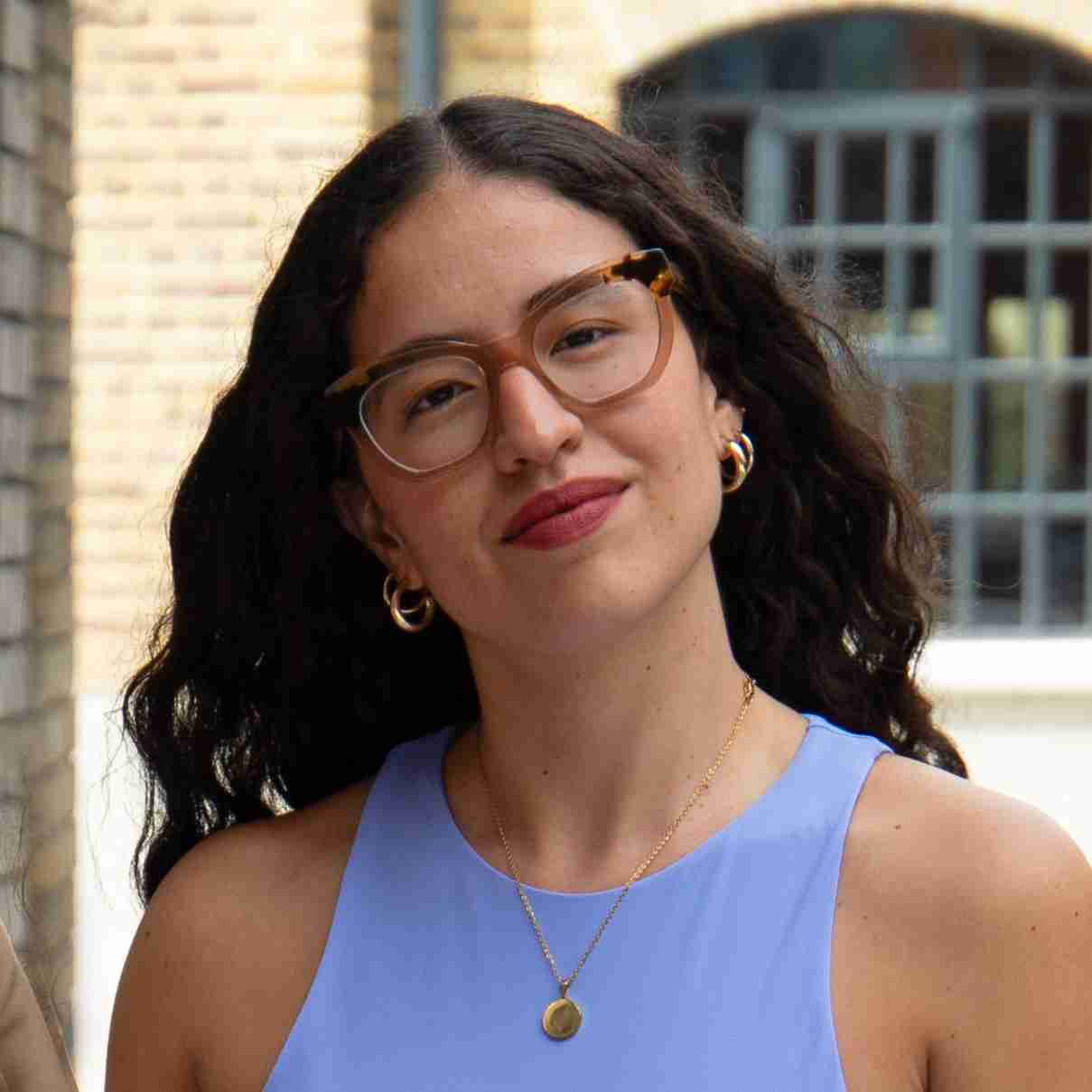

Award-winning design duo Aura Murillo and Louise Skajem are the founders of Resting Reef, an innovative memorial service that transforms ashes into living reefs to restore endangered marine habitats. With backgrounds from the Royal College of Art and Imperial College London, they combine science, sustainability, and design to reimagine how we honour loss. Their work has been featured in the Guardian, Fast Company and Dezeen and earned them six Innovate UK grants, a place on Forbes 30 Under 30 for Social Impact, D&AD Pencil, and The Arts Foundation Fellowship Award. Through Resting Reef, they’re turning remembrance into regeneration, building meaningful legacies for both people and the planet.
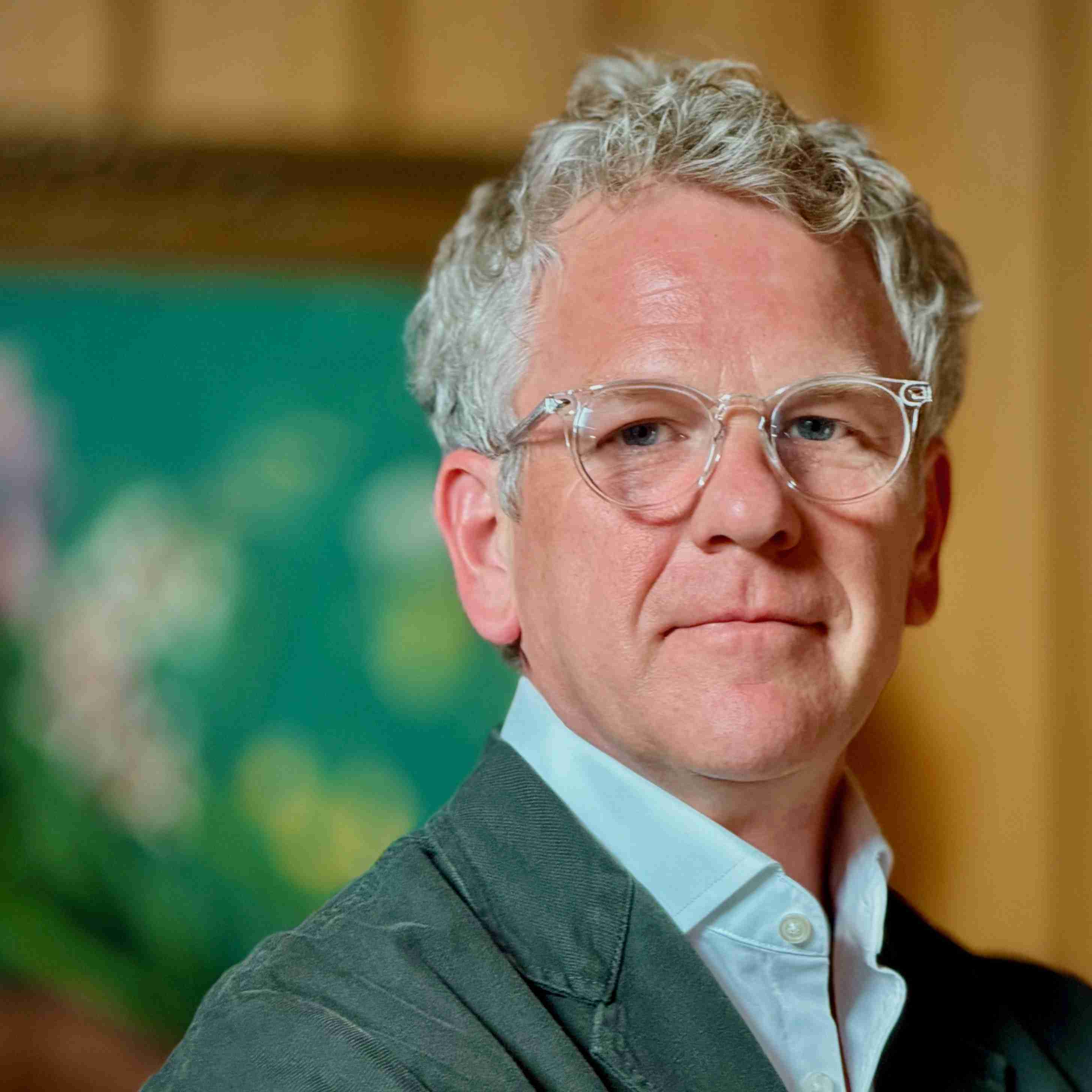

Barry Phipps is an art historian at the University of Cambridge, and the founding director of the Bill Brown Creative Workshops at Churchill College, where he is also a Fellow. His work explores the intersections of art, design, and communicative space, investigating how creative practices shape perception, collaboration, and societal engagement. Barry’s research emphasises the role of visual culture and built environments in fostering optimism around climate and ecological challenges. Through teaching, curatorial projects, and the Creative Workshops, he promotes interdisciplinary dialogue, inspiring adaptive, imaginative, and sustainable approaches to culture, design, and the future.


Ben Sheppard is the co-founder and Chair of Design for Good, a global charitable alliance spanning 30 countries working pro bono to develop products and services with the goal to improve ten million lives by 2030 and advance the UN Sustainable Development Goals. He brought together the founding members, including General Mills, LIXIL, Logitech, McKinsey, Nedbank, Nestlé, Microsoft, PepsiCo, Philips and the Royal College of Art.Ben works with Boards and CEOs to grow innovative, design-led businesses and has recently taken interim leadership roles of cutting-edge medical technology companies. A former long-standing Partner at McKinsey & Company, he led the firm’s global research on design, including the Red Dot-winning Business Value of Design series. For many years, he convened the Chief Design Officer Roundtable—a forum of 50 of the world’s most senior design leaders, whose work touches the lives of seven in eight people on the planet.Ben is Senior Advisor to the Design Council, a member of Fortune's Global Advisory Council on design, a former Dezeen master jury member, and a visiting lecturer at institutions including the Royal College of Art.


Bethany Koby is the co-founder and Chief Vision Officer of Fam Studio, a trailblazing research and design consultancy developing play-led technologies, learning programs, and planet-friendly experiences into powerful tools for positive change. Through the lens of design innovation and future thinking, Fam Studio envisions a world where every family can thrive in uncertainty, no matter their location. Their global influence touches lives from Africa and the Middle East to the United States and Europe, with a broad expertise spanning early childhood to adolescence and beyond.Previously, Bethany co-founded and served as CEO of the award-winning edTech company Tech Will Save Us. Her leadership in educational technology has earned her a place on the board of trustees at the Institute of Imagination (iOi) and The Visionaries, as well as fellowships with the Bio Leadership Program and the Learning Sciences Exchange program (LSX), backed by New America and the Jacobs Foundation.Bethany’s transformative impact has been widely recognized. She was named one of the Sunday Times Maserati 100, nominated for Best High Growth Woman Founder at the UKBAA awards, and awarded Innovator of the Year at the Technology Playmaker Awards. She was honored as Seven Hills’ Change Maker of the Year and recognized as one of Wired Magazine's “Designers that Matter” and one of Creative Review’s Top 50 Creative Leaders. Her accolades also include Barclay’s Entrepreneur of the Year, a spot on Computer Weekly’s list of the 50 Most Influential Women in Tech, and the prestigious Leader of the Year award from the Institute of Engineering and Technology (IET).Originally from Los Angeles, Bethany now calls both London and Somerset home, where she lives with her husband, two sons, and 300 cows.


Brian Eno - musician, producer, visual artist and activist first came to international prominence in the early seventies as a founding member of British band, Roxy Music, followed by a series of solo albums and collaborations. His work as producer includes albums with Talking Heads, Devo, U2, Laurie Anderson, James, Jane Siberry and Coldplay, while his long list of collaborations include recordings with David Bowie, Jon Hassell, Harold Budd, David Byrne, Grace Jones, his brother, Roger, on ‘Mixing Colours’ and recently with Fred Again. In January 2024, ‘Eno’, a generative film about his life was screened at Sundance film festival to critical acclaim. It was accompanied by a soundtrack release with new unreleased songs and classic Eno recordings spanning five decades.Eno’s visual experiments with light and video continue to parallel his musical career, with exhibitions and installations all over the globe. He has exhibited extensively, as far afield as St. Petersburg’s Marble Palace, Ritan Park in Beijing, Arcos de Lapa in Rio de Janeiro and the sails of the Sydney Opera House. He is involved in multiple activist work, such as the climate charity Earth Percent and HardArt, both of which he co-founded, as well as the Stop The War coalition. He is a founding member of the Long Now Foundation, a trustee of Client Earth and patron of Videre est Credere. In 2023, Brian was awarded the Golden Lion for Lifetime Achievement by the Venice Biennale Musica. He has recently written his second book, “What Art Does” co-authored with Bette A and based upon his experience as an artist. Published by Faber, it was released in January 2025.
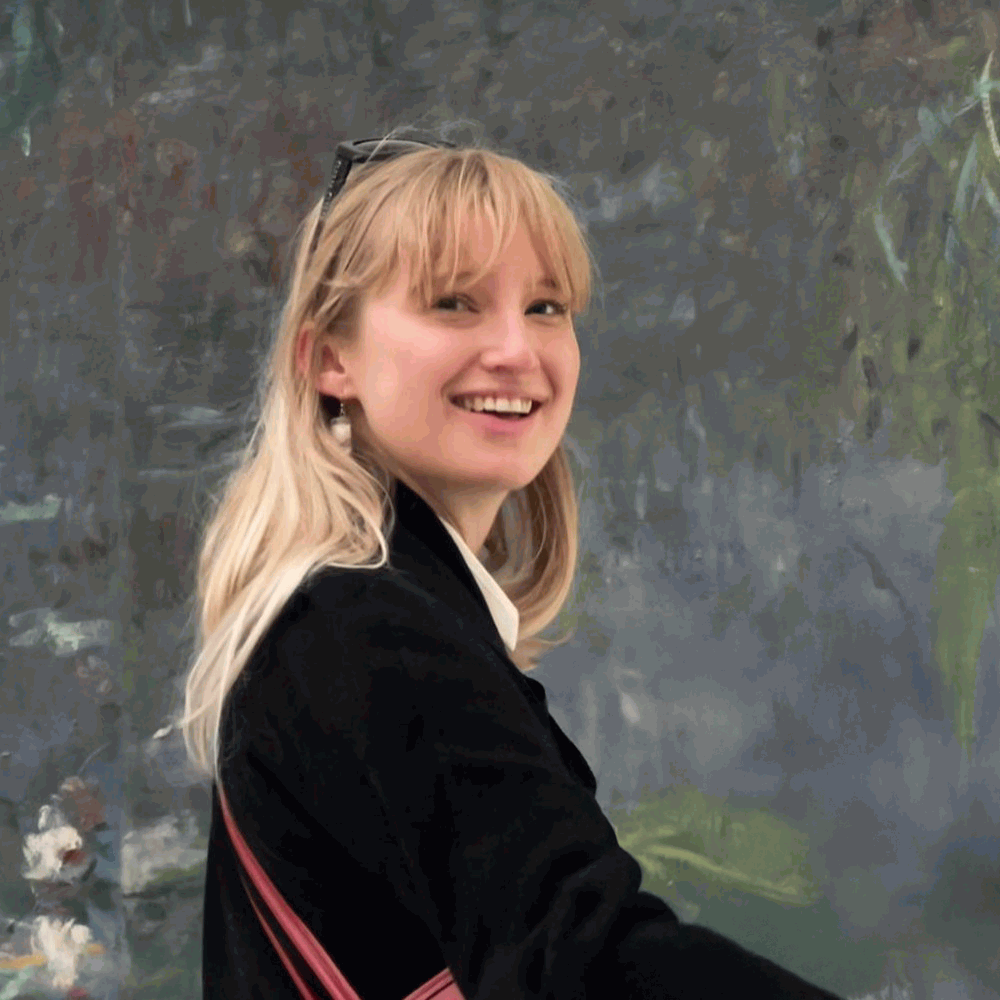

Bron is the Programme and Community Manager at Design Council, where she manages the Design Council Experts network, helping to ensure that their skills knowledge feed into the Design for Planet mission. She also helps deliver multiple projects across skills, research and policy work.Bron sees design as a tool for change. Much of her previous work address the climate crisis, using design to create responsible products and tackle larger system issues within which products sit. She has a first-class degree in Furniture and Product Design and has worked in several design studios including Sebastian Cox and Pearson Lloyd.


Cameron is an experienced founder and inventor of multiple technologies in the life science and genomics space. Over the past 15 years he has founded and led multiple technology companies, which have together raised nearly $200 million dollars in venture capital. He has built commercial partnerships with leading life science brands in the US and Europe, has helped bring multiple products to commercial launch, and is now focussed on bringing the highest integrity nature data into broad commercial use.


Carlo Chen-Delantar is a Partner and Head of ESG and Circular Economy at Gobi Partners, a leading Asia-focused venture capital firm with $2 billion AUM. He champions responsible investments and tech ecosystem development through the Gobi-Core Philippine Fund, backing startups like Kumu, Cloudeats, and Tier One. Carlo is recognized in social entrepreneurship, climate action, and circular economy. He collaborates with organizations like the World Economic Forum, Asian Development Bank, and the United Nations, serving on startup, nonprofit, and government boards. He’s a Forbes 30 Under 30 honoree and Circular Economy Pioneer at the Ellen MacArthur Foundation.
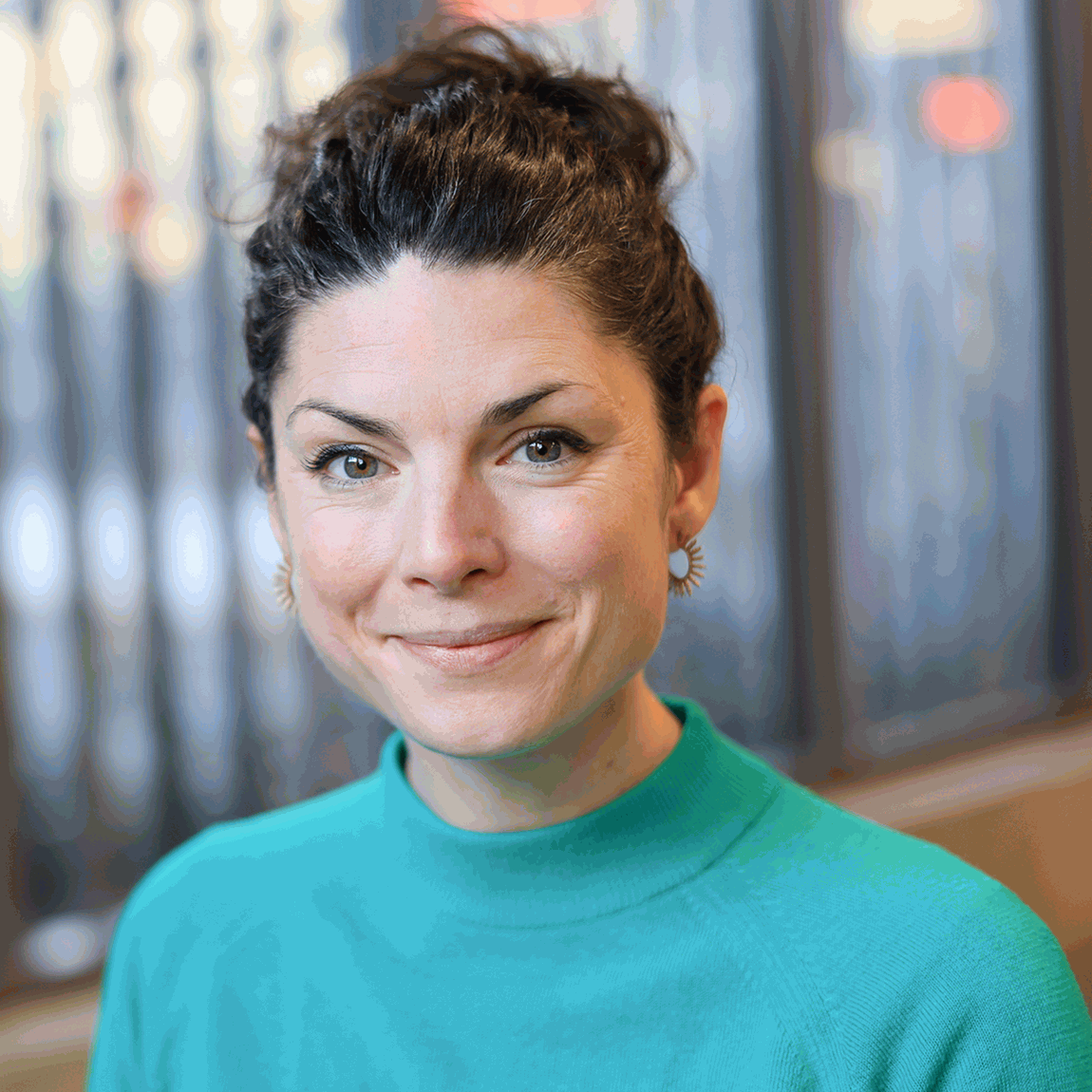

Cat Drew is the Chief Design Officer at the Design Council where she champions Design for Planet, bringing together practitioners from across the design economy to develop new regenerative practice and create the conditions for designers to do their best work.Cat has pioneered approaches to design in policymaking, having combined 10 years of experience of Government with an MA in graphic design to co-found the UK Government’s Policy Lab. She has also held leadership positions in Uscreates and FutureGov, where she led programmes to make public services more user-centred and systemic in how they address local challenges around homelessness. Cat is credited with introducing speculative design to the UK for the first time (on projects on ageing and rail) and leading a large-scale public participation programme to create the world’s first Government Data Ethics Framework. Cat is an expert in Systemic Design, and has been awarded The Design Week Hall of Fame Award for her work to develop this practice, with publications such as the Systemic Design Framework and System-Shifting Design. She speaks widely about the value of design and co-presented BBC Radio 4 The Fix. Cat is member of the RSA’s Decolonising Design Commission, on the faculty of States of Change, and advisory boards for the Institute of Coding, the Well Lab at Work and the Design Age Institute. She is a member of The Point People and a co-founder of the Local Government Innovation Network. Cat is a complete map and data viz geek, and makes and sells screenprinted maps of Berlin and London.
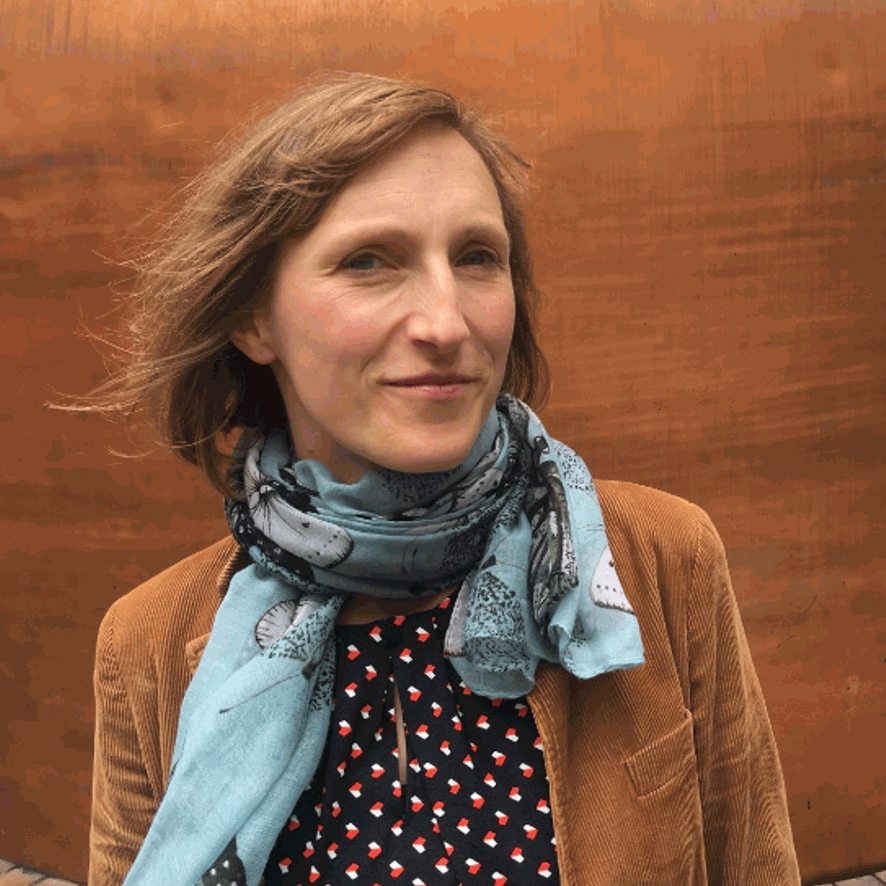

Catherine is a Design Leader with 18 years’ experience in User Centred Design. She heads the User-Centred Design team at the Satellite Applications Catapult, one of the few design groups embedded in the UK’s space sector. Her team ensures that space-derived data and services deliver real value for people and planet—whether enabling more sustainable land use, supporting resilient health systems, or accelerating climate adaptation. By applying service design methodologies, Catherine works with stakeholders to understand complex systems and translate user needs into prototypes and solutions that are practical, valuable, and adoptable.


Cecilia Brenner is the Managing Director of Design for Good, a global alliance dedicated to creating lasting, measurable impact for the United Nations Sustainable Development Goals (SDGs). Since joining in May 2024, Cecilia has successfully led the charity in mobilising hundreds of designers to collaborate and cocreate with NGOs and affected communities worldwide.With over 25 years of international experience in design and leadership, Cecilia is a catalyst for inclusion, innovation, and impact. She previously served as an Experience Design Director & Business Partner at Philips, where she spent 17 years building high-performing, engaged global design teams and community of practises, as well as leading transformational programmes with a unique blend of network leadership, team-building excellence, and strategic insight. Cecilia’s approach embraces her ability to unite diverse talents, fostering a culture of collaboration rooted in empathy.Beyond her executive role, Cecilia is a dedicated mentor in effective leadership, and life-centred design—empowering the next generation to improve life through design. With a strong foundation in experience and system design, Cecilia is driven by a mission to collectively harness the power of design to create a positive impact for all life.
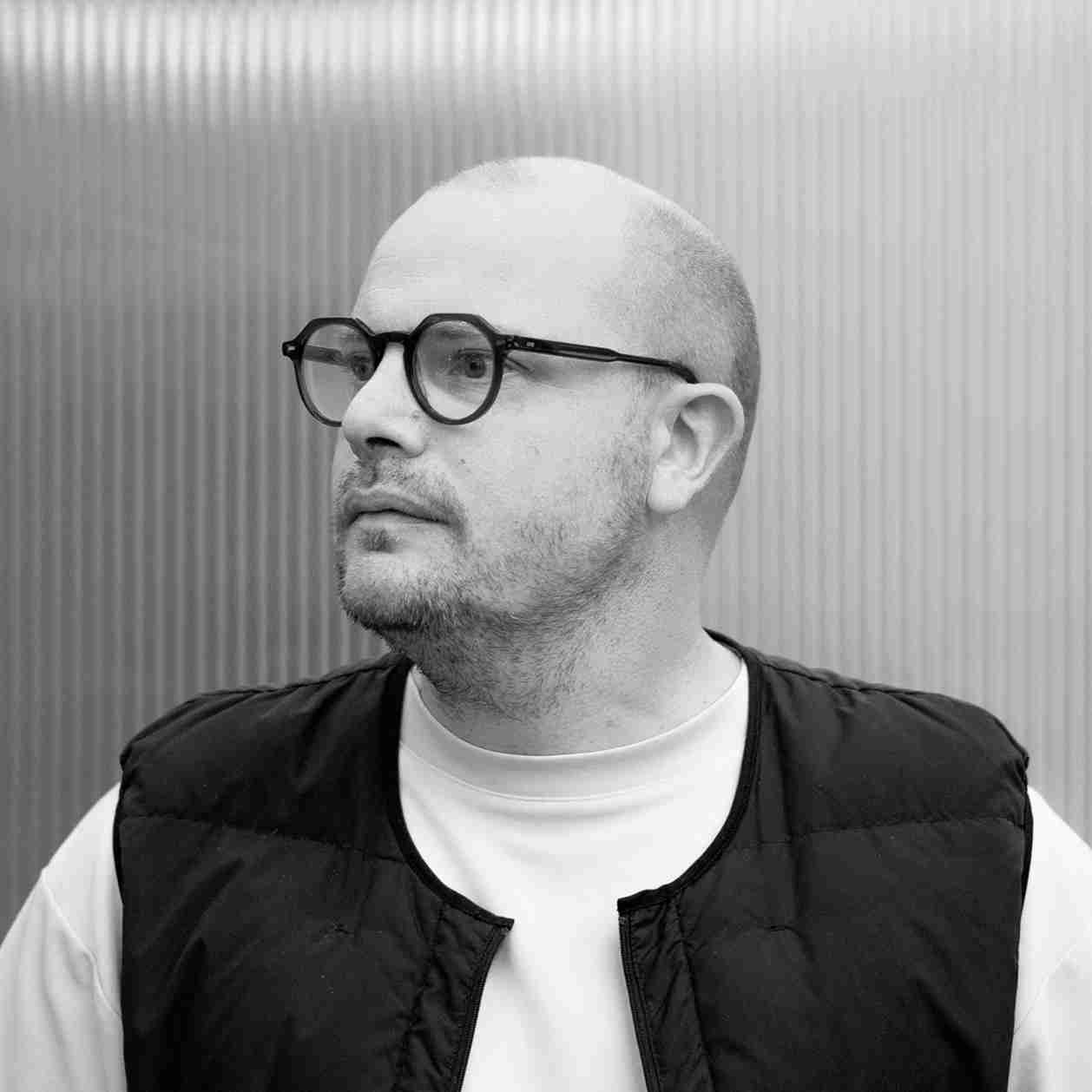

Charles Cambianica is the Head of Design at Decathlon, leading the global design strategy for the world-renowned sports brand. His early career, including collaborations with Sasha Lakic and Christian Ghion and a period at BMW DesignworksUSA across automotive, rail, and nautical design forged his conviction that design transcends boundarieSince joining Decathlon in 2015, Charles has driven an integrated design process from vision to commercialization. He firmly believes that design should be democratic, making sport and its benefits accessible to all. Decathlon's unique ecosystem, covering a vast array of sports, empowers him to challenge the status quo by converging processes, ideas, and expertise from diverse fields to solve common problems.He actively directs efforts in areas like computational design, eco-design, and co-creation. These efforts ensure innovative solutions are accessible, high-performing, and contribute to well-being through sustainable industrial eco-design, embodying Decathlon's purpose: "Move People Through the Wonders of Sport."
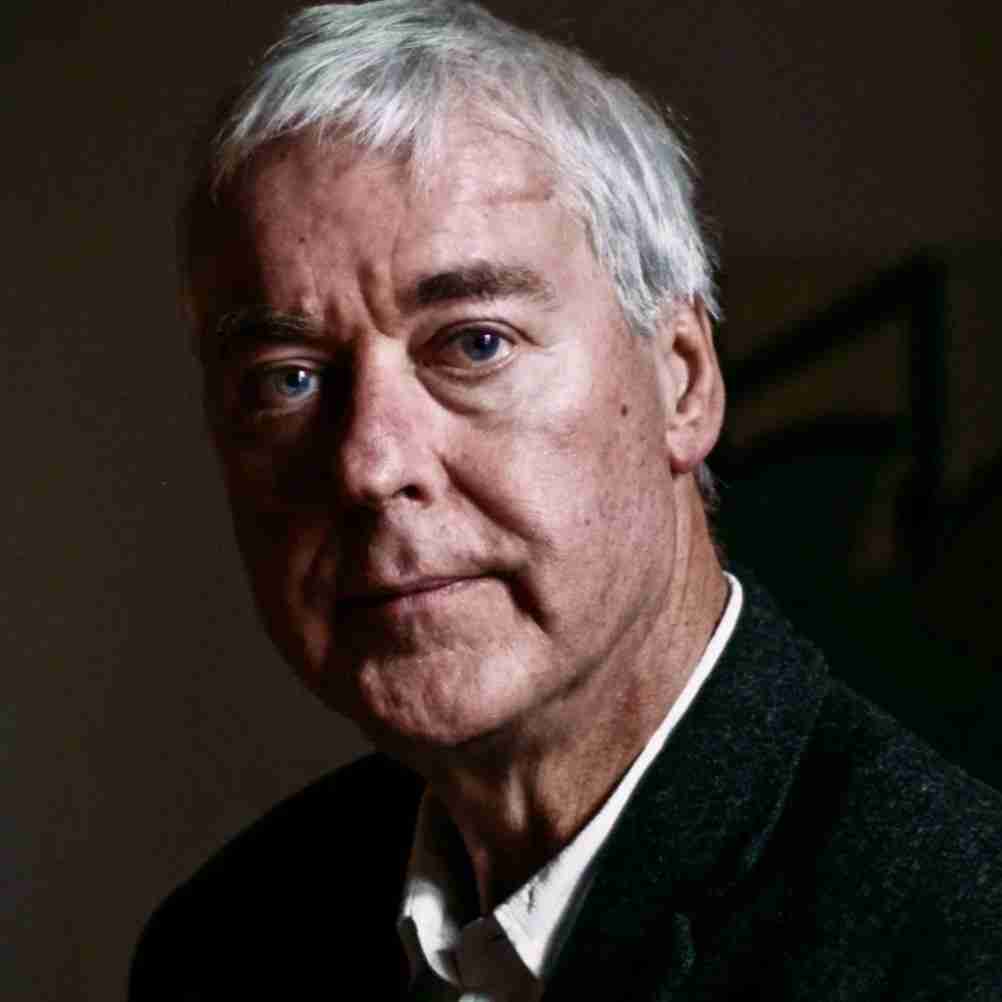

Charlie Paton is a product developer, maker, designer and forester. His early success was the invention and development of motorised lighting for theatre, TV and concerts. For the past twenty years, he has been developing his Seawater Greenhouse concept, designed to produce food and water on barren land, in hot and arid coastal regions. It harnesses sunlight and seawater in a unique and inspired way, to create a virtuous cycle that produces fresh food and fresh water, in locations where shortages of both are a significant problem. Charlie has designed and built projects in five locations around the world; simple and elegant it is potentially life-changing for huge numbers of people living in deprived coastal regions. The design has received many awards; most recently the national winner of the 2018 Shell Springboard Award for low-carbon design.


Charlot is a 2022 Earthshot Prize Winner! Orphaned at the age of 10, she grew up in Mukuru, one of the biggest slums in Nairobi, and became a mother at age 16. Charlot was moved to provide safer cooking technologies for her community when her daughter got burned by a traditional stove and has dedicated her time, skills, and experience fighting household air pollution, Energy poverty and Malaria. Her organization, Mukuru Clean Stoves, has manufactured and distributed over 550,000 life saving cookstoves, impacting the lives of 2.7 million Africans living in poverty and just launched the first in the world, patent pending, mosquito repellent fuel.She has been recognized and awarded by Global Citizen, World Bank, United Nations. She is one of the 100 most influential Young Africans and was named a Forbes Sustainability Leader and Independent Climate 100 in 2024. Charlot is an Echoing Green Fellow, Schmidt Futures Fellow, Africa Business Hero, Global Good Fund Fellow, Stanford Global Energy Hero, Cartier Fellow, Forbes under 30 lister, Forbes Africa Youth Icon, One young World Entrepreneur of the year, Muhammad Ali Humanitarian Awardee and a Bloomberg New Economy Catalyst. She sits on the board of three international funds and William, the Prince of Wales proudly calls her the queen of Africa!
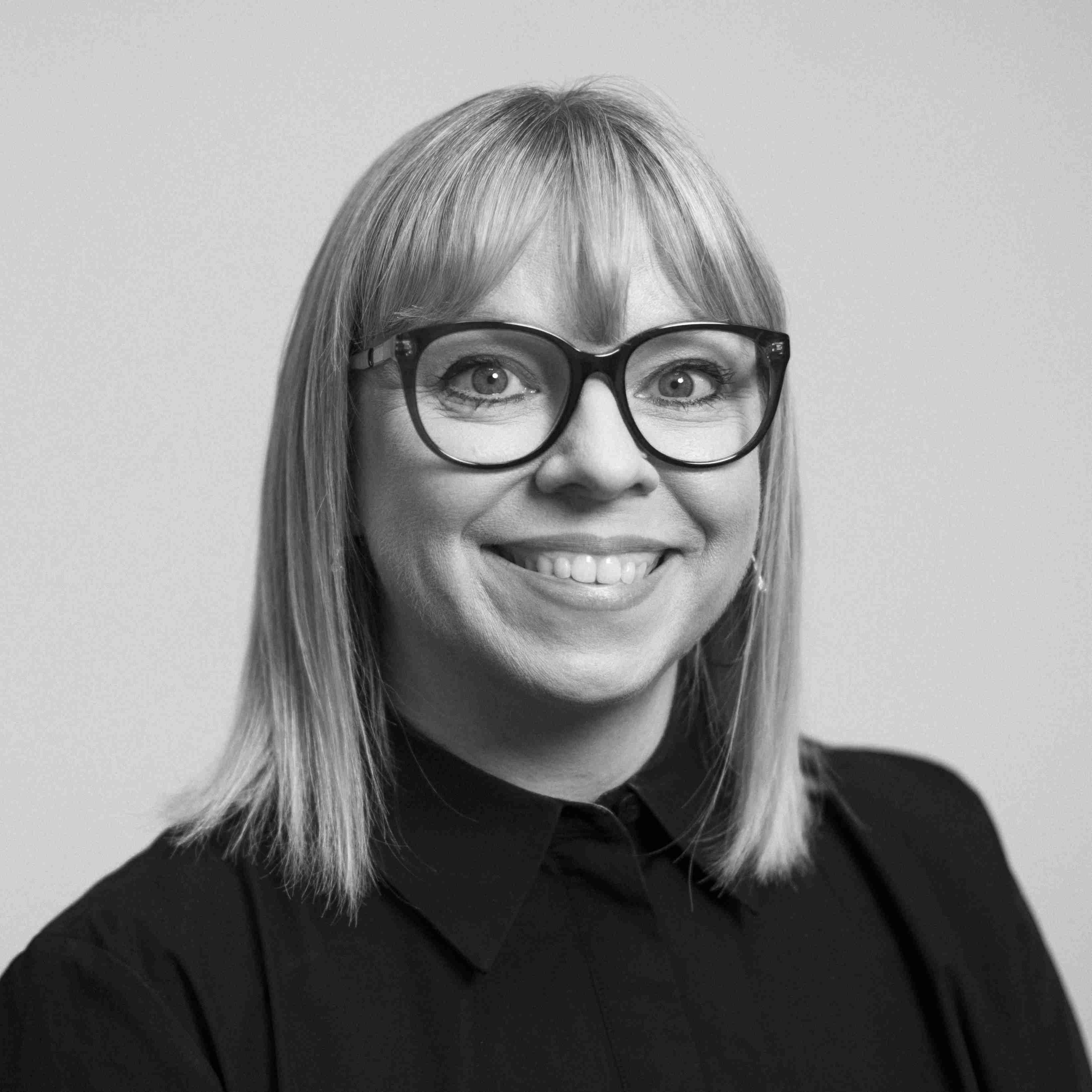

Charlotte is the Chief Executive of the Institute of Designers in Ireland, the trade association representing commercial designers from across the Irish design industry. Since taking the reins of the IDI in 2020, Charlotte is now leading the IDI into a new era, embracing new programmes and partnerships to raise the profile and impact of Irish design, including sustainability platform Design Declares in collaboration with the 100 Archive.
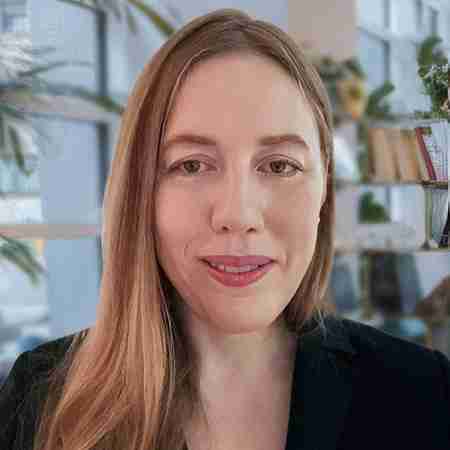

Chelsea Mauldin is a social scientist and designer with a focus on government innovation. She directs the Public Policy Lab, a New York City-based nonprofit organization that designs better public policy with and for low-income and marginalized Americans.The Public Policy Lab partners with U.S. government agencies, philanthropies, and community organizations to develop more satisfying and effective policies and service delivery through ethnographic research, human-centered design, rapid prototyping, and formative evaluation. Find out more on PPL's website, www.publicpolicylab.org.Chelsea is also an adjunct professor at Columbia University's School of International & Public Affairs. Previously, she consulted to municipal and federal agencies, directed a community-development organization, led government partnerships at a public-space advocacy nonprofit, and served as an editor for publishing, arts, and digital media organizations. She is a graduate of the University of California at Berkeley and the London School of Economics.


Céline Semaan is an award-winning designer, author, social entrepreneur, and social & environmental justice advocate. She is the founder of Slow Factory, a movement organization and knowledge lab designing and building infrastructure for cultural freedoms for Indigenous & Global South-led communities. Recently, she has launched Everything is Political, a media platform at the intersection of politics and culture, serving as editor in chief and creative director. Her recent book, A Woman is a School, expands on design, Indigenous knowledge and climate survival in a post-war environment focusing on Lebanon, her native land, as the case study for radical imagination.


Dr. Dhananjayan Sriskandarajah has been Chief Executive of NEF since January 2024. His previous roles include CEO of Oxfam GB, Secretary General of CIVICUS, Director of the Royal Commonwealth Society, Interim Director of the Commonwealth Foundation and various posts at the Institute for Public Policy Research. He is a Trustee of the Guy’s & St Thomas’ Foundation, a member of the UN’s High Level Advisory Board on Economic and Social Affairs, and a member of Quadrature Climate Foundation’s Advisory Board. Danny holds a Masters and Doctorate from Oxford University, and an undergraduate degree from the University of Sydney, and is the author of "Power to the People" (Headline Press, 2024).


Professor Delfina Fantini van Ditmar, PhD, is a Senior Researcher at the Royal College of Art, where she co-directs the UKRI-funded Becoming Regenerative Lab. She also serves as a Research Professor and Chair of the Regenerative Art and Design research group at the Centre of Applied Research for Art, Design and Technology (CARADT).Delfina holds a BA in Biology and completed her PhD at the Royal College of Art in the School of Design (SoD), where she has taught in the MA Design Products, MSc/MA Innovation Design Engineering, and MA Fashion programmes. Driven by her interest in ecological thinking, reflective practices and inter-relations as a systemic response to the environmental collapse, Delfina’s critical practice examines material ethics of care and the necessary paradigm shift in design.She co-founded the Design Research Society (DRS) Special Interest Group on Design and Ethics. In 2021, she was chosen as one of the Future Observatory Design Researchers in Residence (DRiR) at the Design Museum, in partnership with the Arts and Humanities Research Council (AHRC).Delfina has been a crit and Visiting Lecturer in several institutions, including The Bartlett, Architectural Association, Central Saint Martins (UAL), The Design Museum, Manchester School of Art, University of Brighton, Liverpool University, University of Leeds, Loughborough University, École Nationale Supérieure des Arts Décoratifs (ENSAD), Politectino di Milano, Domus Academy, Zurich University of the Arts (ZHdK), Lucerne University of Applied Sciences and Arts (HSLU), Indian Institute of Technology Delhi (IITD), Syracuse University, Rice University, Fab City Foundation, Linnaeus University, Critical Media Lab Basel and TU Berlin, among others.
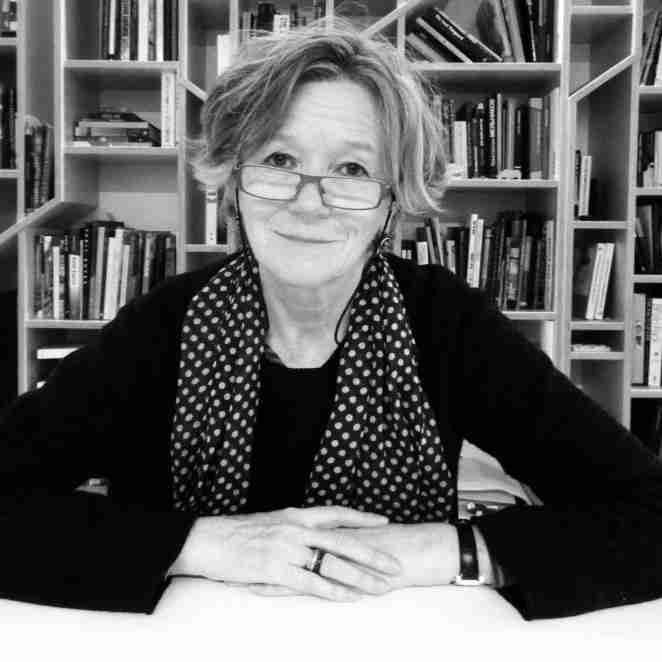

Dinah Casson set up her design practice in 1970, and her partnership with Roger Mann in 1984 – forming Casson Mann. Since 1992, Casson Mann has focused most of its work on the design of museums and exhibitions. These have ranged from the object-based British Galleries at the V&A, and the Great North Museum in Newcastle, through to the highly technological Churchill War Rooms at the Imperial War Museum. Recent projects include the Nelson Navy Nation gallery at the National Maritime Museum in Greenwich, and Bordeaux’s wine museum, La Cité du Vin. Casson Mann’s work has won numerous awards. Dinah was Master Elect of the Faculty of Royal Designers for Industry from 2013-15. Since the 1970s, she has taught at design schools such as Kingston University and the Royal College of Art.


Dominik Leisinger is a Partner from our Zürich office. He leads product excellence (PERLab) in Europe. With more than 15 years of experience at consulting and industry. The focus of his work lays on product strategy. Product margin transformation and portfolio optimization. His core expertise are Cost and Value Engineering as well as holistic product optimizations.
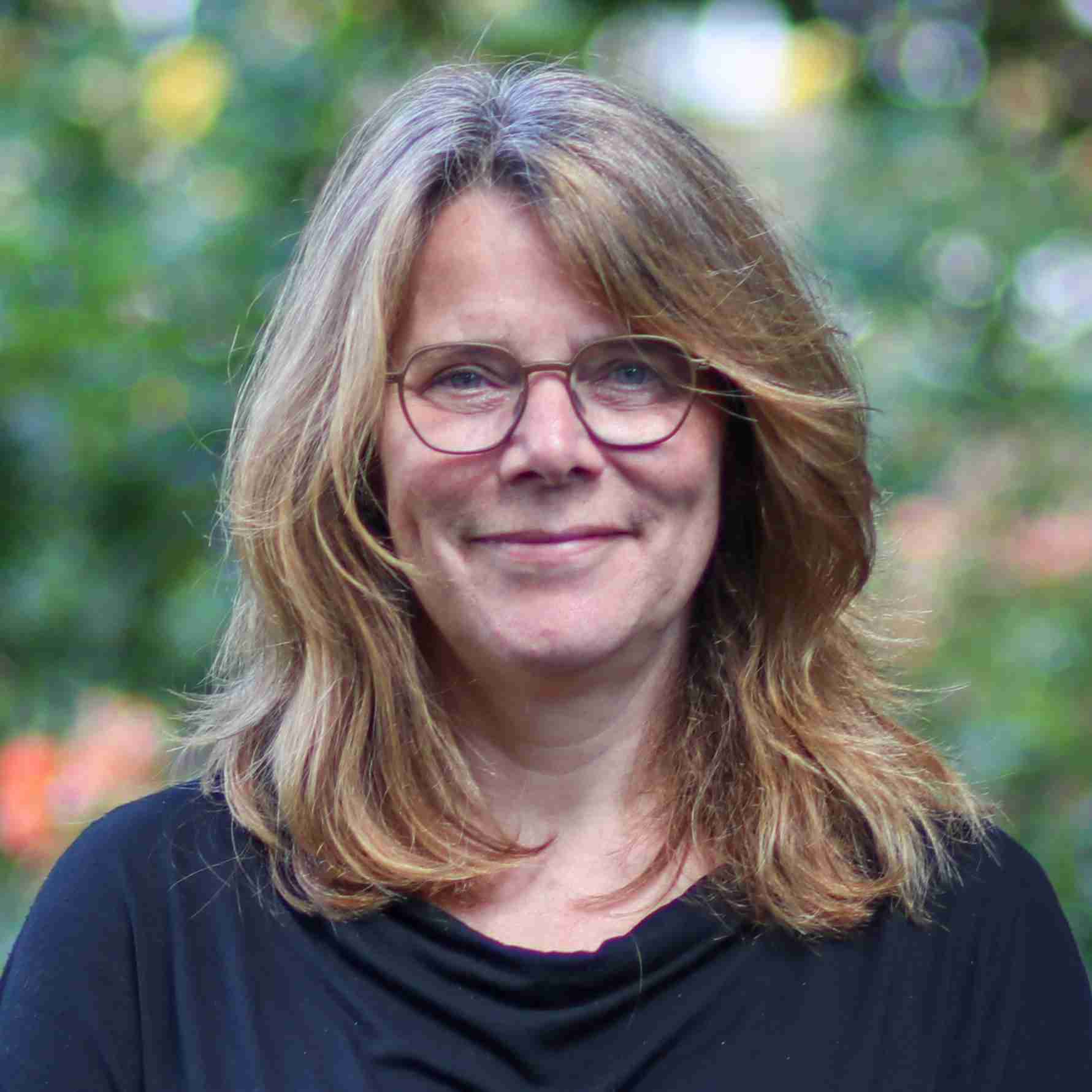

Dr. Geke van Dijk is Strategy Director at Stby / Quicksand, a research and design agency with studios in London, Amsterdam, Delhi, Bangalore and Goa. She brings deep expertise in innovation management, service design, and design research, and has been a pioneer in the field since 2007. Geke has led numerous international client projects on complex and sensitive topics, helping teams to navigate new contexts and challenges by creating conditions that foster collaborative teamwork across disciplines and cultures. Her work centers on the big social and ecological issues of our time, focusing on projects aimed at systemic transformation and long-term impact. She is also committed to knowledge and capacity building, whether that be through coaching, developing toolkits, or producing publications.
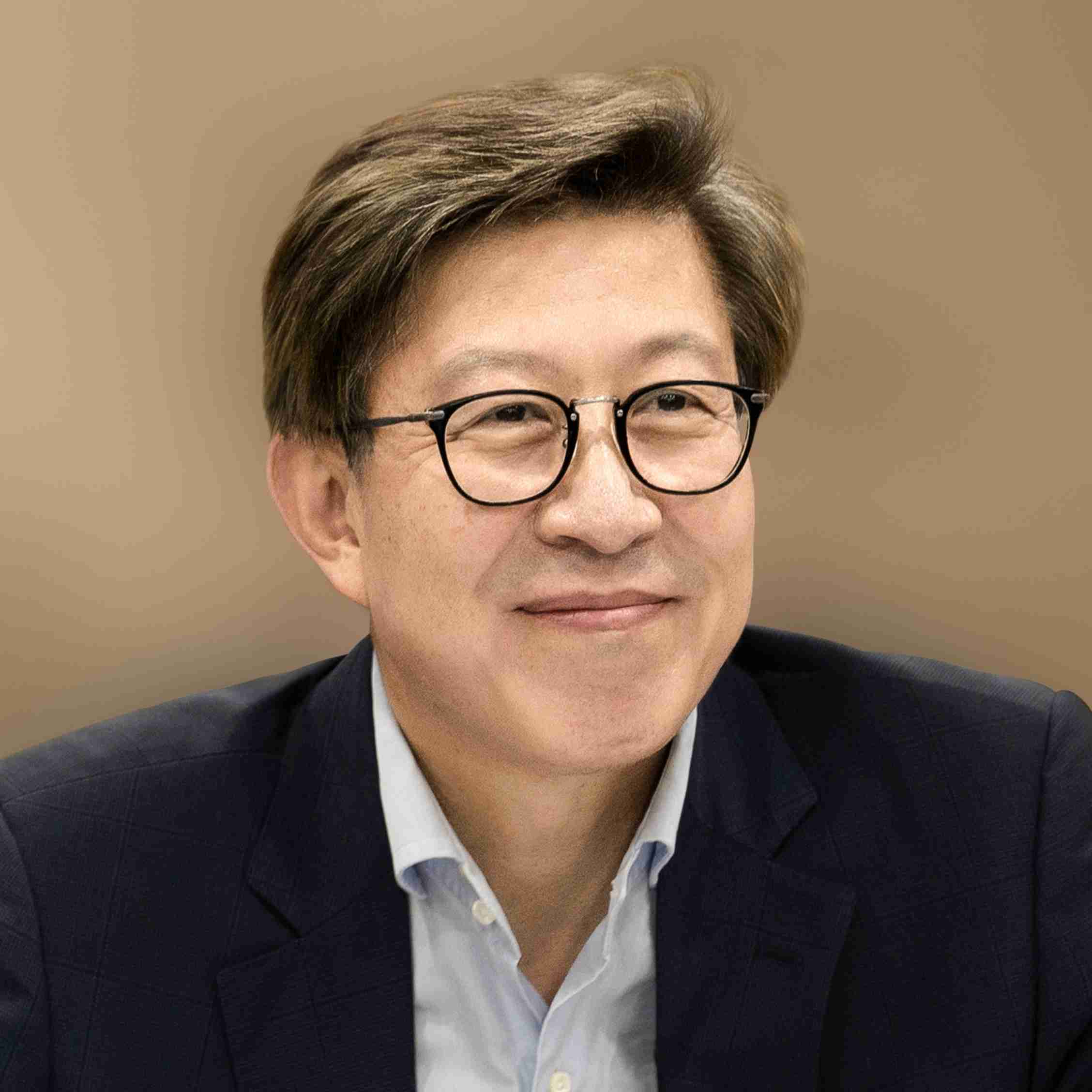

Mayor Park Heong-joon is a distinguished public leader with decades of experience in government, academia, and civic affairs, and has served as the Mayor of Busan Metropolitan City since April 2021. In 2024, he also served as President of the Governor's Association of the Republic of Korea. In addition, he has also been a member of the National Assembly, held senior roles within the Office of the President, and led initiatives to strengthen Busan’s role as a global city.
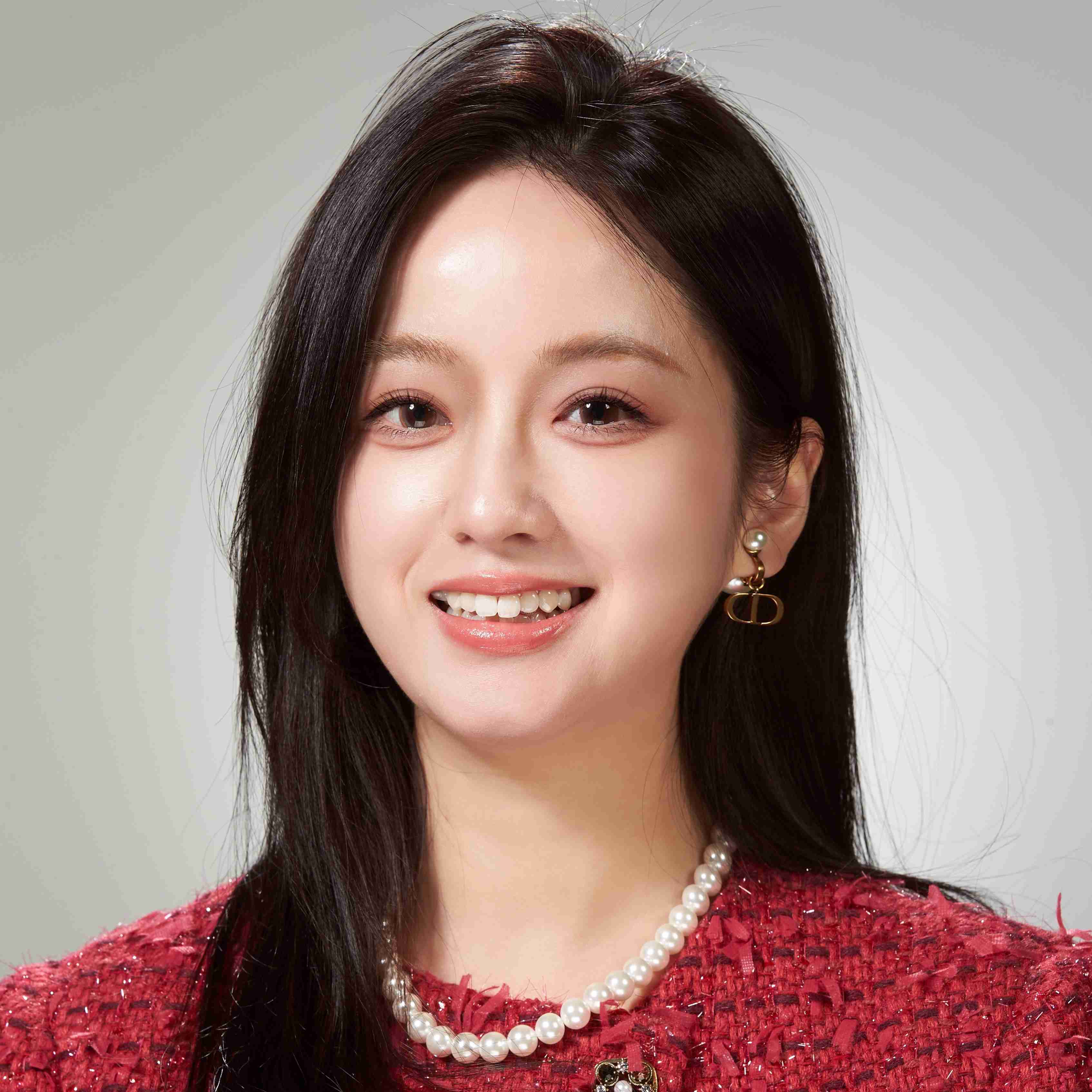

Postdoctoral Researcher, Academy of Arts & Design, Tsinghua University, specializing in Environmental Art and Design.
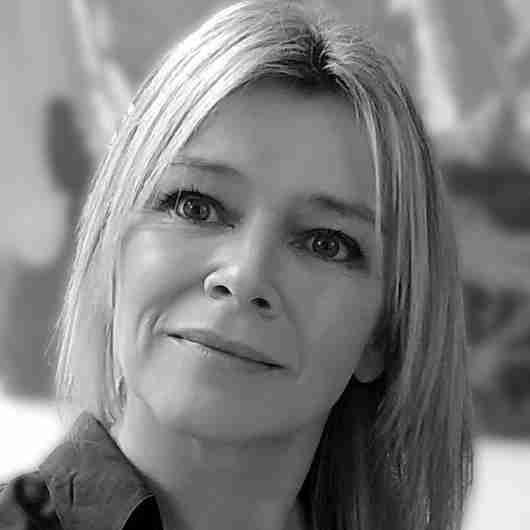

Dr Michelle Douglas is an Associate Professor and Associate Dean of Industrial Design, as well as an interdisciplinary researcher in industrial and human-centred design, with over 25 years of experience in Australia and the UK. Her work examines design cultures, regenerative practices and innovation economies, employing ethnographic methods to map ecosystems and foster sector transformation.She has held senior academic roles in the UK and Australia, leading award-winning programs in Industrial Design and Interaction that encompass UX, Service, and Strategic Design. A Fellow of the Royal Society of Arts since 2010, Michelle serves as a Board member of Design Declares Australia and is currently investigating cultural and structural barriers to sustainability within the design industry. She has acted as External Examiner for leading institutions, including the Royal College of Art and Kingston University, and regularly chairs national seminars and panels on emerging design issues.
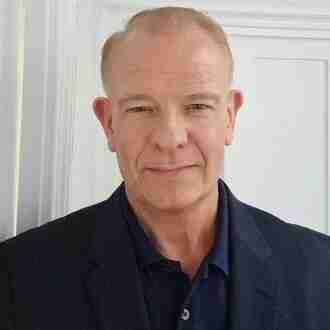

Mike Wells is a professional ecologist and ecourbanist, with over 35 years of consultancy experience and 45 years in ecological science. He co-founded Biodiversity by Design Ltd in 2006 with the express aim of focusing on creative multifunctional ecology. Mike's key interests lie in exploring the opportunities for biodiversity enhancement and ecological education in the creative gaps between Ecology and other disciplines including Architecture, Landscape Architecture, Civil and Structural Engineering and Art. Mike has practiced globally in over 20 countries and published widely in relation to the ecological aspects of urban regeneration, masterplanning and design.
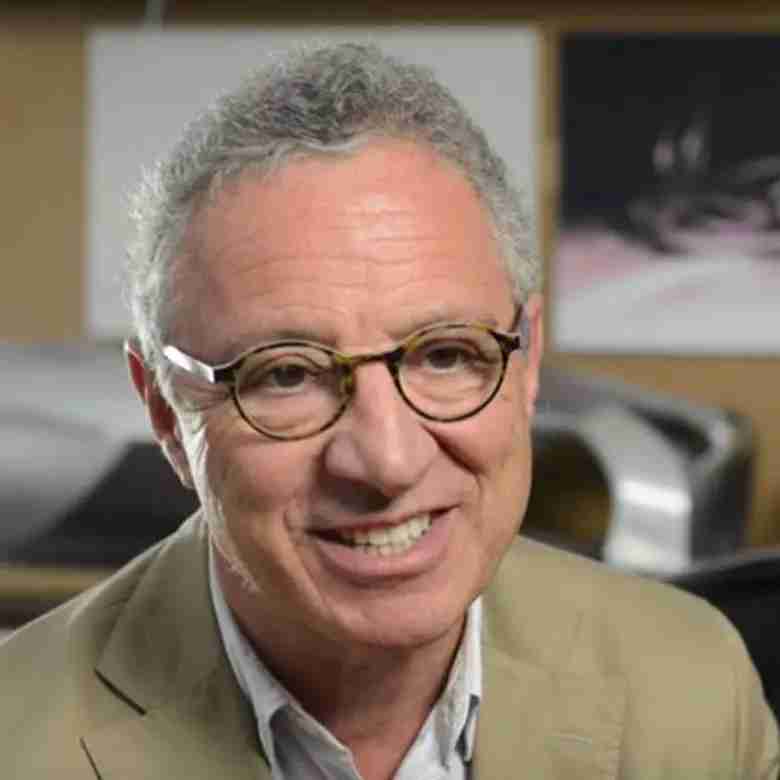

Dr Nick de León is designer, entrepreneur and academic, an expert in the design of customer experience and service Innovation and founded the Service Design Masters and PhD programme at the RCA; the largest of its kind worldwide. He is also a Professor at Liverpool Hope University and a Teaching Fellow at London Business School. His research explores the interface between the design discipline, digital technology and business innovation and specifically the role of service design in public policy, business strategy and organisational transformation. He is the academic lead for the Terra Carta Design Lab, an initiative created by Sir Jony Ive with HM King Charles III which uses the power of design to create solutions that address climate change and biodiversity, in harmony people, planet and nature.De León is a Fellow of the Royal College of Art, a Fellow of the Royal Society of Arts, and a co-Founder of the UN sponsored alliance - Design For Good, a collaboration of 14 Global Corporations that engages hundreds of designers worldwide to develop breakthrough solutions that address the UN Sustainable Development Goals. He also leads the RCA x Design for Good Academy which teaches up to 1000 designers each year.Prior to joining Academia he had a corporate career in Design, Product Development and Business with IBM, beginning his career as an Industrial Designer at IBM's R&D Labs in the UK before working in the European and Global Headquarters of the company in a variety of senior executive roles including Director of Marketing, IBM Europe, Middle East and Africa.


Dr Ramit Debnath is an Assistant Professor of Mathematics and Social Design at the University of Cambridge. He is the director of the Cambridge Collective Intelligence & Design group. His interdisciplinary research integrates engineering and computational social sciences with systems thinking, socio-technical design, and behavioural interventions to address barriers to climate action. Using a social design lens, he focuses on how individual behaviours influence collective decision-making dynamics and explores the potential of emergent AI to replicate these mechanisms to solve global challenges. Ramit is a fellow and director of studies in design at Churchill College; he teaches mathematics to design students and is passionate about leading the polymath revolution at Cambridge.


Dr Stephanie Hare is a researcher, broadcaster and author focused on technology, politics and history.She co-presents “Artificial Intelligence: Decoded” on BBC television and contributes to the BBC World Service programme “Business Matters”.Her first book, 'Technology Is Not Neutral: A Short Guide to Technology Ethics', was named a Financial Times Best Technology Book of summer 2022, and her writing has featured in the Financial Times, The Washington Post, the Guardian/Observer, the Harvard Business Review, WIRED and Computer Weekly.She has worked at Accenture, Palantir, and Oxford Analytica; held the Alistair Horne Visiting Fellowship at St Antony’s College, Oxford; and earned a PhD and MSc from the London School of Economics and Political Science (LSE) and a BA from the University of Illinois at Urbana-Champaign, including a year at the Université de la Sorbonne (Paris IV).
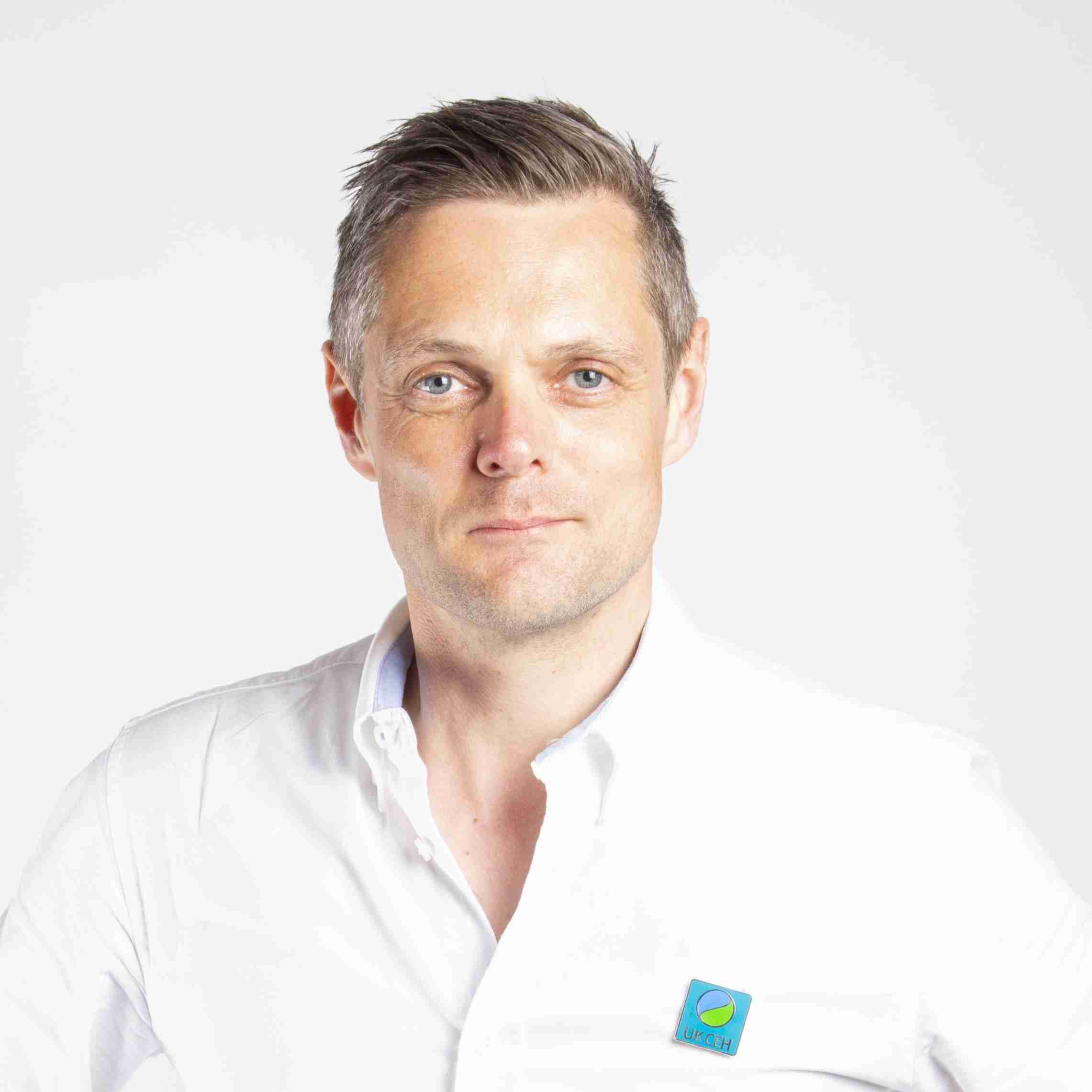

Dr Stuart Wainwright OBE took up his position as Chief Executive of the UK Centre for Ecology & Hydrology (UKCEH) in June 2023. UKCEH is a world-leading independent research institute whose ambition is to make the world a better place through science addressing climate change, promoting biodiversity, and creating sustainable ecosystems. Stuart has extensive experience of leadership, strategy, science and policy from several roles across government. He was Director of the Government Office for Science from 2019 to 2023, and has held senior roles concerning science, security, resilience and the environment in Cabinet Office and Defra.
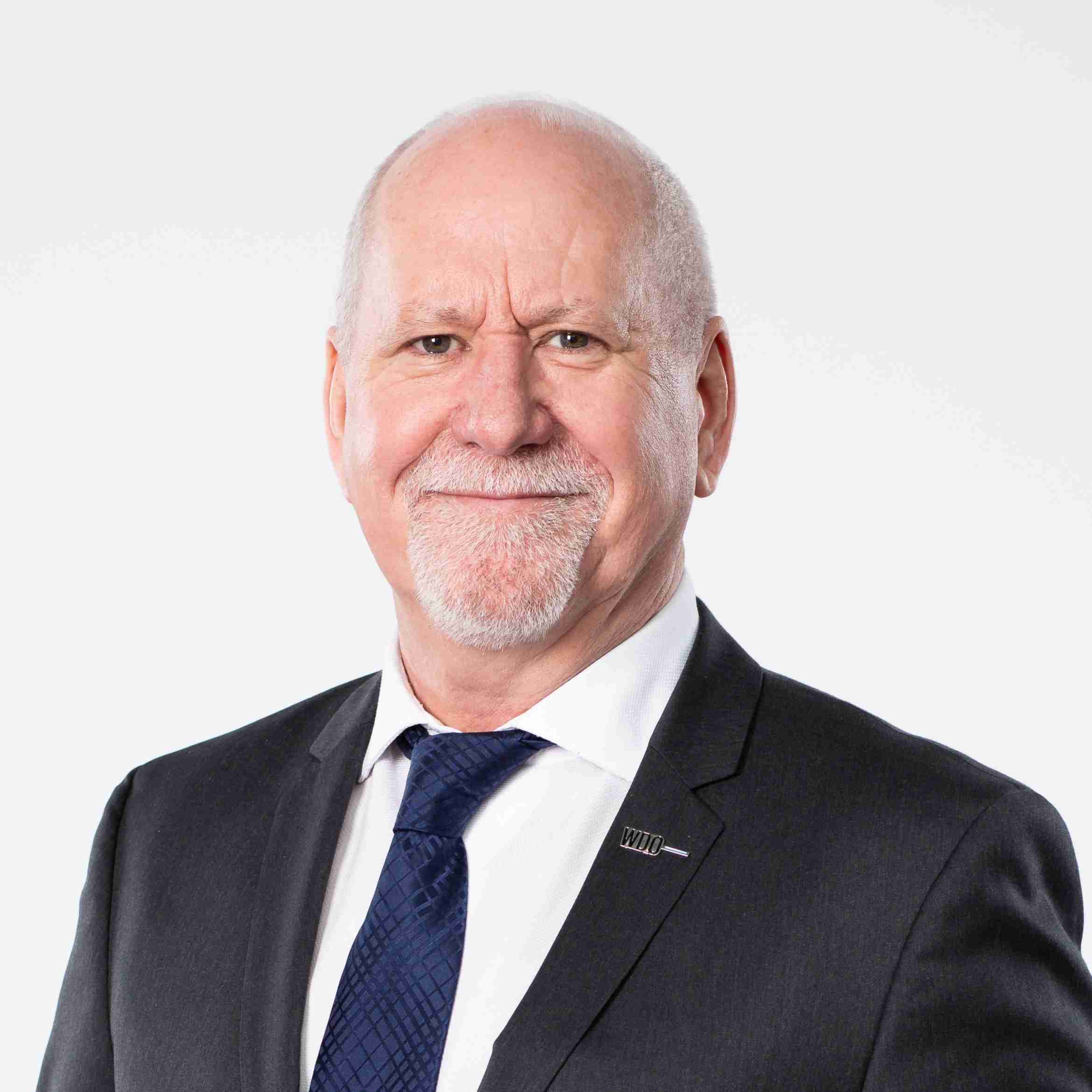

Dr Thomas Garvey is President of the World Design Organization, an international non-governmental organization that promotes the profession of industrial design and its ability to generate better products, systems, services, experiences, and ultimately a better environment and society. Garvey has worked across a range of design disciplines and global settings and has led international teams in professional design projects and research programs and co-chaired the reintroduction of the Research and Education Forum at the World Design Assembly in 2019. Prior to WDO, Garvey was Associate Professor in the School of Industrial Design at Carleton University where he was Director from 2007-2017. He specialized in design for extreme and minimal environments. His interest in small-scale living spaces grew out of work in New York on space station interiors and led to doctoral studies at the University of Tokyo on the topic of housing and urban density. In 2022, he was appointed as Distinguished Visiting Professor in the School of Design of Hunan University. Garvey and his teams have earned numerous awards, and their work has been presented around the world. He holds a Bachelor of Industrial Design from Carleton University, a M.Sc. in Communications Design from Pratt Institute in New York, and a Ph.D. in Architectural Planning from the University of Tokyo.
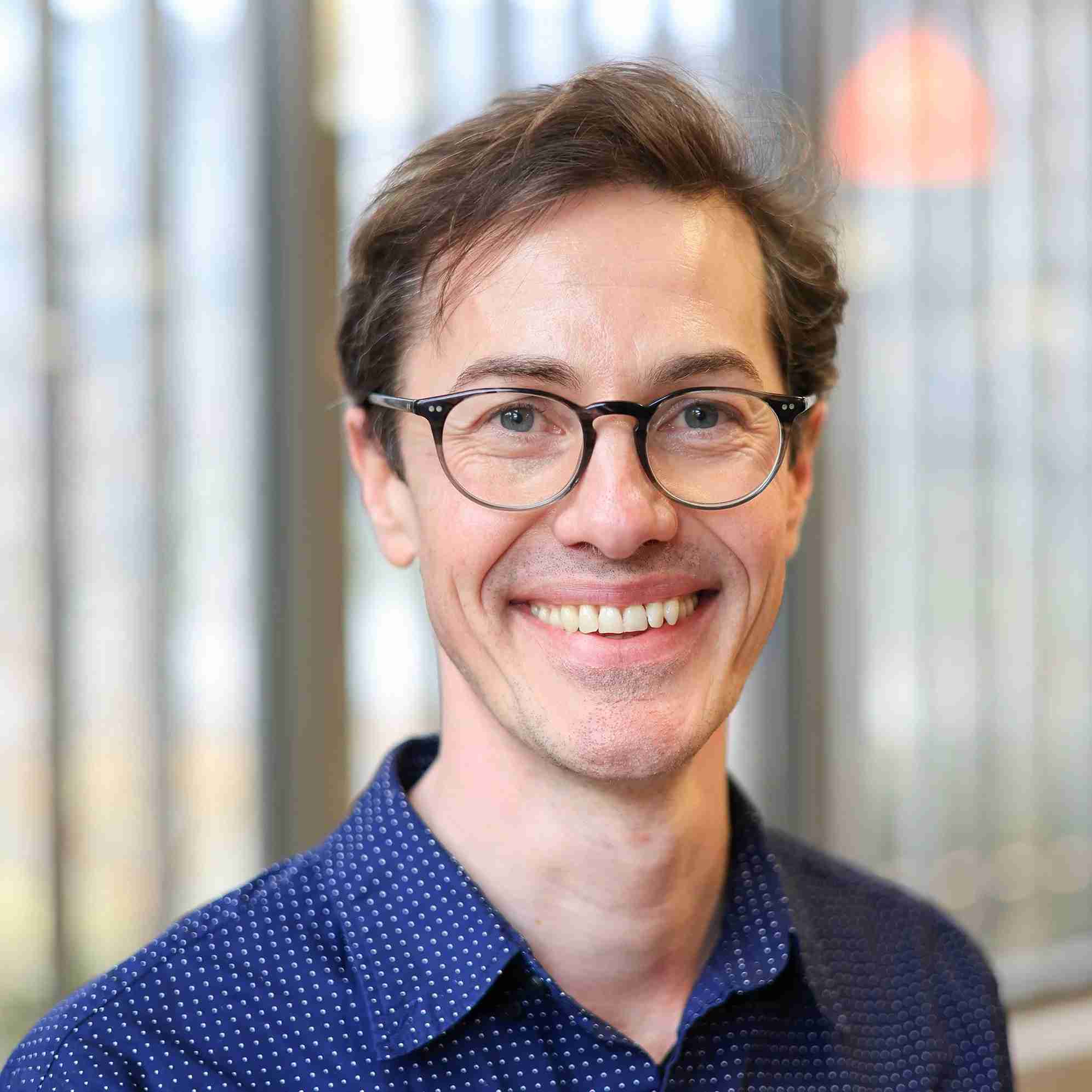

Edward is a passionate advocate of using design to improve people’s lives, he has a depth of industry experience in sustainable and resilient urban design and placemaking. He spent a decade at CABE leading initiatives to expand the organisation’s remit. Notably he established the first national body, CABE Space, to take a strategic approach to green infrastructure and help raise the quality of parks and public spaces across the UK. He subsequently led the Sustainable Cities programme, corralling expertise to support UK cities’ design responses to climate change. He is a former Policy Director at Green Alliance, the environmental thinktank, where he oversaw advocacy and engagement with the Coalition Government on progressive energy, circular economy and land use policies across BEIS and Defra. Edward joined Design Council from Innovate UK KTN, the UK’s innovation network, where as Head of Design & Innovation he delivered an unprecedented £6m of investment grants for early stage, human centred design to support companies across multiple industries, helping them to commercialised ideas to market through applying design thinking. He holds a PhD from the University of Sheffield in Values in Urban Design and Planning and has authored several publications. In his diminishing spare time, he runs around after his two boys, cycles and plays guitar, though not all at once.
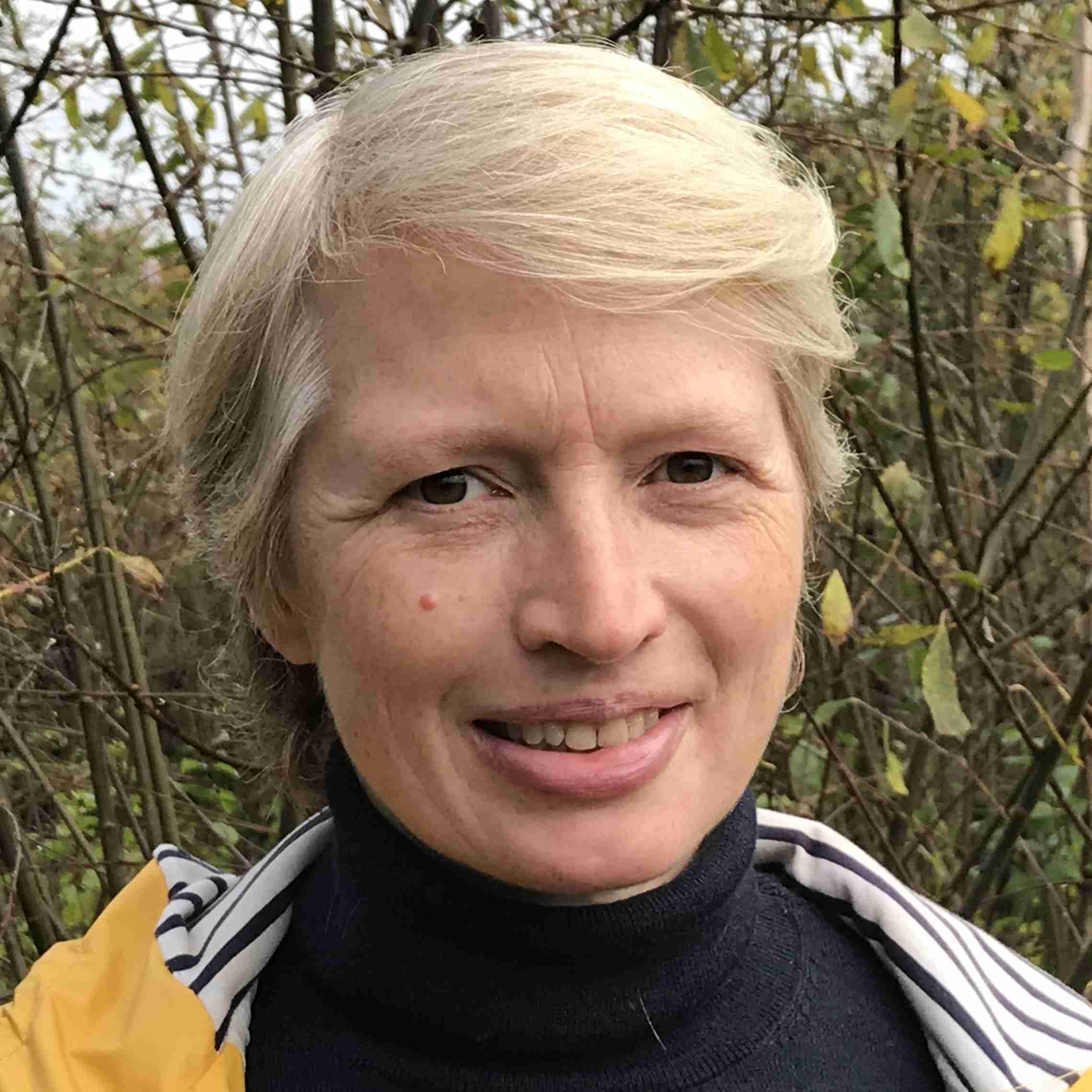

Fiona Harvey is an award-winning journalist who has covered the environment since 2004, first at the Financial Times and subsequently for the Guardian newspaper. She has written extensively on every environmental issue, from air pollution and biodiversity to ocean plastic and climate change. Her assignments have taken her as far afield as the Arctic and the Amazon, and she has attended almost every UNFCCC Cop since 2004, including reporting live from the 2015 Paris conference and the Cop26 summit in Glasgow in 2021. The long list of major world figures she has interviewed includes Antonio Guterres, John Kerry, Ban Ki-moon, Tony Blair, Jose Manuel Barroso, Noam Chomsky, Mikhail Gorbachev and Sir David Attenborough. Among numerous awards and recognitions, she has twice won the Foreign Press Association award for Environment Story of the Year; the British Environment and Media Awards journalist of the year; the 2022 global Society of Environmental Journalists outstanding beat reporting award for Cop26; a prestigious Covering Climate Now award in 2024; and in 2020 she was named in the Woman’s Hour Power List of 30 top UK women, focusing on Our Planet.
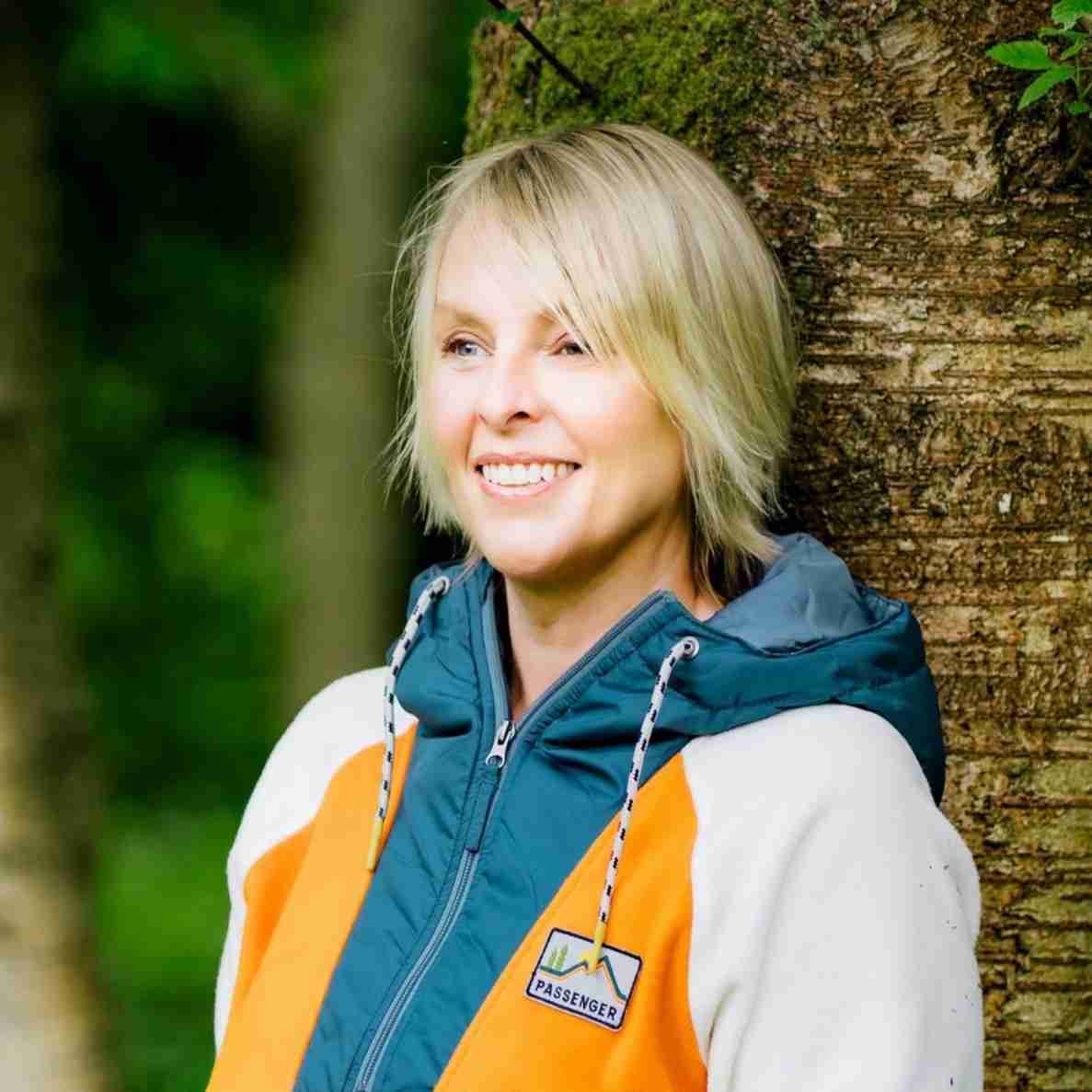

Gillian Colhoun is a strategist, writer, and nature-connection specialist based in Northern Ireland. She is Strategic Development Manager for Future Island–Island, an Arts & Humanities Research Council Green Transition Ecosystem incorporating design, circularity, heritage, and community sustainability. Through her parallel practice, Kindlings, she works as a certified trainer in forest therapy and nature-connection, grounded in ecological psychology, public health, and contemplative science. Gillian has collaborated with local Health Trusts to embed these approaches in mental-health interventions, testing how nature can act as an active agent in design. Her focus is on how more-than-human frameworks can support biodiversity, wellbeing, and community resilience.


Dr. Graeme Heyes is the Director of Sustainable Innovation at Litmus Sustainability and the Founder of the Manchester Doughnut Economics community. He has over 15 years of expertise in helping organizations understand their sustainability challenges and think creatively about thriving in a low-carbon economy. His career is built on a portfolio of work with a diverse range of over 300 clients from the European Commission to major international clients, SMEs, and local community groups.Formerly a Senior Lecturer in Strategic Sustainability and Systems Design, Graeme's multi-award-winning work includes the 2023 European SDG Initiative of the Year and the UK Net-Zero Business Collaboration of the Year 2023, and his sustainability training has been recognized by the UK Government as the ""Gold Standard in Green Skills Training."" His experience spans circular economy, eco-design, Doughnut Economics, Carbon Literacy, environmental management, carbon accounting, business model innovation, and strategic innovation. Graeme is deeply passionate about sustainability and sustainable practice and has written and spoken widely on these themes through a range of talks, lectures, keynotes, and writings.


Harry has spent the last eight years focused on design research and innovation, and is particularly interested in how purposeful creativity disrupts systems of thought, reframing problems and combining ideas across disciplines. He has commissioned and managed a number of design research and innovation programmes, including the Design Museum’s Future Observatory, Innovate UK’s Design Foundations competition, and the Catapults’ Design to Deliver programme. He is currently Head of Design at Innovate UK Business Connect.
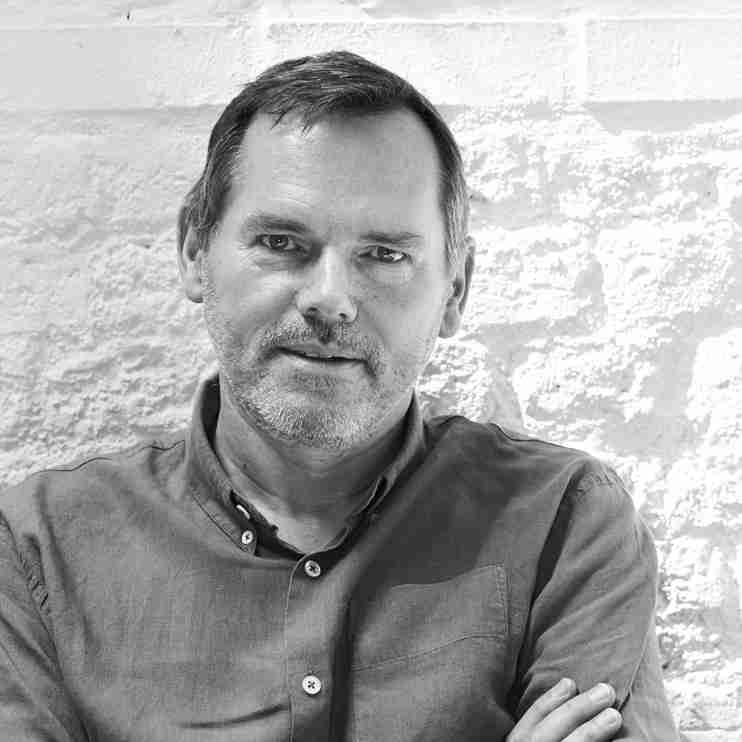

Born in Northumberland in 1959, Ian Cartlidge is co-founder of Cartlidge Levene, one of the UK’s most respected graphic design studios. After spending his early years working at Conran Associates and later at the Habitat catalogue, Ian formed a partnership with Adam Levene in 1987. Cartlidge Levene are best known for their award-winning wayfinding and signage projects for clients such as Tate Modern, The Design Museum, Barbican Arts Centre, V&A Dundee, Royal College of Art, Selfridges & Co and Guardian News and Media. Cartlidge Levene's wayfinding and signage within the cultural sector, greatly contributes to the creation of positive visitor experience's at some of the world’s most visited museums and galleries. This work is characterised by a close engagement with both the client and users and is achieved by establishing creative relationships with many leading architects. Ian and his studio are also renowned for their work in the areas of printed communication, identity and environmental graphics for clients including Eye magazine, Derwent London, The British Museum and Westminster Abbey. Cartlidge Levene have received multiple awards including D&AD, Design Week and the International Society of Typographic Design (ISTD). Ian became a Royal Designer for Industry in 2013.


Indy is co-founder of Dark Matter Labs and of the RIBA award winning architecture and urban practice Architecture00. He is also a founding director of Open Systems Lab, seeded WikiHouse (open source housing) and Open Desk (open source furniture company).Indy is a non-executive international Director of the BloxHub, the Nordic Hub for sustainable urbanization. He is on the advisory board for the Future Observatory and is part of the committee for the London Festival of Architecture. He is also a fellow of the London Interdisciplinary School.Indy was 2016-17 Graham Willis Visiting Professorship at Sheffield University. He was Studio Master at the Architectural Association - 2019-2020, UNDP Innovation Facility Advisory Board Member 2016-20 and RIBA Trustee 2017-20.He has taught & lectured at various institutions from the University of Bath, TU-Berlin; University College London, Princeton, Harvard, MIT and New School. He is currently a professor at RMIT University.He was awarded the London Design Medal for Innovation in 2022 and an MBE for Services to Architecture in 2023.


James is a sustainability strategist and systems thinker with twenty-five years’ senior management experience in sustainable finance and business. He has provided leadership for organisations and projects and served on a wide range of business and charity boards and governing bodies.Through RePattern, James is a strategy advisor to a number of regenerative agriculture-tech companies and has led the development of the WWF Nature-based Solutions Accelerator. James was previously Group Director of Strategy for Triodos Bank – Europe’s leading international sustainable bank and investment manager. In his career at Triodos, James set up and managed the UK investment business comprising corporate finance and crowdfunding services, venture capital fund management and fund distribution.
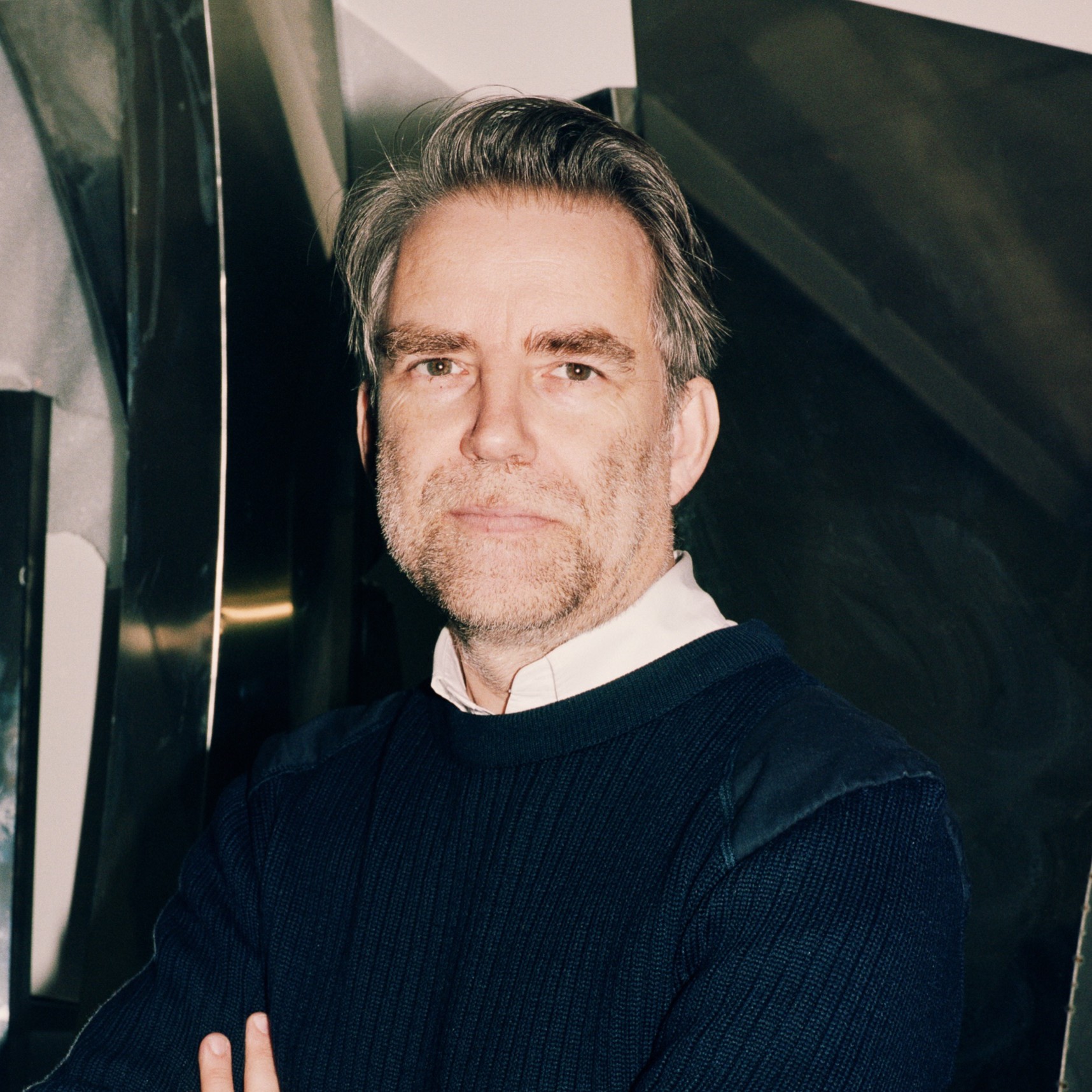

Jan Boelen is a curator of design, architecture, and contemporary art. He is the artistic director of Atelier LUMA, an experimental laboratory for design in Arles, France. Boelen studied Product Design at Genk and is the founder and former artistic director of Z33 – House for contemporary art in Hasselt, Belgium. He was founder of the Master Social design at the Design Academy of Eindhoven till 2020 and Rektor of the Karlsruhe University of Arts and Design from 2019 till 2023. In 2014 he curated BIO50, the design biennial of Ljubljana in Slovenia. He was curator of the 4th Istanbul Design Biennial in Istanbul (2018) and initiated Manifesta 9 in Belgium (2012). Lastly, Boelen curated the Lithuanian Pavilion Planet of People in the Venice Architecture Biennial (2021).Over the years he has been fashioning projects and exhibitions that encourage the visitor to look at everyday objects in a novel manner.Boelen recently edited Social Matter, Social Design: For Good or Bad, all Design is Social (Valiz, 2020), and Muller Van Severen: Dialogue (Walther Koenig, 2021) and Atelier Luma, Bioregional design practices (Luma, 2023) His writing addresses the implications of design in everyday life and how artistic practices can shape the discipline.
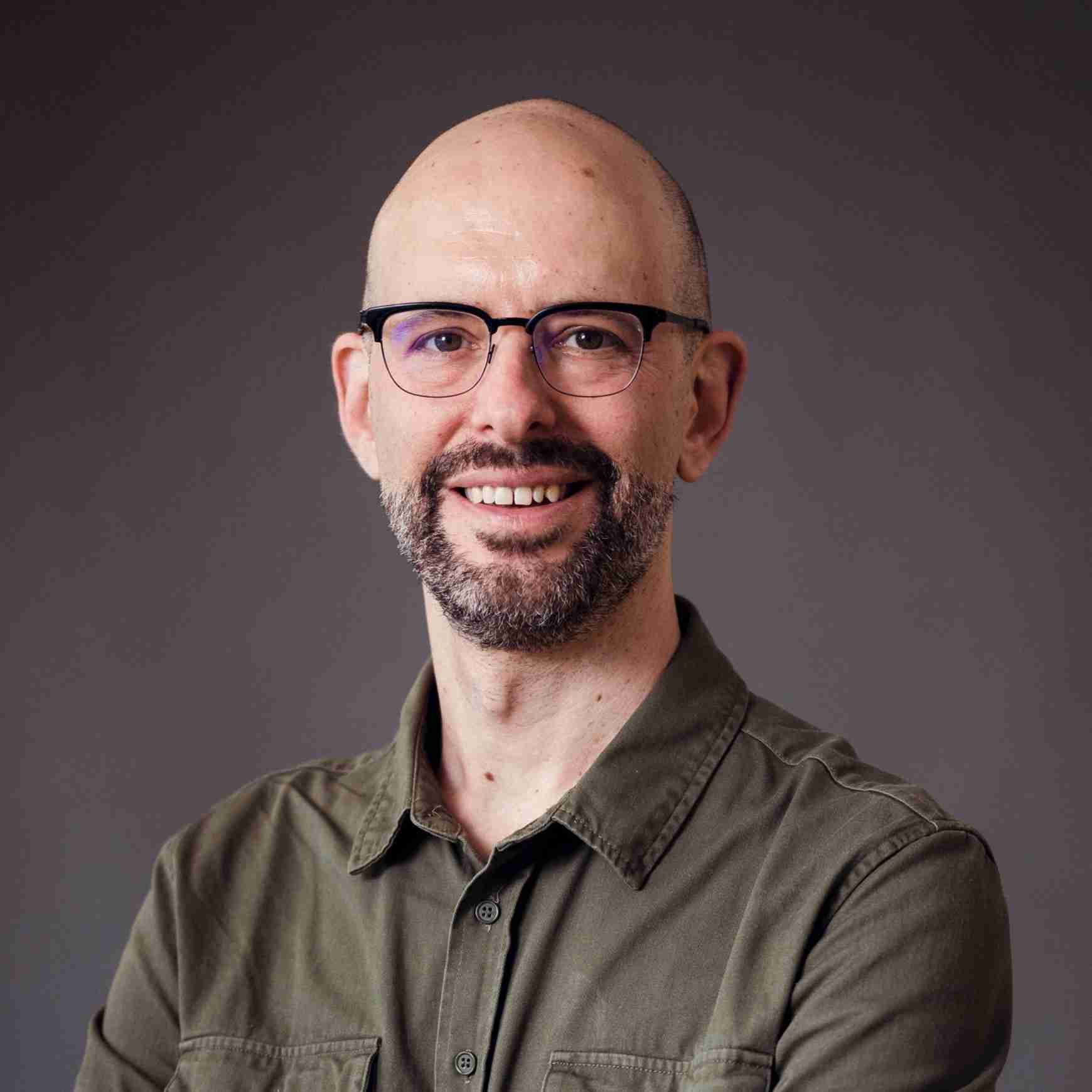

Jason is Managing Director at Magnetic, a growing B Corp of designers and innovators on a mission to design better futures. His work involves partnering with nationals and multinationals, including Google, Santander, adidas, Samsung, Transport for London and the UK Government to innovate and create meaningful impact for businesses, customers, employees and the planet.He started his career as a journalist, just as the media industry was being digitally disrupted, with senior roles at the BBC and The Economist, and has used this experience to help guide companies in other industries through their own disruption. He’s also never put away his journalistic skills of curiosity, listening to people, researching, uncovering the insights and using storytelling to inspire people to feel something and take action.


gujn
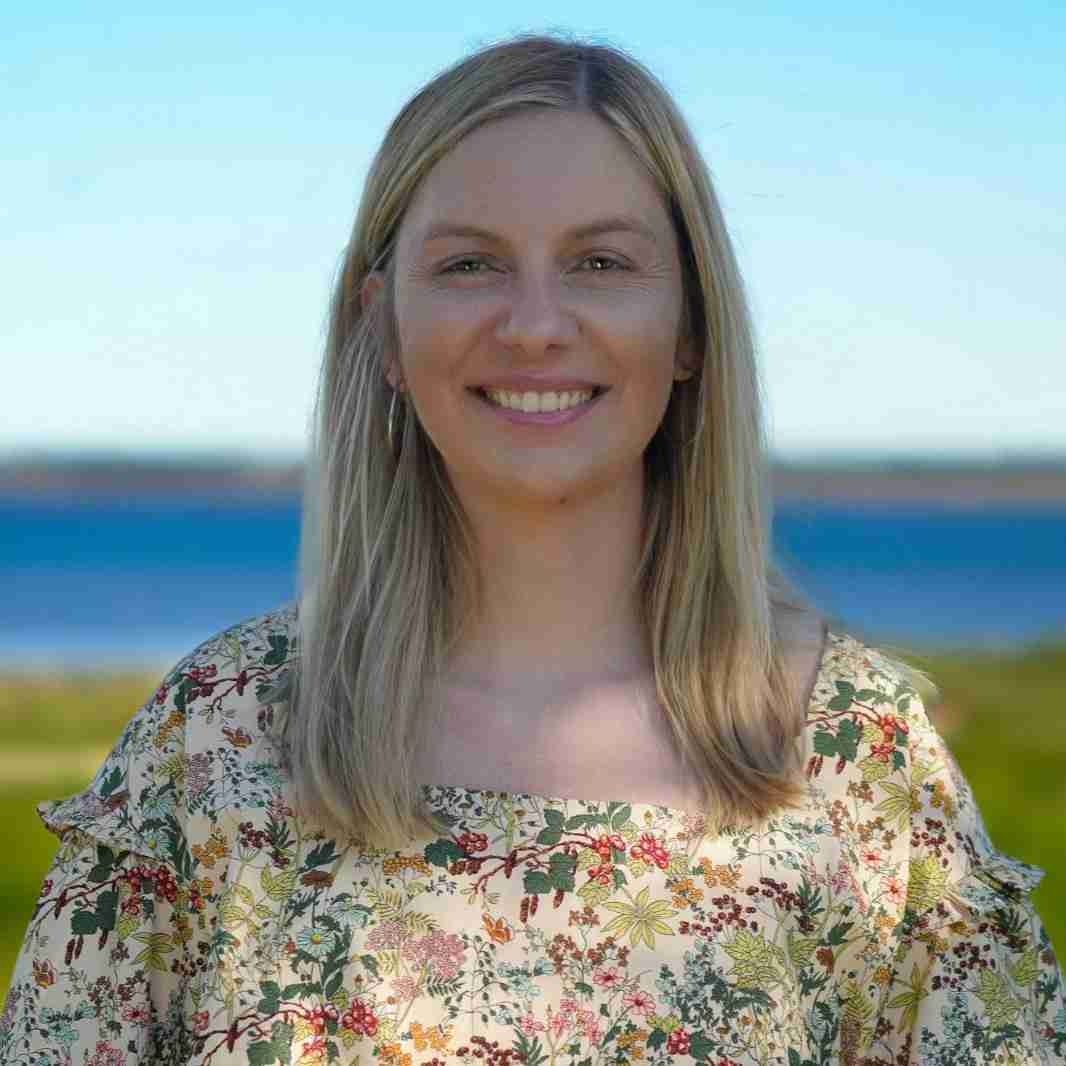

Dr Jen Ballie holds a dual appointment as Head of Design Research at V&A Dundee, a Design Museum, and as a Reader at DJCAD, University of Dundee. Jen is a PhD graduate from UAL’s Centre for Circular Design, whose research explores social innovation within fashion and textiles to re-think future systems and practices.She has over 15 years of creative leadership at the intersection of design research and sustainability. Her expertise spans various design-led innovation projects and programs. Currently, she is a Co-Investigator in two multimillion AHRC projects: one focusing on a Creative Economy Cluster ‘InGAME’ centered around Video Games and the other ‘Design HOPES’ which explores climate-responsive design interventions for healthcare contributing to the Design Museum’s Future Observatory.Jen is a member of the Design Research Society and the European Academy of Design, and her contributions to the field are internationally recognized through her publications on design research.


Jo Barnard is the Founder and Creative Director of the product design and innovation consultancy Morrama. From the early strategy through to manufacturing and distribution, Jo works with brands looking to challenge what has come before and make the world better through design. Her design approach is rooted in storytelling, resulting in products that intuitively resonate with users in categories from tech to packaging. Jo believes in the power of design and innovation to accelerate our transition to a sustainable future and is co-director of the not-for-profit Design Declares. Jo’s award-winning work has been featured in The Times, Fast Company, Forbes, and Dezeen. She has been named one of the top 10 women to watch in tech and STEM. Outside of her work at Morrama, Jo is a mentor, speaker, and former Associate Lecturer of Design Futures at RCA.
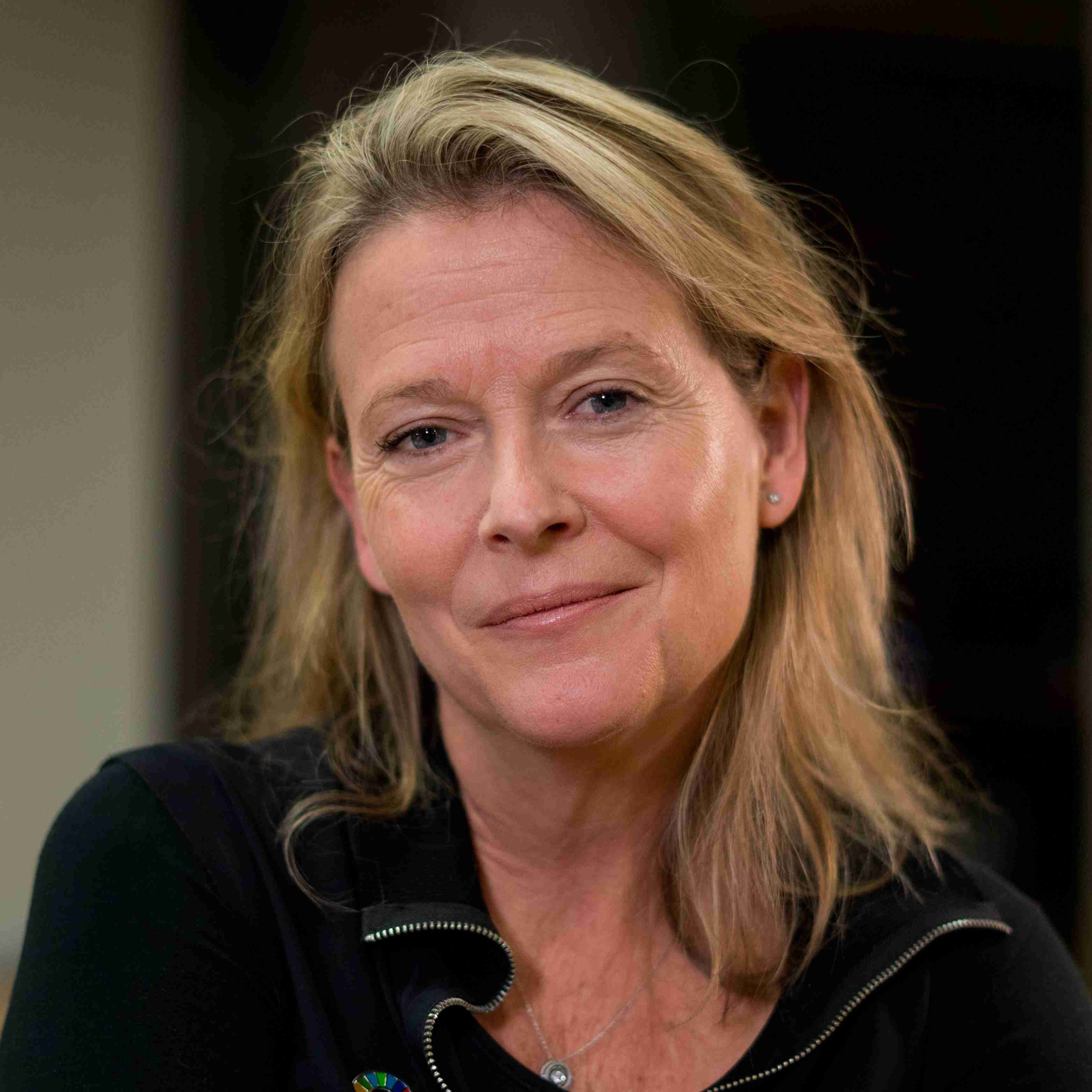

Jo da Silva has earned global recognition as an engineer and designer, pioneering new approaches and creating interventions that support building resilience of cities, infrastructure, and communities. Her work has included helping communities to prepare for and recover from natural and man-made disasters, to designing kindergartens in Ghana, addressing flood risk in informal settlement in Bangladesh to developing the city resilience framework which has been used in over 150 cities globally. She is currently Global Sustainable Development Director at Arup championing creating safe, resilient and regenerative places through Total Design. She was awarded Dame Commander of the British Empire for services to engineering and international development, the Gold Medal by the Institution of Structural Engineers for her work on resilience and was made a Royal Designer of Industry in 2021.
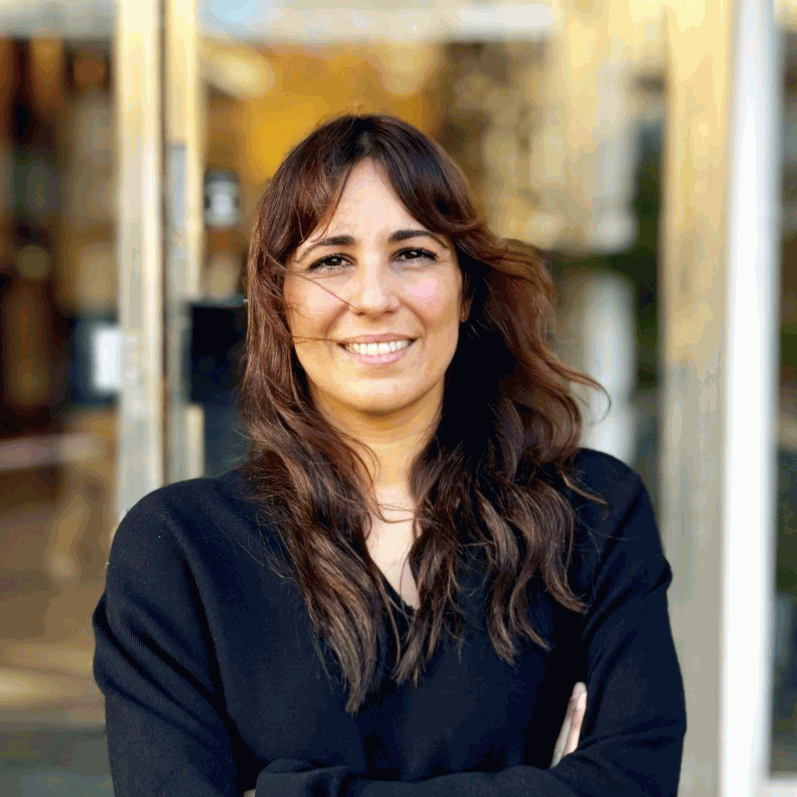

Joana Sá Lima is an architect with international experience at the intersection of innovation, research, and architecture. She began her career with OMA–Rem Koolhaas and, in 2008, co-founded CONDITIONS, an award-nominated Scandinavian architecture magazine. Since 2012, she has co-led Comte Bureau, a multidisciplinary innovation studio shaping architecture, products, services, and policy with—and for—people and the planet. Most recently, with Comte Bureau, she published A Human Approach to Architecture and co-founded InnoArch, a New European Bauhaus partner driving sustainability and innovation in architecture.


Joanna Choukeir is Director of Design and Innovation at The RSA, and is responsible for championing how design and innovation is applied across the RSA community and policy and impact work to transition systems to be more regenerative for people, places and planet. She is a leading life-centric designer with four hats: practitioner, researcher, thought leader, and educator; with 20 years of experience in the UK and Lebanon.Prior to joining the RSA, Joanna was Health Director at FutureGov (now TPX Impact), and had spent 10 years co-leading Uscreates – a pioneering design agency for health and wellbeing – through growth and onto acquisition. Before that, Joanna worked in advertising and industrial design sectors for global corporate clients.In 2015, Joanna completed a PhD on design for social integration at the University of the Arts London. Alongside leadership, research and practice, Joanna is a PhD supervisor and visiting lecturer at the Royal College of Art, University of the Arts London, Ravensbourne University and Kingston University. She is also founder of micro-social enterprise Design My Family Tree.
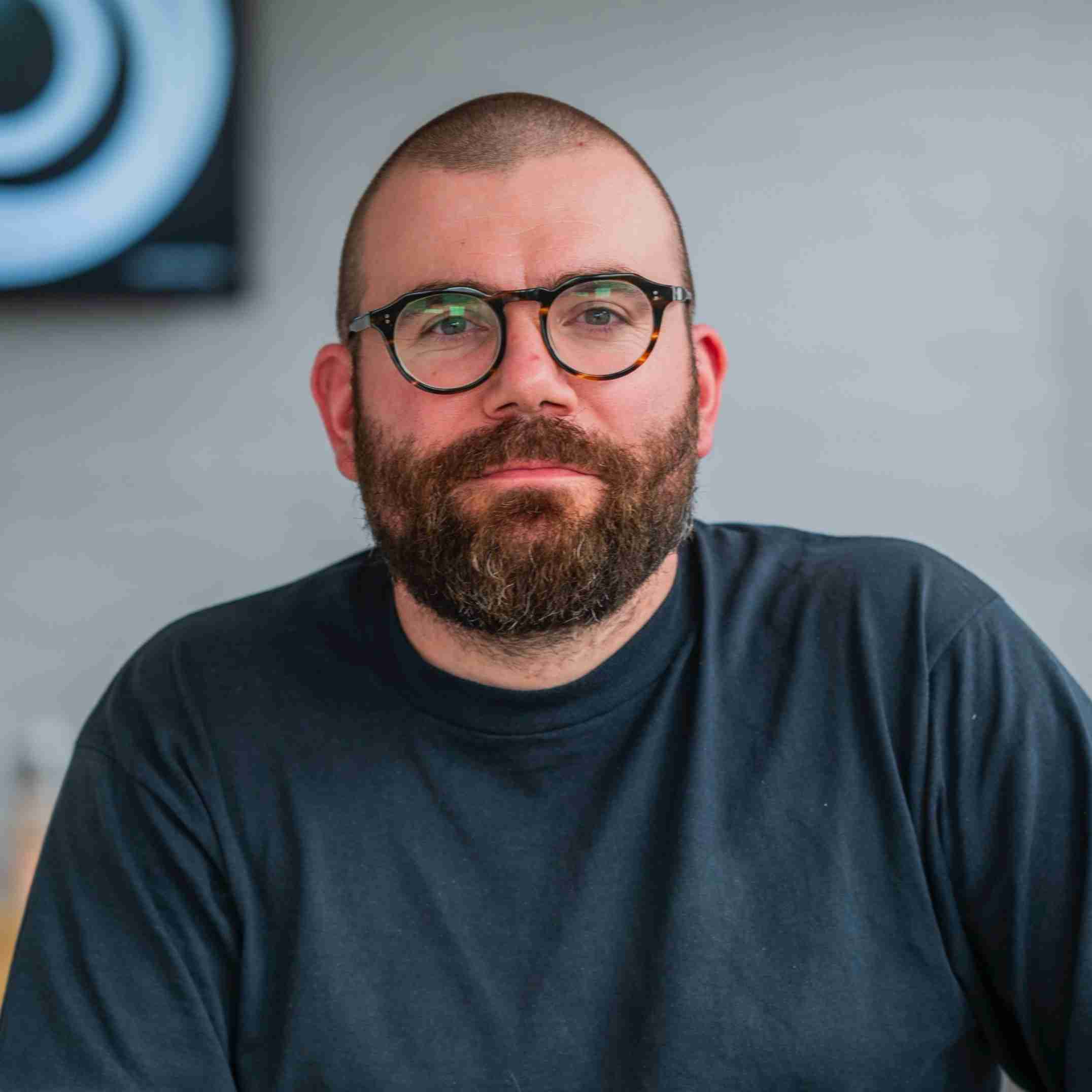

Joe works with global businesses, educators, and creatives to embed circular economy principles into design practice. He helps shape tools, resources, and collaborations that enable designers to rethink products, services, and systems for a regenerative future. Since joining the Foundation in 2011, Joe has worked at the intersection of circular economy theory and practice, demonstrating how design is a powerful lever in accelerating the transition to a circular economy.
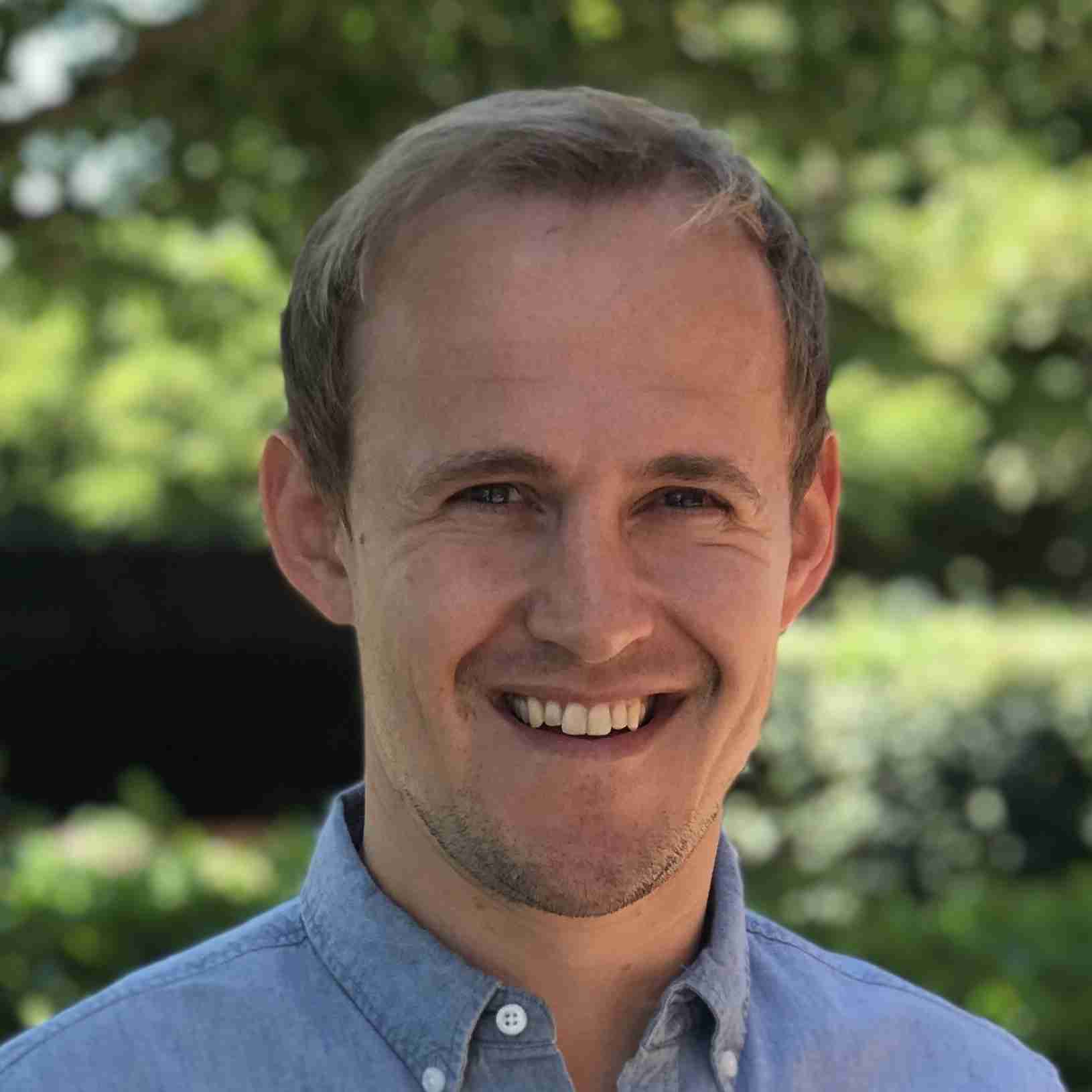

Johan du Plessis is the CEO of tepeo, a UK based ClimateTech business revolutionising the low carbon heating market. tepeo is a UK based ClimateTech business that is tackling the decarbonisation of domestic heating. Its industry leading ZEBis a smart heat battery that serves as simple plug ‘n’ play gas or oil boiler replacement. tepeo’s suite of products and services make it easy for consumers to switch over to low carbon heating for their home and fills a huge gap in the market, particularly for homes where heat pumps are not feasible, suitable or desirable. tepeo’s products are designed, engineered and manufactured in the UK.
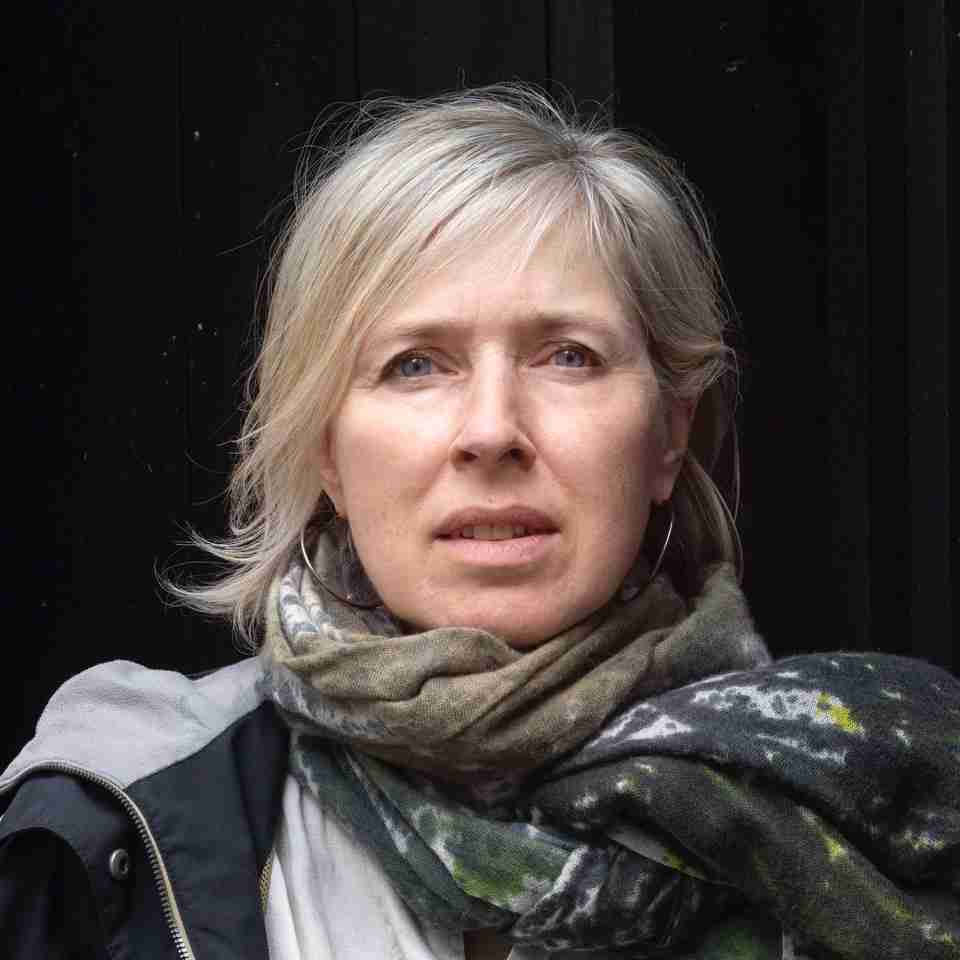

Johanna is a Landscape Architect, Founding Partner of J&L Gibbons established in 1986 and Founding Director of social enterprise Landscape Learn.Jo is a Fellow of The Landscape Institute and the RSA, and a core Research Partner of Kings College London focusing on nature and mental wellbeing. She has an international profile as a member of the Scientific Committee for the World Forum on Urban Forests, and as a design juror The Holcim Foundation dedicated to accelerating the global movement for sustainable design. Her many award-winning projects span urban regeneration and estate planning to cemeteries, cathedrals and museums of international significance.Johanna is a Royal Designer for Industry awarded for her ‘pioneering and influential work combining design with activism, education and professional practice’, and alongside her practice, has been elected as the next Master of the Faculty, the first Landscape Architect in this highly prestigious role.
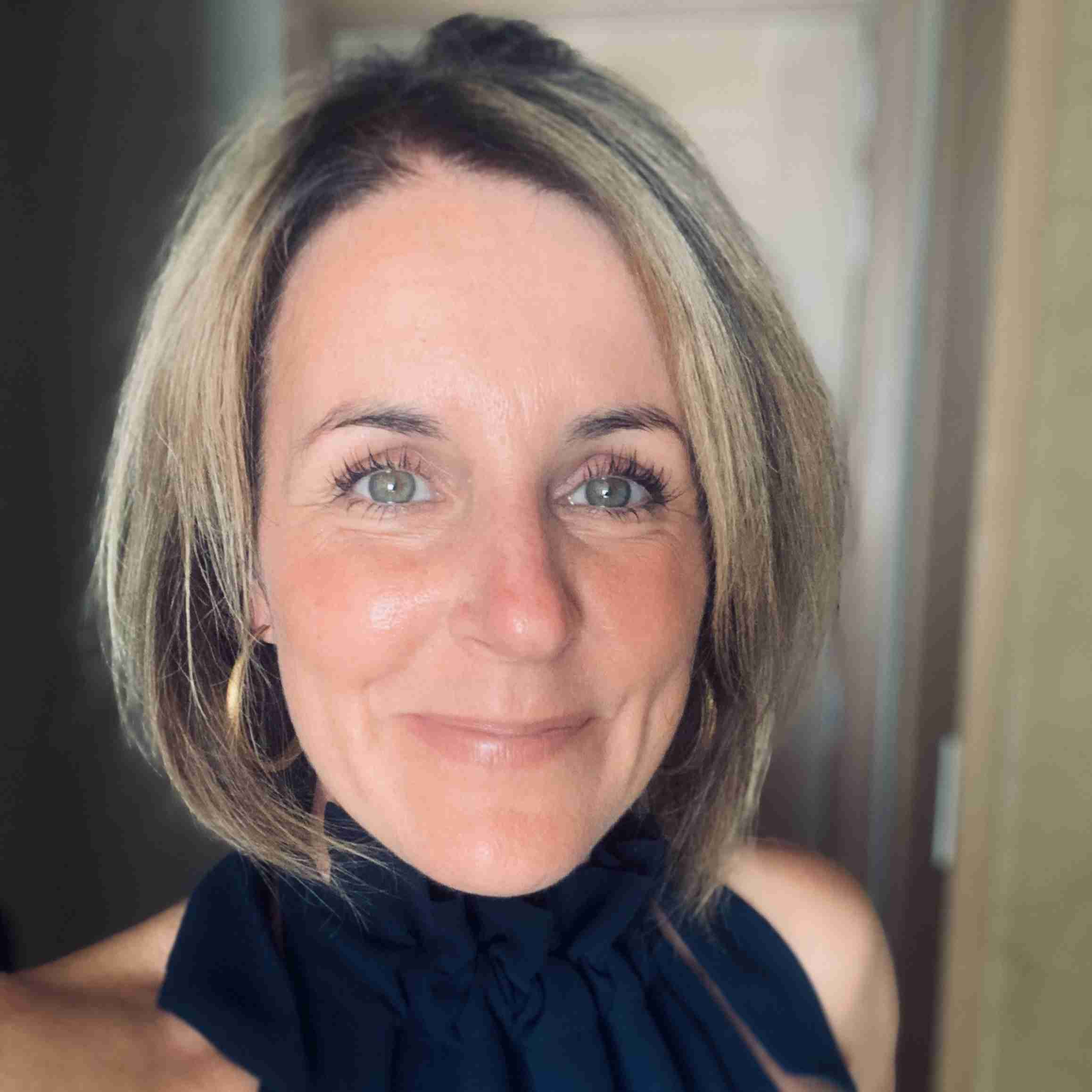

Jonquil Hackenberg is the Chief Executive Officer of the Ellen MacArthur Foundation, a charity founded in 2010 to accelerate the transition to a circular economy. She brings over 20 years of experience in climate response and business transformation to her role.Before joining the Foundation in November 2024, Jonquil was CEO of Eunomia Research & Consulting. Her career also includes significant roles at PA Consulting where she served as Global Head of Sustainability and Climate Response, and a 13-year tenure at Infosys which culminated in the position of Global Head of Sustainable Business.
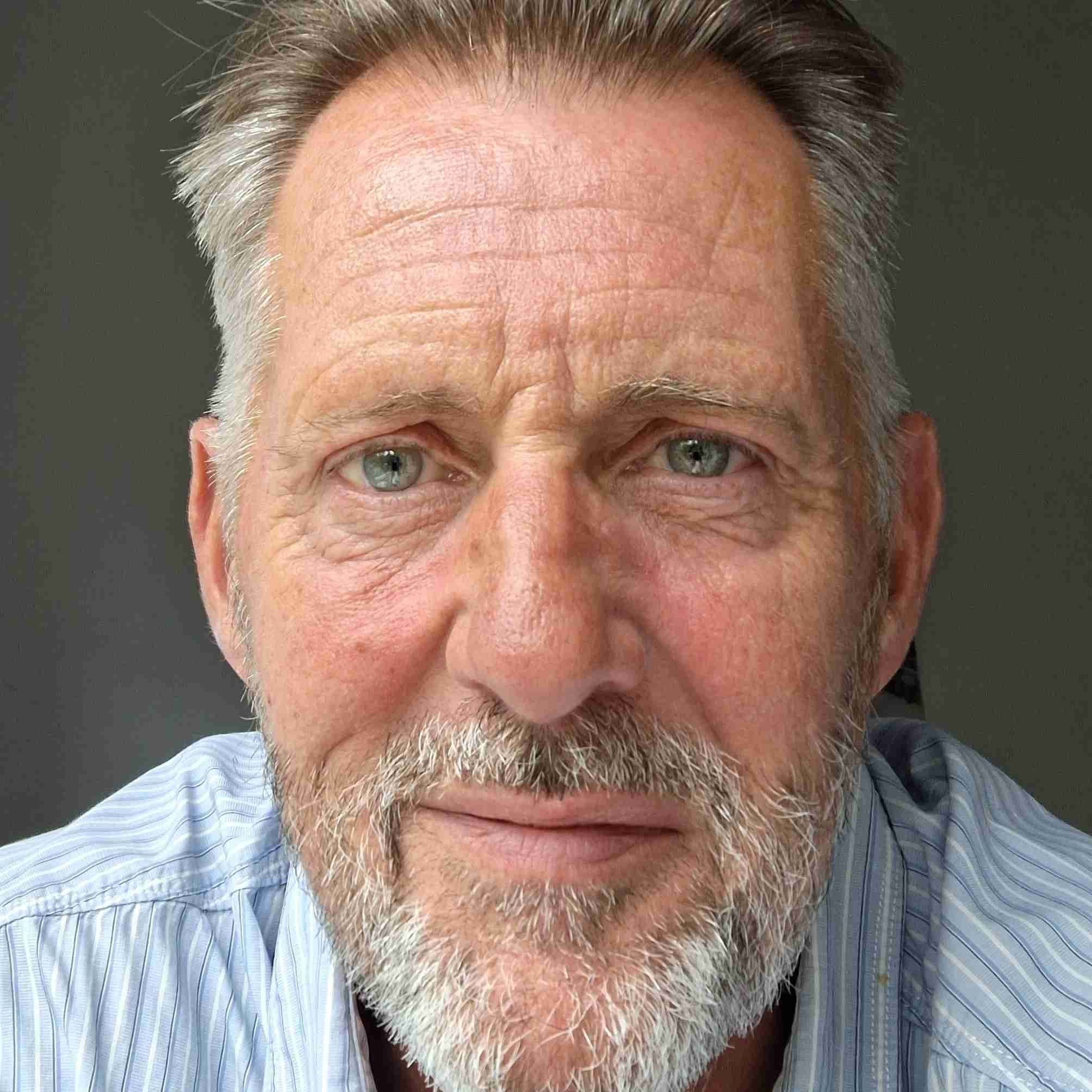

A creator who has dedicated his career to innovation in product and service development. Having secured a degree in Production Engineering from the University of Cambridge, Joss entered the Royal College of Art to study industrial design and to give wings to his ideas. This led to professional consultancy in London and then his own practice, which ran for 30 years. His time is now focussed on projects with Innovate UK, guiding projects on their innovation journey. Otherwise, he will be found in nature, up mountains, exploring new frontiers and experiences.


Julia Watson, Australian-born and of Greco-Egyptian descent, is a connoisseur of localized traditional ecological knowledge. She is the author of the 'Lo—TEK, Design by Radical Indigenism' (Taschen, 2019), which showcases the soft, earth-based technologies of Indigenous peoples the world over. Julia has travelled the world over to understand these technologies and respectfully share the messages of their makers with the world. Watson grew up in Australia, where aboriginal science and knowledge is not only acknowledged in the school system but systematically integrated into university curricula. She is thus driven to steer other nations towards properly respecting and integrating Indigenous knowledge into the “mainstream.” She studied landscape architecture at Harvard, taught for over a decade at institutions like Columbia, Harvard and RISD, cofounded the Lo—TEK Institute, and runs a design studio in Brooklyn, New York.


Julie Hjort is the COO at the Danish Design Center and spearheads the Center’s mission to accelerate the transition to a circular economy through design. She has been a driving force in developing a design-based approach to mission-oriented innovation, which she has applied at the DDC and in external partnerships to tackle sustainability challenges. For over a decade, Julie has worked with design, innovation, leadership and transformation in interdisciplinary and public/private partnerships.Julie is Chair of Maker, an association for physical entrepreneurship that runs an urban prototyping lab in Copenhagen. She is a seasoned speaker on the topic of circular transformation and mission-oriented innovation. Julie was profiled as a prominent circular designer by the Ellen MacArthur Foundation (fall 2023). Julie holds an MA in Contemporary Culture and Dissemination from the University of Copenhagen.


Justin McGuirk is the director of Future Observatory, the national design research programme for the green transition, a partnership between the Design Museum and the Arts and Humanities Research Council. He is also the former chief curator of the Design Museum. A writer and curator, he has produced numerous high-profile exhibitions and publishing projects. His writing has appeared in the New Yorker, the Guardian, e-flux and many other art and design journals. He is the author or editor of ten books, including Radical Cities (2014) and More than Human: Making with the Living World (2025).
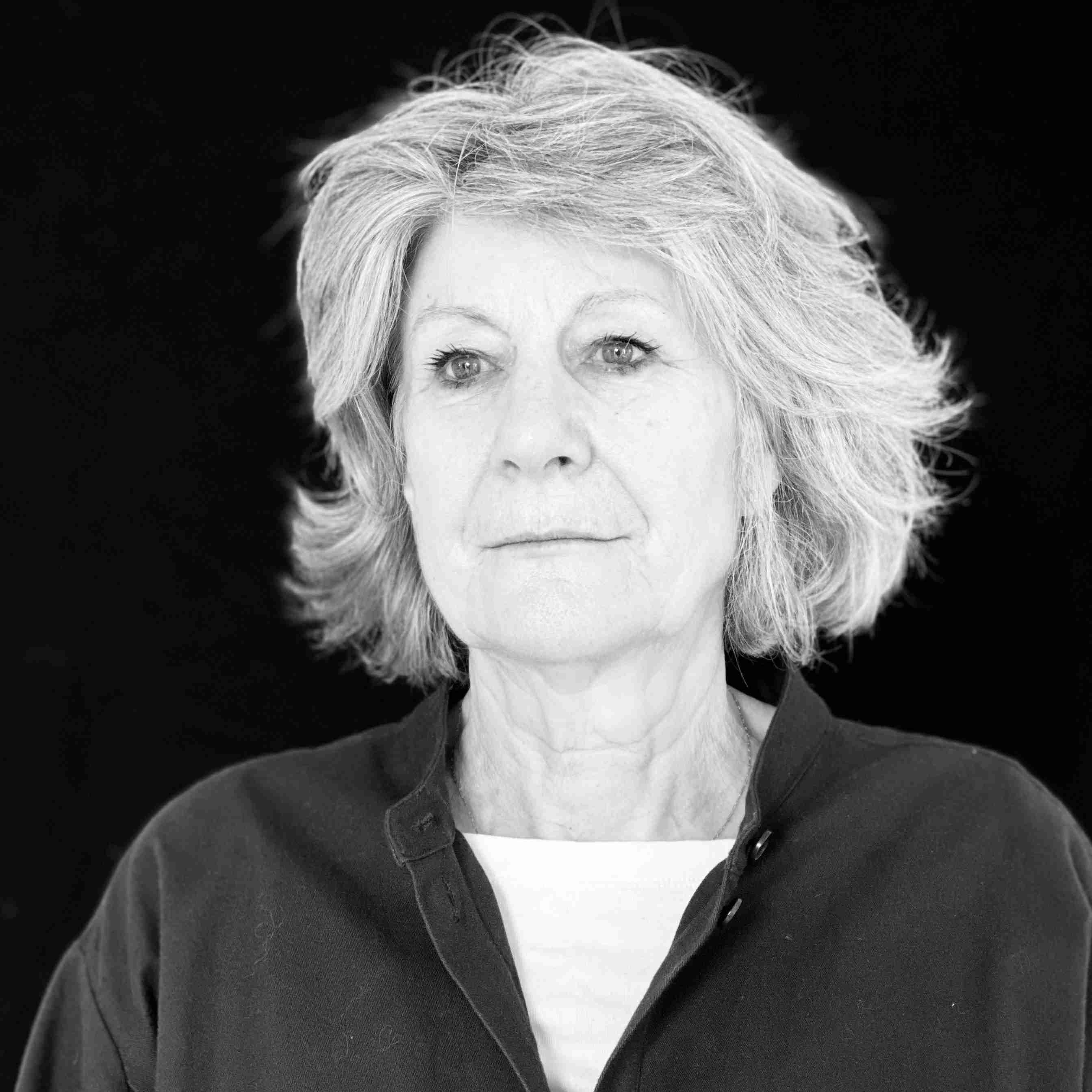

Karen Nicol is a London based mixed media and embroidery textile designer/artist working in fashion, interiors and gallery.
Karen has designed and produced interior textiles for many clients including the King of Qatar, Chanel, the Pope, Estee Lauder and Gwyneth Paltrow. Karen also creates own-label collections of home pieces for many companies internationally.
In Fashion Karen has created concepts, designs and finished pieces of embroidered clothing for ready-to-wear and couture fashion, working with many fashion design houses including Schiaparelli, Alexander McQueen, Jasper Conran and Giles Deacon. .
Since 2010 Nicol’s large embroidered, painted and sculpted art pieces have been exhibited and sold in galleries and art fairs all over the world with solo shows in London, Paris and New York.
Karen was founder, senior lecturer and visiting professor of the Mixed Media MA course at the Royal College of Art, London.
In 2015 Karen was made an RDI, a Royal Designer for industry one of only 200 in the world.
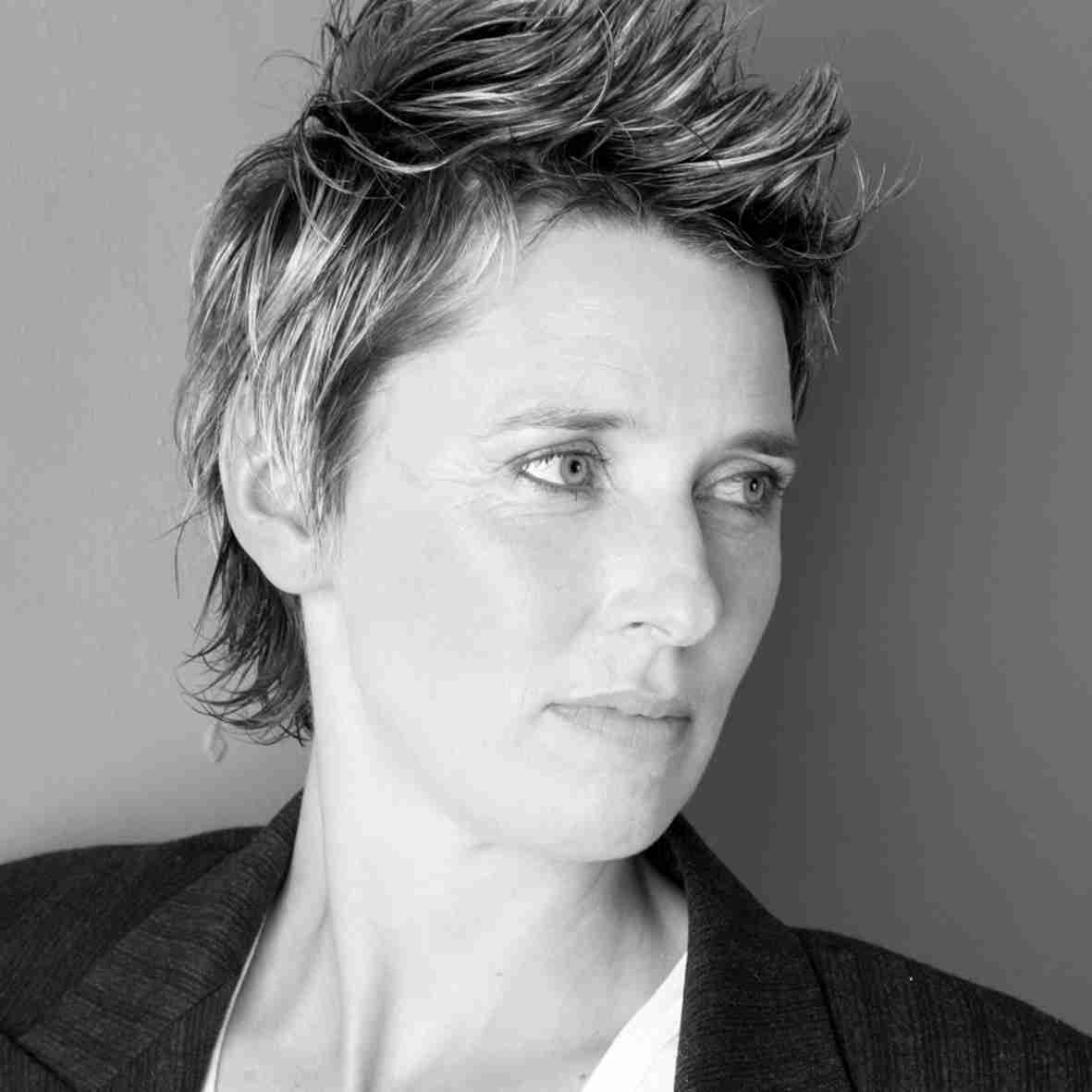

Kate Blee was born in London, and studied at Edinburgh College of Art between 1980 and 1984. She lives and works in London. Her paintings onto textiles are internationally known through exhibitions, installations and commissions. Her designs have been translated into rugs and tapestries, screen print, and weave fabrics and wallpaper. She has been Lead Artist for public buildings both for installations, colour work and art-commissioning. She is a passionate materialist and colourist, working in clay and timber, as well as onto paper and cloth. Her work has a close relationship and reference to domestic life and site specificity. It is robust, tactile and active; and challenges the idea that the art-work and the viewer should be separated.
In 2015 she was awarded Royal Designer for Industry by the Royal Society of Arts. She is currently the Welcome Space artist for the new 3Ts hospital in Brighton now in construction, and developing a new body of studio work in clay, cloth and on paper.


Kate Raworth is an ecological economist and creator of the Doughnut - a concept that aims to meet the needs of all people within the means of the living planet - and Co-founder of Doughnut Economics Action Lab.Her internationally best-selling book 'Doughnut Economics: seven ways to think like a 21st century economist' has been translated into over 20 languages and has been widely influential with diverse audiences, from the UN General Assembly and Pope Francis to Extinction Rebellion. Kate is a Senior Teaching Fellow at Oxford University’s Environmental Change Institute and Professor of Practice at Amsterdam University of Applied Sciences.Over the past 30 years, Kate’s career has taken her from working with micro-entrepreneurs in the villages of Zanzibar to co-authoring the Human Development Report for UNDP in New York, followed by a decade as Senior Researcher at Oxfam. She holds a first-class BA in Politics, Philosophy and Economics, and MSc in Economics for Development, both from Oxford University and has honorary doctorates from the University of York, University College Dublin, KU Leuven, and Business School Lausanne.
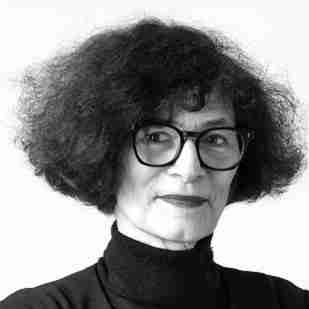

Kathryn is an architect and urban designer whose passion for creating thriving urban places spans some 30 years, working in cities around the world with diverse spatial, social and economic contexts.Prior to joining Arup, Kathryn was Urban Design Director at several practices in the UK and the US. She was the Chief of Design at the London Legacy Development Corporation, where she directed teams of architects, landscape architects, planners, and engineers to realise the Olympic Legacy. She has led masterplanning and urban regeneration projects across the UK, the US, Europe and the Middle East. These have ranged from public realm improvements to brownfield site development of several thousand hectares.Kathryn is committed to a productive exchange between the practice of urban design and academic research and is a proponent of a multi-disciplinary approach that ensures collaboration across design, development and socio-economic disciplines. She has ongoing involvement in topical research including social and environmental resiliency in town centres, investigations into typologies and morphologies that support land use intensification in urban and suburban contexts and the intersection of healthcare and urbanism.Kathryn serves on several design review panels and is a Mayor’s Design Advocate. She holds a Masters of Architecture in Urban Design at Harvard University’s Graduate School of Design, where she has been teaching over the past 5 years. She also teaches regularly at the Bartlett, UCL.
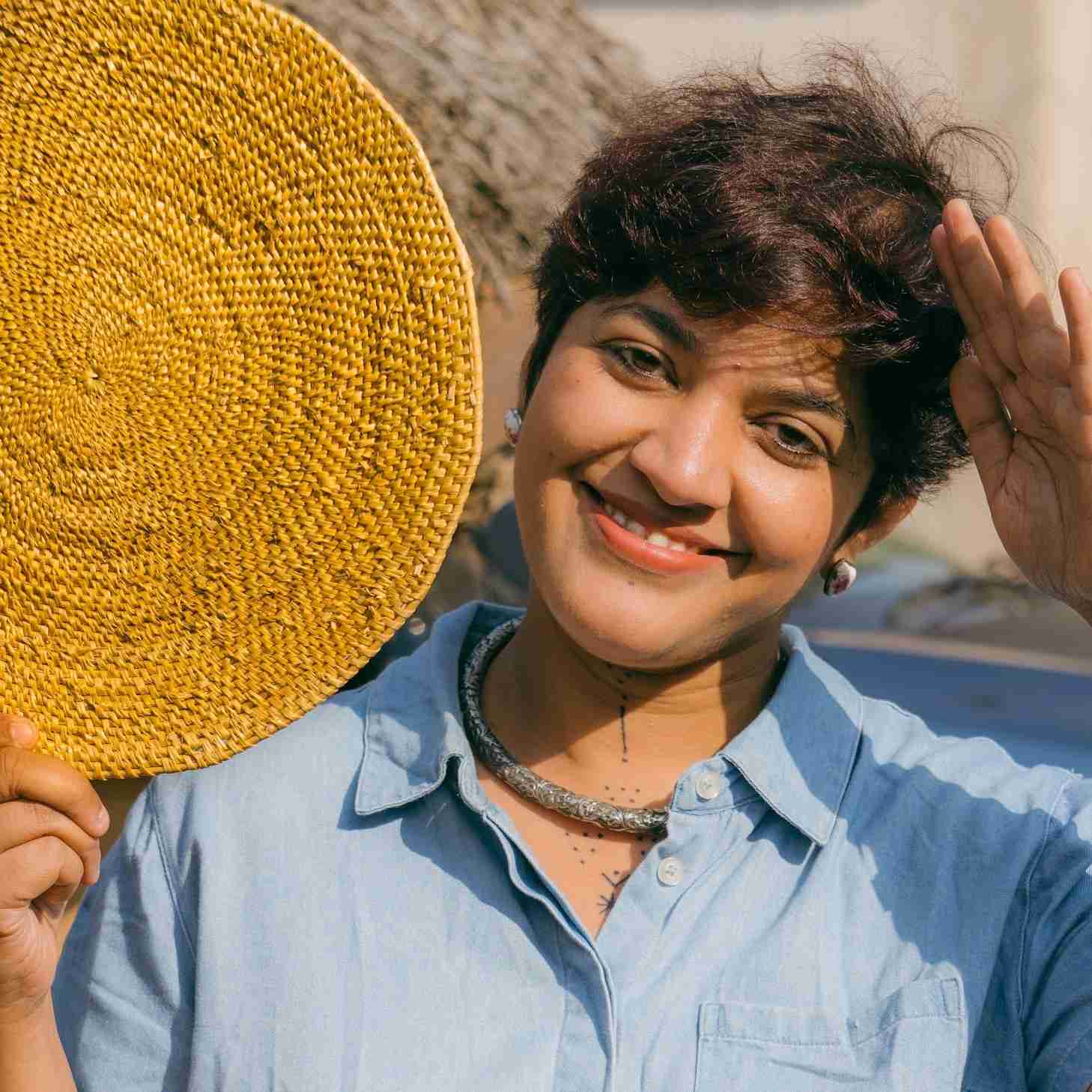

Kavya Saxena is a two-time TEDx speaker and the Head of Khamir, a premier grassroots organization in Kachchh, India’s largest district bordering Pakistan. At Khamir, she leads work with over 5,000 artisans across multiple communities, strengthening value chains and sustaining diverse craft-based livelihoods.A social entrepreneur, she has also pioneered projects such as the Koraput Turmeric initiative with the vulnerable tribes in India, now a case study at TISS Mumbai and a partner with the United Nations. Formerly a corporate professional she transitioned from city boardrooms to rural India, where she continues to bridge indigenous knowledge, crafts, and cultures with contemporary markets.Kavya has been published and featured widely in media and is conferred as LinkedIn 30 and 30 under Leaders, among others. She also serves in leadership roles with Federation of Indian Chambers of Commerce and allied platforms, and brings her experience as a curator, and strategist to the craft and livelihood sector.


Kyle’s work centres around product and service design, facilitation, and community-building with a strong interest in complex adaptive systems, regenerative practice, participatory democracy, and community engagement. Currently, he is the Partnerships & Product Manager at B Lab UK, the non-profit supporting the B Corp mission to transform the economic system. With a First-Class degree in Law with Politics from the University of Manchester, Kyle spent his first decade working as a criminal lawyer for the Serious Fraud Office. He was inspired to move into design and innovation following a sabbatical on the Year Here social innovation programme and continues to support access to social entrepreneurship as a trustee for the Year Here Foundation. Now based in Manchester, Kyle runs Brickolage, a facilitation business that specialises in the use of the Lego Serious Play methodology to help organisations improve communication through storytelling, and PechaKucha Night Manchester, a fast-paced event featuring speakers sharing stories using just 20 images with 20 seconds per image. He is also helping to launch the doughnut economics and design justice groups to provide space and opportunities for communities to learn about systems change through design. For his work, he has been recognised as a Top 50 Northern Gamechanger 2023 by Elevate and Top 50 Great Northerner 2018 by Northern Soul.
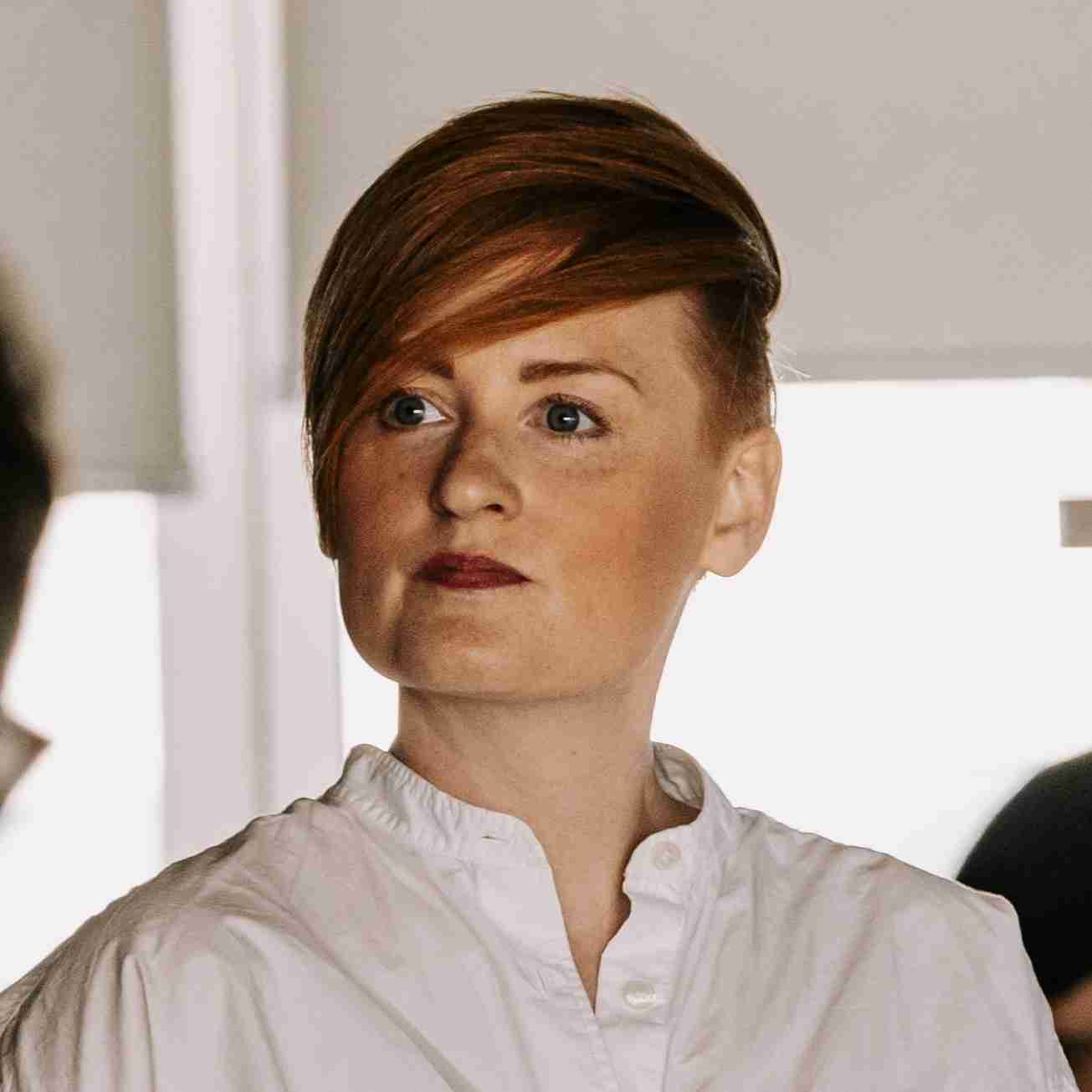

Lara Hanlon is a design strategist, sustainability advocate, and community builder. She is the founder of Portion Collaborative, a design-led consultancy using creative disruption to drive innovation in the food system. Lara is also the Project Director at 100 Archive and a Founding Member of Design Declares Ireland—two leading platforms advocating for the role of design in shaping a more sustainable, inclusive future. As an educator, she has taught design thinking, UX, and graphic design at the Institute of Art, Design, and Technology Dún Laoghaire (IADT), and has guest lectured at institutions such as the School of Visual Arts, NYC.
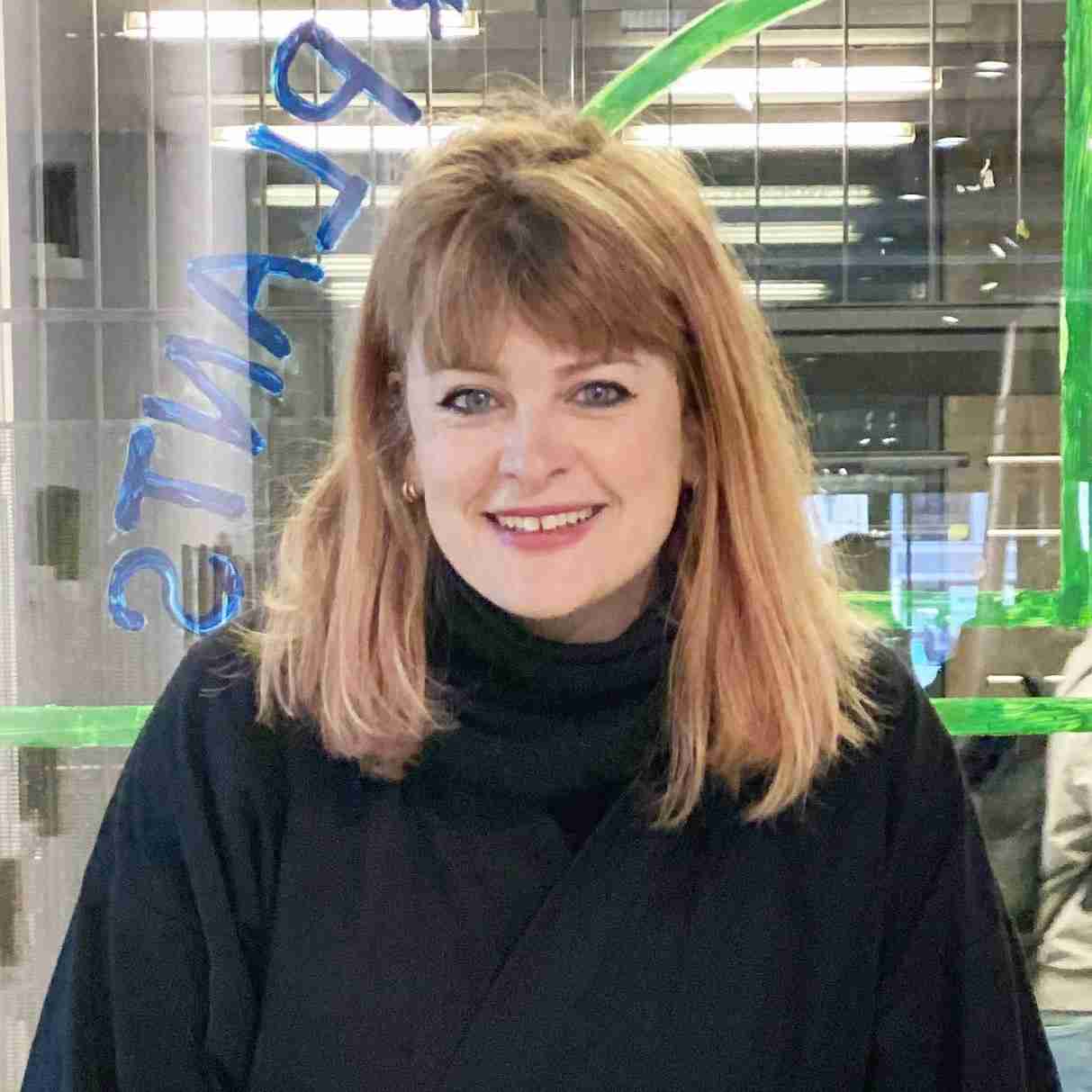

Laura is an award-winning artist and design strategist. She has spent 20 years working at the intersections of art, design, science, ecology, and futures. Over the past 5 years, Laura collaborated with the UK Design Council on many health and design-for-planet projects. Best known for her creative leadership, systems coaching, and capability building, Laura was a contributor to the Systems-shifting design report and co-wrote the Design Council Systemic Design Toolkit.
Laura’s impact extends to initiatives like Carbon Neutral Newcastle, where she spent 3 years designing services to reduce carbon emissions. She collaborated with WWF and Merrell on identifying opportunities and corporate sustainability strategy. Laura led a year-long speculative design programme with the British Science Association and is on the 2024 Bio-Leadership Fellowship: a global network of 200 nature-focused leaders. Laura’s art practice explores connections between humans and non-human worlds. She creates art experiences which blend participation, creativity, ritual, ecology, and science. ‘Mossy Adventures’ connects people of all ages and backgrounds with the fascinating world of mosses and combines sensory exploration, embodied activities, and creative workshops fostering appreciation for these resilient, interconnected lifeforms. Laura was shortlisted for the prestigious Maison/0 This Earth Award. In 2023, she graduated with an MA in Art and Science from Central Saint Martins.


Leland is the co-founder and Chief Executive Officer of COLLINS, the transformation consultancy honored as “Firm of the Year” 5 times in the last 5 years by AdAge and the D&AD. Between 2016 and 2021, Leland stepped away from his day-to-day duties at COLLINS to lead Chobani, then a regional American yogurt manufacturer, as its first Chief Creative Officer and, eventually, Chief Brand Officer. In those five years, he was part of a small executive team that 10x’d the company’s valuation, transforming the single-product yogurt maker into an international iconoclast brand. At Chobani, he built Ad-Age’s “2018 In-House Agency of the Year” and won top honors from major global award shows such as D&AD, Cannes, The One Show, among others. During his five years of leadership, Chobani topped Fast Company’s “Most Innovative Companies in the World” list five times – something not achieved by the manufacturer before or after his tenure. He has earned recognition from the World Economic Forum as a Young Global Leader, from IBM as “Design Thinking Leader,” from Ad Age as a “Young Influencer” and from the Association Of National Advertisers as a “Master of Marketing.


Leo is the CEO and founder of EdenLab the global green growth and sustainability innovation consultancy. EdenLab is 100% focused on switching demand to greener, cleaner products, brands and business models.If you need help picturing a viable future he’ll help you figure it out, if you’ve got the right products he’ll help you get them to market at scale, and if you don’t he’ll help you design them.EdenLab works on commercialising sustainability for clients like The FT, The FA, The Trainline, Unilever, Danone and EDF Ventures as well as a number of promising ClimateTech firms working in carbon capture, biodiversity monitoring and waste upcycling.Previously he was CEO of world famous ad agency Grey London, where he had also been Chief Strategy Officer, before launching Grey Consulting a management consultancy within WPP.Leo gained a distinction in Business Sustainability Management from the Cambridge Institute of Sustainability Leadership and has an MA from Oxford. He’s a domain expert adviser to Carbon13 the Cambridge-based venture builder for the climate emergency. Leo has recently lectured at The Saïd Business School, the London School of Economics, UCL, Oxford University and The Marketing Society.


Leyla Acaroglu (PhD) is a leading sustainability strategist and provocateur – an expert on life cycle and systems thinking in design, production and consumption. Named Champion of the Earth by the UNEP in 2016, she is a designer, sociologist, educator and passionate proponent of sustainability in and through design. Leyla is also a well-respected international speaker, with over 1 million views on her TED talk. She developed the Disruptive Design Method for activating change, founded the UnSchool of Disruptive Design as well as the creative agency Disrupt Design, and created the rural regeneration, CO Project Farm in Portugal. Her award-winning designs and cerebrally-activating experiences, gamified toolkits, and unique educational experiences help people around the world to challenge the status quo and make positive social and environmental change.


Lisa Lang has gained international recognition on Forbes Europe’s Top 50 Women in Tech, Sustainable Thought Leader by Vogue Business and has been listed as one of the 50 most important women for innovation & startups in the EU.Lisa Lang is the General Director of the Open Connector Foundation, a fundraising institution to push for a global transformation of the textile industry. OCF is bridging private and public funding to push for a consolidated textile waste management, digitalisation and local manufacturing in partnership with NetZeroCities, United Nations and major industry partners across the globe. Formerly the director for EU Affairs & Policy for the European Institute for Innovation and Technology on Climate (EIT Climate KIC), Lisa has been in the middle of European policy making with her global activity as Chair person for the Cultural & Creative Taskforce for UNFCCC United Nations Global Innovation Hub (UGIH). Lisa Lang is on the advisory board for the Munich Sustainability Fashion Award, Fashion Innovation Centre as well as a member of EU groups for Pact for Skills, EU Industrial Forum and the US/EU Trade & Technology Council.
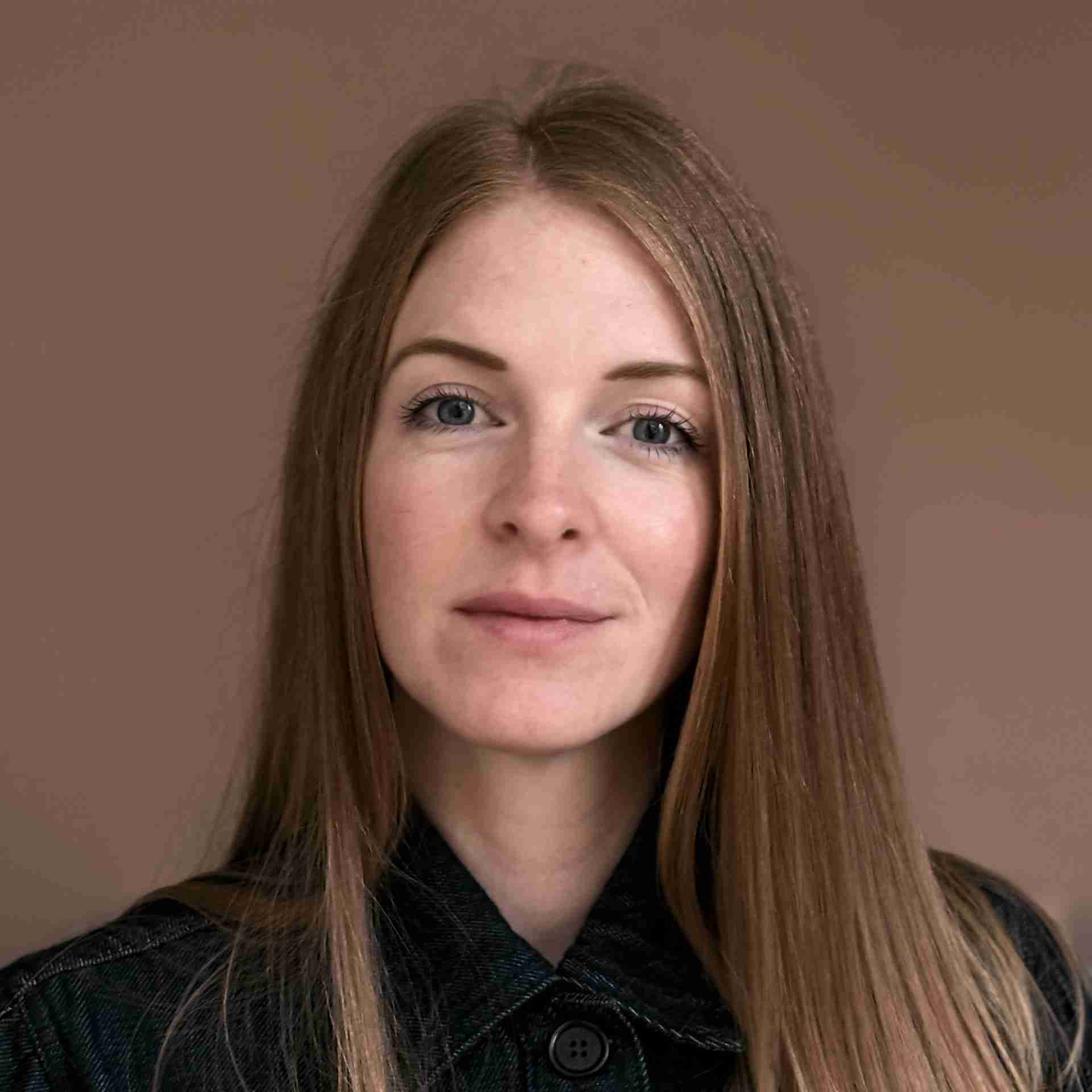

Liz Thornhill is Head of Research Programme at Future Observatory, the Design Museum’s national research programme for the green transition, where she leads the AHRC-funded research portfolio. Previously, she worked across Public Programme and Special Projects at Sir John Soane's Museum, where she launched and managed four iterations of the Soane Architecture Medal and produced three series of By Design with Will Gompertz and Alice Rawsthorn. She has also curated creative programmes at London Art Fair and New Designers, PEER Gallery and Delfina Foundation. She holds an MA in Curating Contemporary Art from the Royal College of Art and has lectured and led workshops at Kingston University, Lancaster University and Royal College of Art.


The Rt. Hon John Gummer, Lord Deben, is the founder and Chairman of Sancroft International, a consultancy that advises both businesses and investors on all areas of Sustainability and ESG. Between 2012 and 2023 he was Chairman of the UK’s Independent Climate Change Committee. Lord Deben was also the UK’s longest serving Secretary of State for the Environment (1993-97) having previously been Minister of Agriculture, Fisheries, and Food. His sixteen years of top-level ministerial experience also include Minister for London, Employment Minister, and Paymaster General in HM Treasury. Lord Deben is currently Chairman of Valpak Ltd and of PIMFA, the trade body representing financial advisers and wealth managers. Throughout his political, business, and personal life Lord Deben has consistently championed an accord between sustainability and business sense.
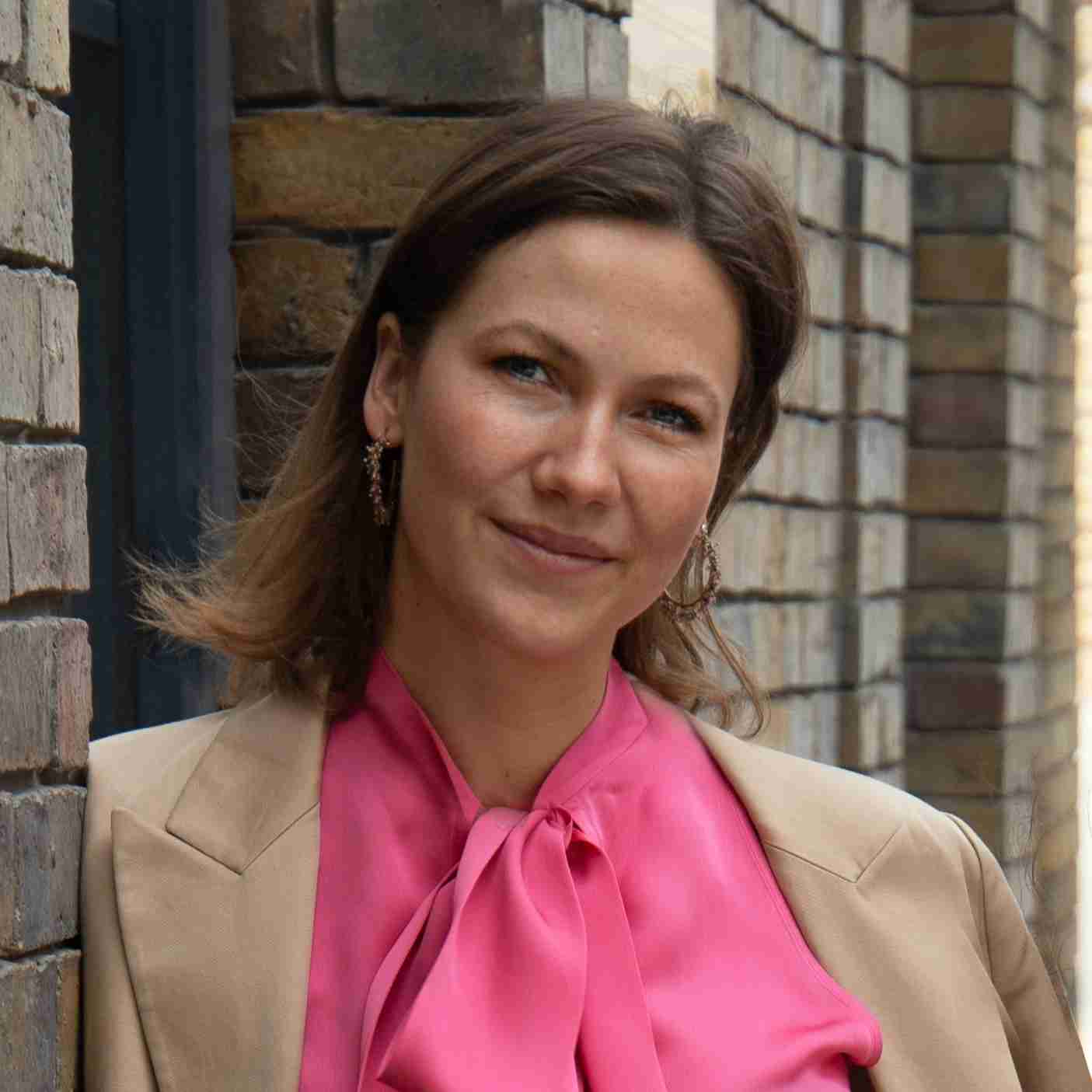

Award-winning design duo Aura Murillo and Louise Skajem are the founders of Resting Reef, an innovative memorial service that transforms ashes into living reefs to restore endangered marine habitats. With backgrounds from the Royal College of Art and Imperial College London, they combine science, sustainability, and design to reimagine how we honour loss. Their work has been featured in the Guardian, Fast Company and Dezeen and earned them six Innovate UK grants, a place on Forbes 30 Under 30 for Social Impact, D&AD Pencil, and The Arts Foundation Fellowship Award. Through Resting Reef, they’re turning remembrance into regeneration, building meaningful legacies for both people and the planet.
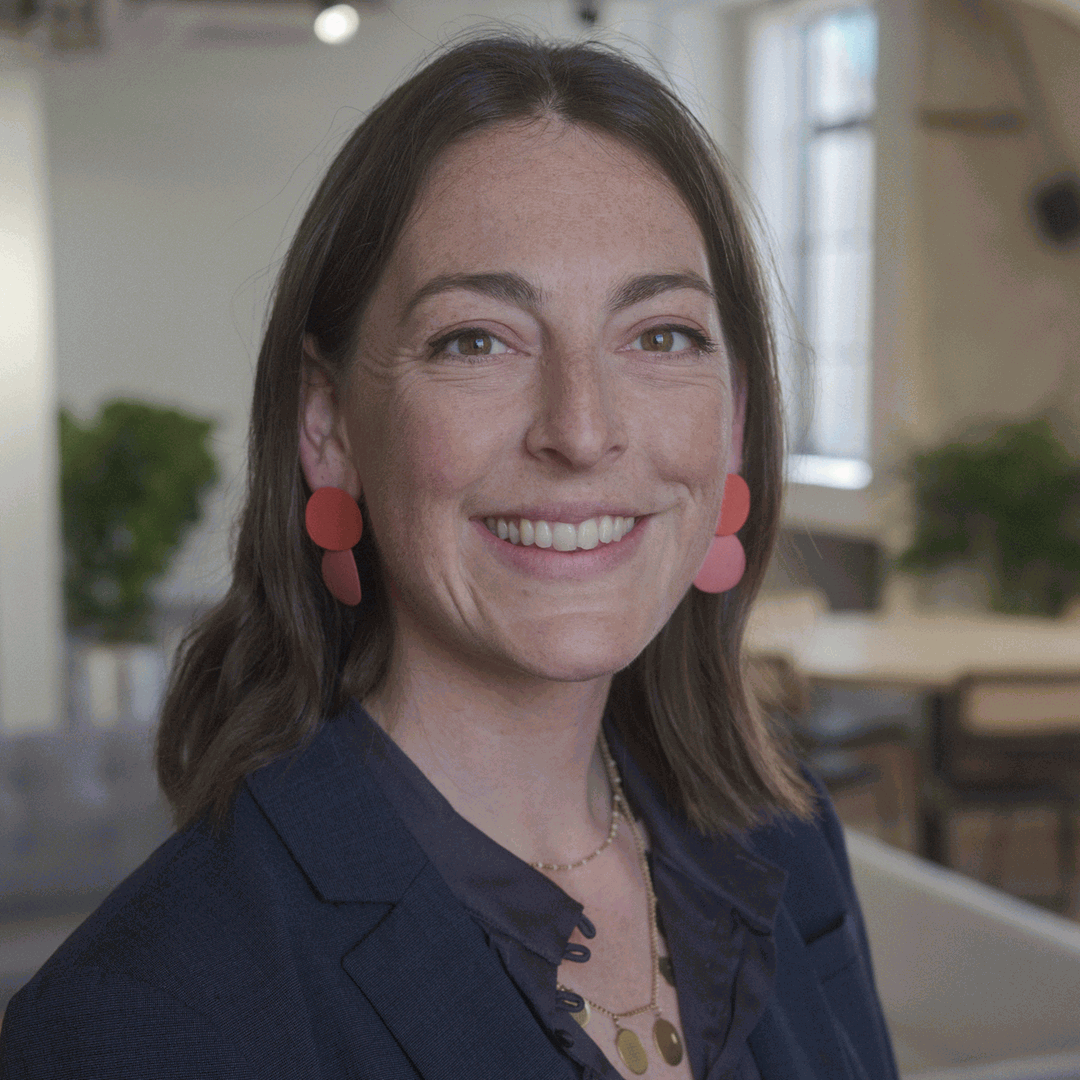

Lucy is Octopus Group’s fractional Chief Sustainability Officer and the Co-Founder of Groundswell (spun out of Octopus). After four years at Octopus where she set the sustainability strategy and integrated it across all group companies, she has recently spun out to start Groundswell, where she supports Octopus as a client (as well as other professional services firms) on a fractional, outsourced basis. She has taken what she did for Octopus over a four-year period and translated it into a solution for clients.Groundswell is helping companies convert sustainability from an expensive report-orientated add on, to an integrated capability. They’re on a mission to make sustainability commercial, and in the process, business more sustainable.
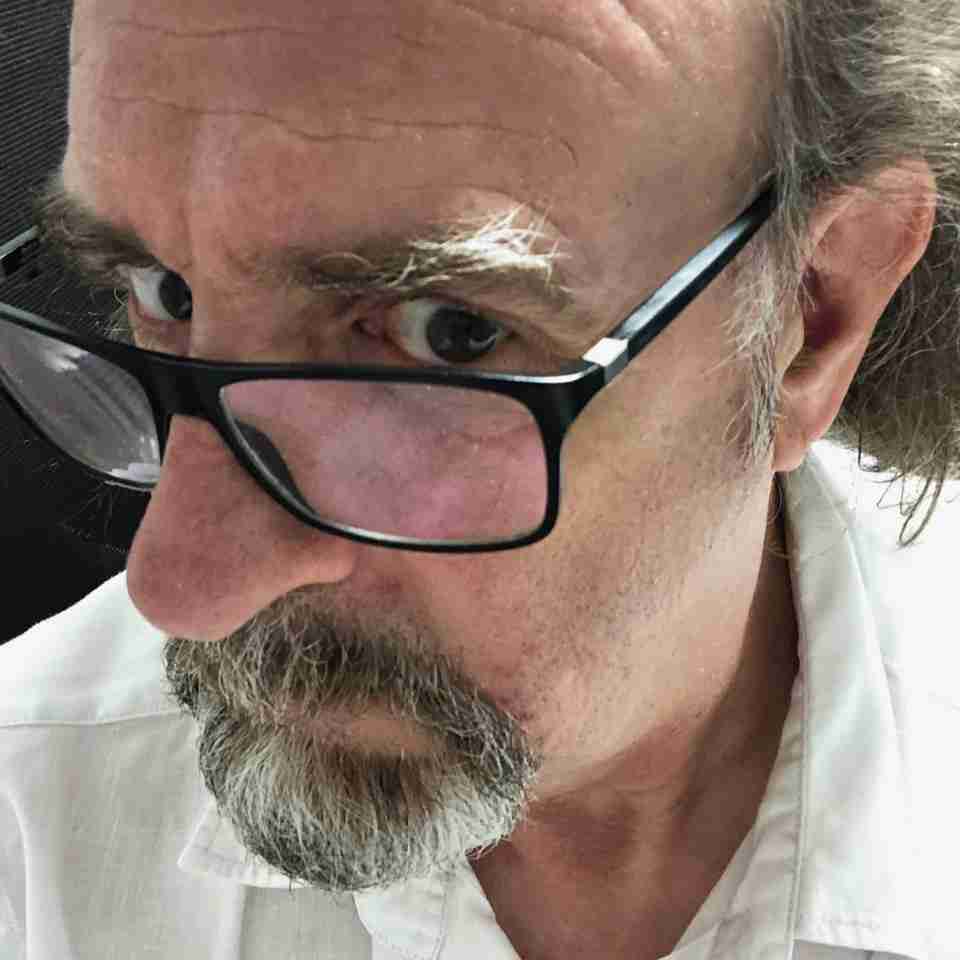

Malcolm Garrett is a graphic designer whose career spans four decades. He is Creative Director of the design consultancy Images&Co, a Founder and Artistic Director of Design Manchester, and Chairman of the Sir Misha Black Awards Committee.At art school in Manchester in 1977 he founded the graphic design group ASSORTED iMAGES, and in 1994 the pioneering digital agency, AMX. Adopting the mantra ‘go global stay local’ he operates at the interface of virtual and real world experience, leading projects, both local and international, for artists, musicians, business, community, public sector, and civic groups.Malcolm became the first Royal Designer (RDI) in the field of New Media in 2000, and in 2020 he was awarded an MBE in the queen’s Birthday Honours for ‘services to design’
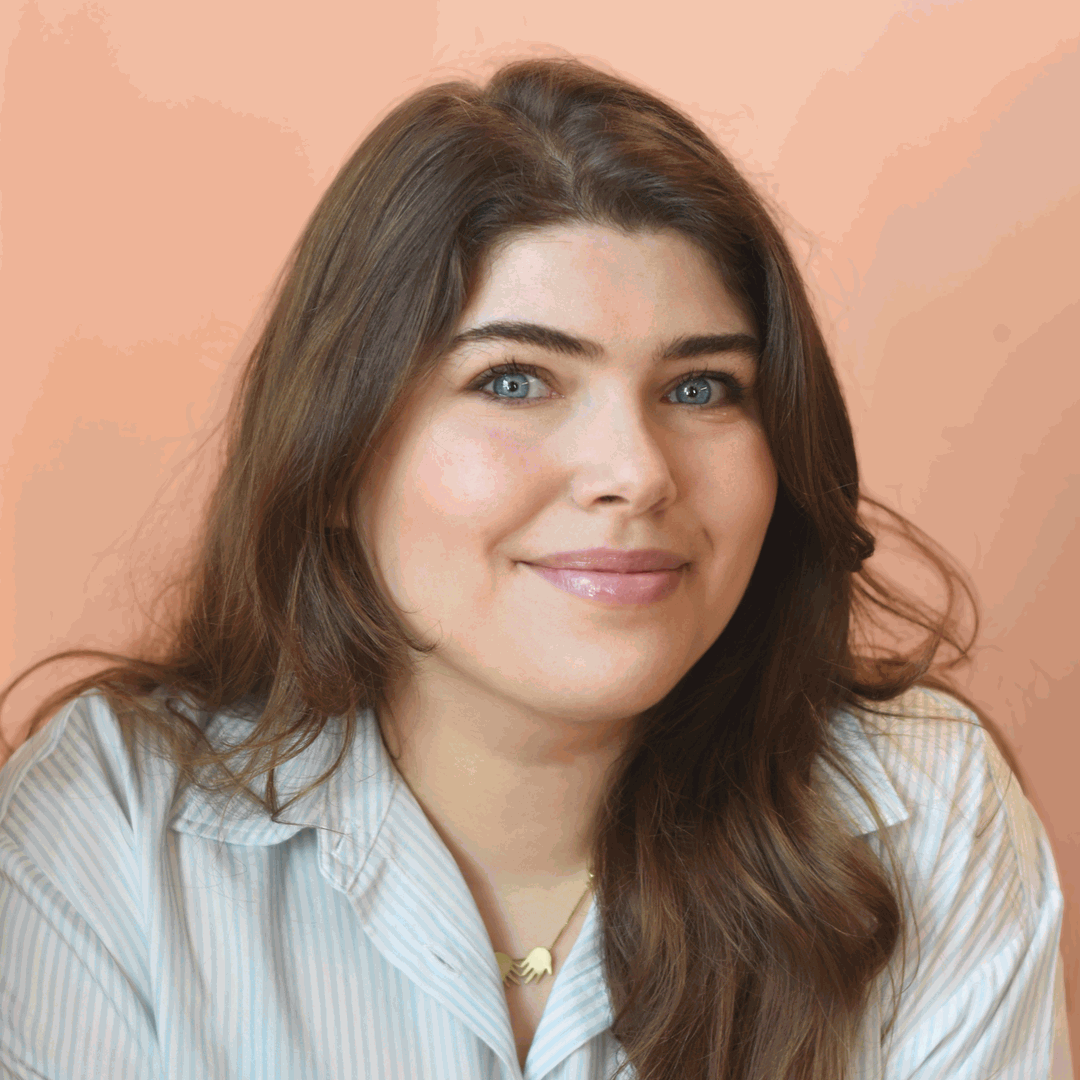

Mariana Costa is a Brazilian designer and researcher working across sustainability and future thinking. With a background in visual communication and a Master’s in Sustainable Design from Kingston University London, funded by a Chevening Scholarship, her work blends speculative design, foresight, and systems thinking to explore regenerative and participatory futures. Currently a Futures Fellow with the United Nations Development Programme, Mariana applies design as a strategic tool for transformation and long-term thinking. She is also the co-founder of Clube das Miçangas, a collective that fosters hands-on, skill-sharing workshops for the creative and crafting community in southern Brazil. Her practice is rooted in curiosity and collaboration, combining research, facilitation, and visual storytelling to co-create meaningful change.


Mariana Mazzucato (PhD) is Professor in the Economics of Innovation and Public Value at University College London (UCL), where she is Founding Director of the UCL Institute for Innovation & Public Purpose. She is winner of international prizes including the Grande Ufficiale Ordine al Merito della Repubblica Italiana in 2021, Italy's highest civilian honour, the 2020 John von Neumann Award, the 2019 All European Academies Madame de Staël Prize for Cultural Values, and 2018 Leontief Prize for Advancing the Frontiers of Economic Thought. She is a member of the UK Academy of Social Sciences (FAcSS) and the Italian Academy of Sciences Lincei. Most recently, Pope Francis appointed her to the Pontifical Academy for Life for bringing ‘more humanity’ to the world. As well as The Entrepreneurial State: debunking public vs. private sector myths (2013), she is the author of The Value of Everything: Making and Taking in the Global Economy (2018), Mission Economy: A Moonshot Guide to Changing Capitalism (2021), and most recently The Big Con: How the Consulting Industry Weakens our Businesses, Infantilizes our Governments and Warps our Economies (2023). She advises policymakers around the world on innovation-led inclusive and sustainable growth. Her roles have included for example Chair of the World Health Organization's Council on the Economics of Health for All, Co-Chair of the Global Commission on the Economics of Water, a member of the South African President’s Economic Advisory Council, and the Co-Chair of the Group of Experts to the G20 Task Force for the Global Mobilization against Climate Change.
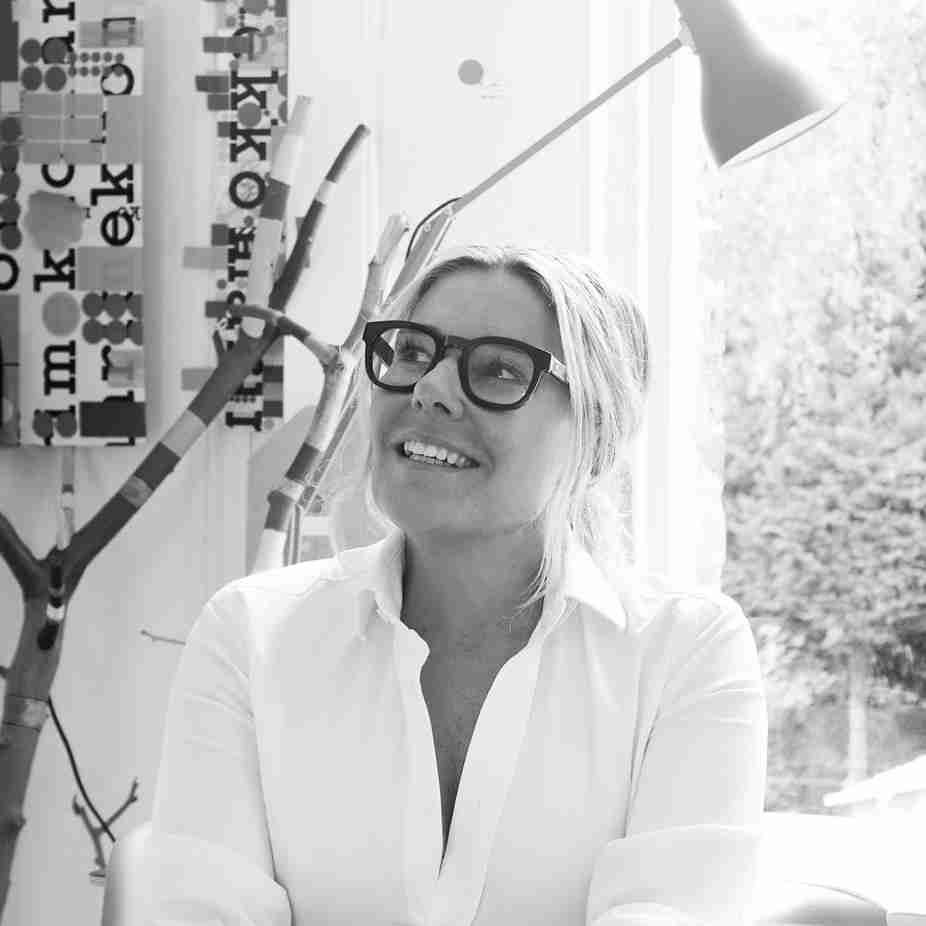

Marina Willer is a graphic designer and film-maker with an MA from the Royal College of Art. She is the first female partner in Pentagram London. Marina led the design of major identities schemes including; Tate, Amnesty International, Southbank Centre, Serpentine, Oxfam, Nesta, Richard Rogers, Macmillan, Maggie’s, Battersea, the Opera Ballet of Flandres, Schaulager, and Rolls-Royce Motor Cars. Willer’s first feature film, Red Trees, premiered at the 2017 Cannes Film Festival and was released worldwide by Netflix. Her films have been shown at Fondation Cartier in Paris, the ICA in London and film festivals worldwide. Willer has received a variety of industry honours, including: Design Week’s Hall of Fame in 2018, Creative Review’s Creative Leaders 2017, Design Week’s People Who Made an Impact on Design 2017 and The Dots’ Female Creative Leaders 2017. Marina is from Brazil and has lived in London for 22 years.
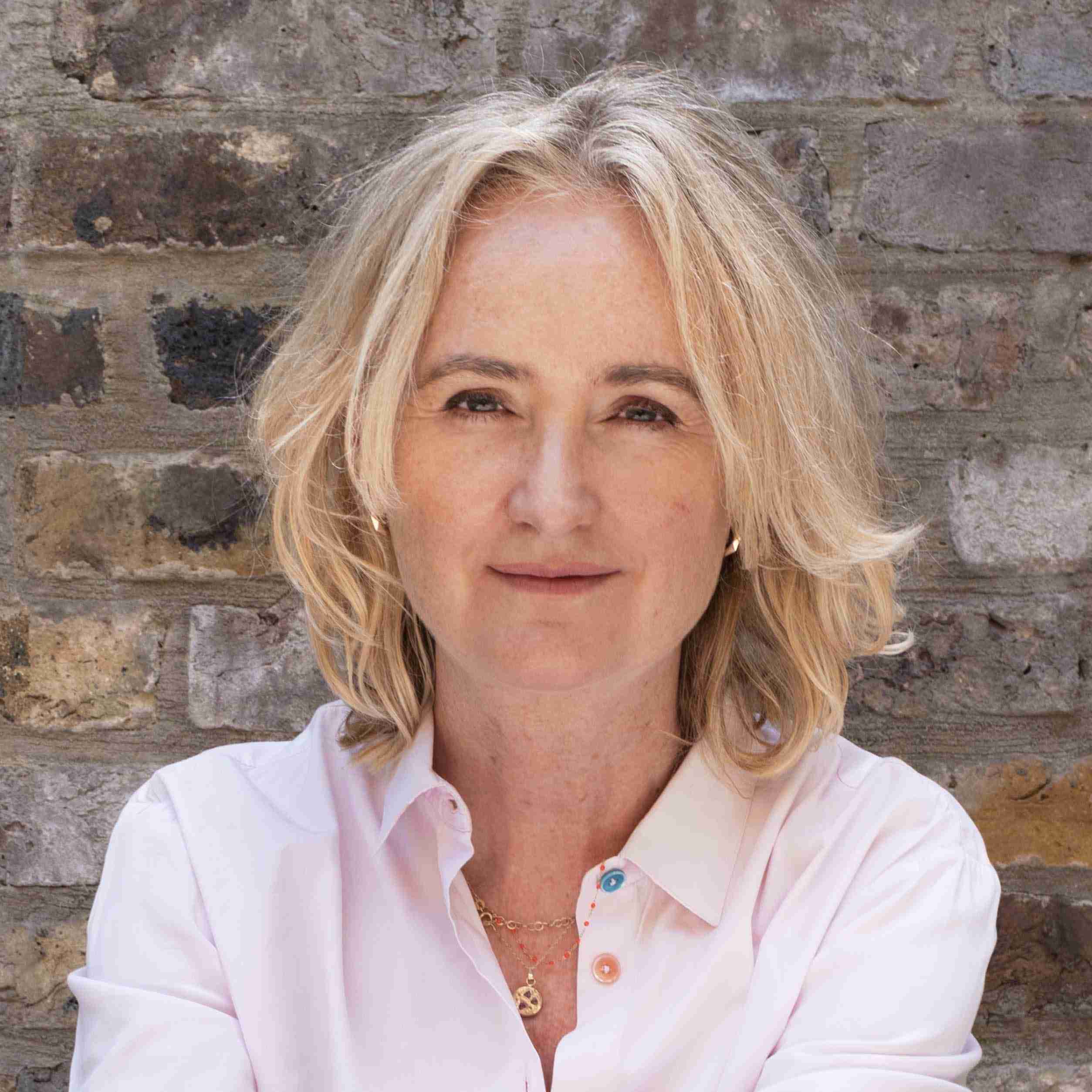

Marion Deuchars is an award-winning Scottish illustrator and author celebrated for her distinctive hand-lettering, bold artwork, and playful approach to creativity. Her acclaimed children’s books, including the Let’s Make Some Great Art series, inspire readers of all ages to explore art through play. A Royal Designer for Industry and member of the Alliance Graphique Internationale, she collaborates with leading brands, galleries, and cultural institutions, bringing her signature style to design, advertising, and education. Deuchars’ work has encouraged a global audience to pick up a pencil and rediscover the joy of making.
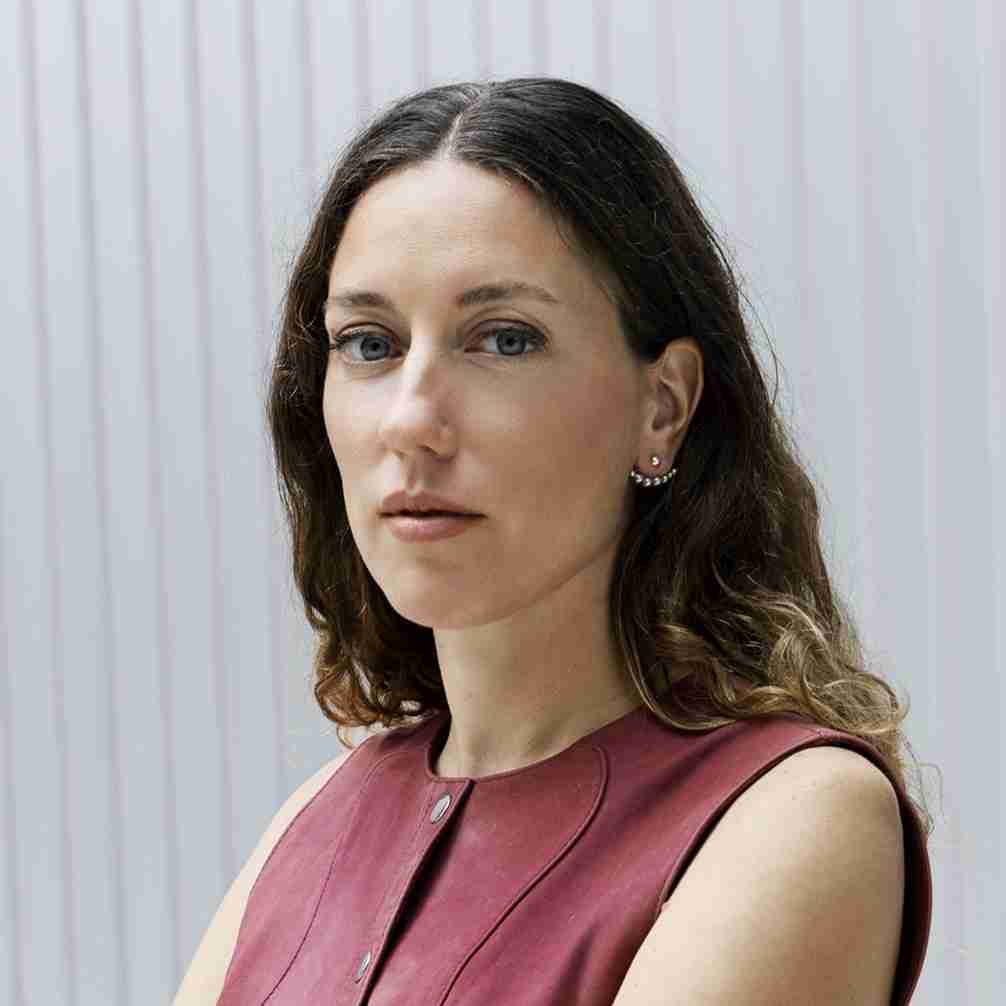

Marjan van Aubel Studio is an award-winning innovative solar design practice that brings solar energy into daily life. Designing for a positive future through combining the fields of sustainability, design and technology.The studio is creating lasting change through solar design, integrating solar power seamlessly into our environments such as in buildings and objects. With the goal to make solar power more accessible for everyone. Most notable works are Sunne, 8 Minutes and 20 Seconds, Current Table, Power Plant and the roof of the Netherlands Pavilion at the World Expo 2020 in Dubai.Marjan has collaborated with global brands such as Lexus, Cos, Timberland, Swarovski with the aim of accelerating the global energy transition to solar. Graduating from the Royal College of Art (Design Products MA) in 2012 and the Rietveld Academy DesignLAB (BA) in 2009. Her work can be found in leading museums and institutions around the world.
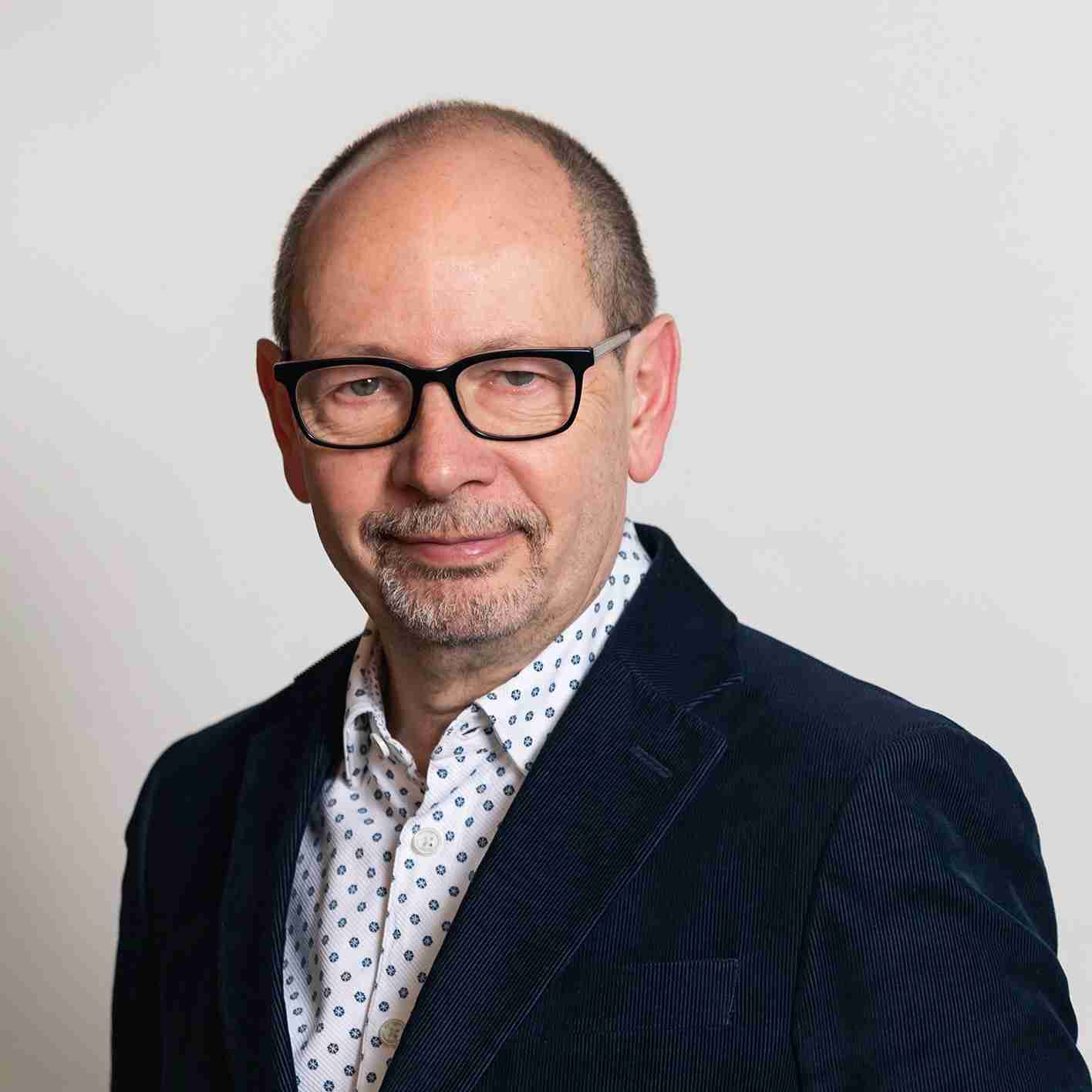

Mark Major is internationally recognised for his pioneering work with light and architecture. Co-founder of Speirs Major, one of the world’s leading lighting design practices, he has delivered a number of award-winning lighting projects including the Millennium Dome, Beijing International Airport, Macallan Distillery and St. Paul’s Cathedral. He is a specialist in the field of urban lighting and acted as the Lighting Design Advisor to the Olympic Delivery Authority for London 2012. He has lectured extensively worldwide and was honoured as a Royal Designer for Industry in 2012.
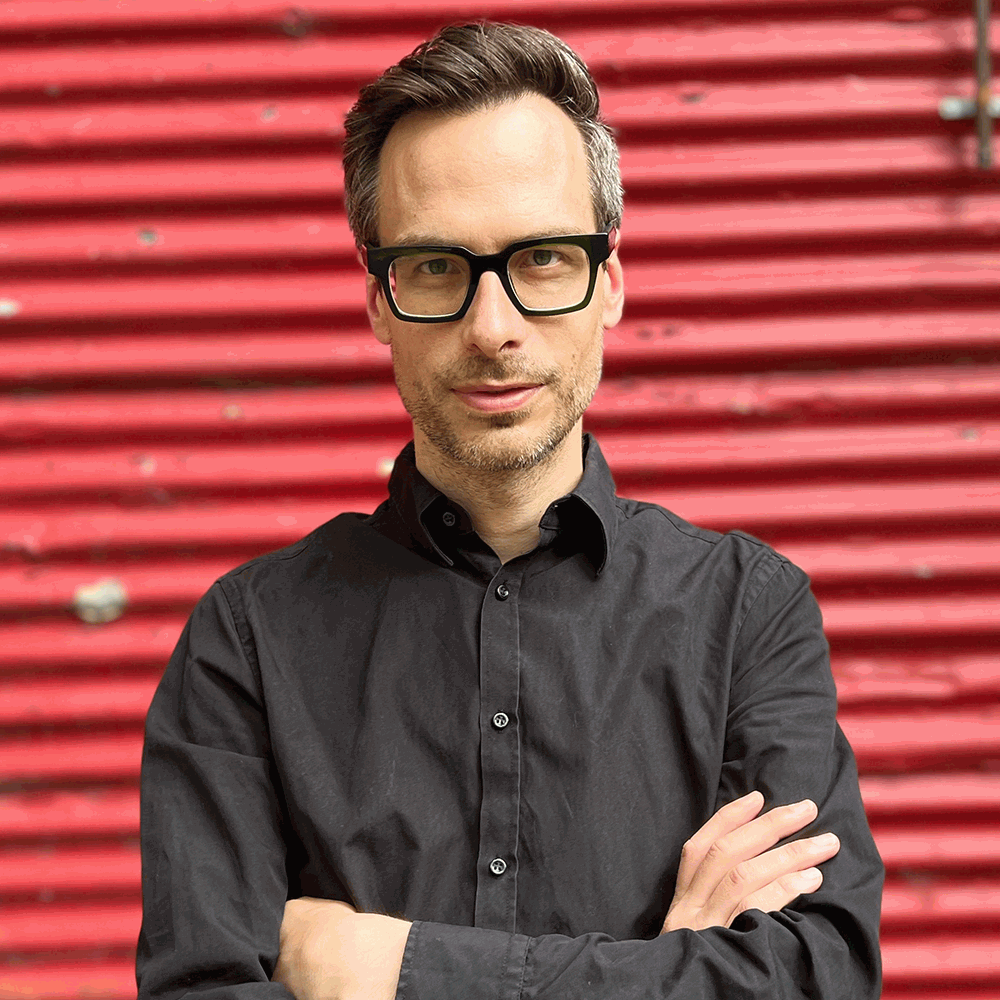

Professor Martin Tomitsch is Head of the Transdisciplinary School at the University of Technology Sydney, a founding member of the Media Architecture Institute, the Urban Interfaces Lab, and the Life-centred Design Collective. His books include Making Cities Smarter, Design Think Make Break Repeat, and Designing Tomorrow.


Mattie Yeta was appointed as Chief Sustainability Officer for CGI in the UK in March 2022. A member of CGI’s UK Executive, she is responsible for working with members across the organisation to achieve common sustainability goals. Mattie provides key support to CGI’s external facing engagements in this area, continuing to develop a strong relationship with the United Nations and COP summits, and providing actionable insights for clients. Her appointment further confirmed CGI’s commitment to not only reach Net-Zero in the UK by 2026, but to bring sustainable products and solutions to our clients.Mattie has substantial experience and expertise in sustainable development at strategic and delivery levels across the public and private sectors. She has led substantive change in the sustainable development arena through various boards she sits on. She has obtained significant experience in stakeholder engagement through her career, including at senior executive levels, strategy development, influencing and drafting industry policy, project and programme management, people management and development experience.Mattie led the creation of the e-Sustainability Alliance, a network of 300 private sector organisations she chaired, working in partnership with the United Nations and other stakeholders. She also led the creation of the Cabinet Office One Government Cloud Strategy Sustainability Workstream, the UK Government’s Sustainable Technology Report 2017 and the Sustainability Industry Guide to help businesses achieve sustainable outcomes. Mattie has extensive experience of working with the United Nations (UNFCCC, UNEP, UNGC, UNICEF, UNDP). She received the “industry sustainability leader of the year” award, “digital leader impact award” the Civil Service award as “highly commended”, Defra’s corporate services award for “leading through change,” and was a nominee for “the most influential women in UK tech.” She has received her Majesty’s Royal Honour for her contribution to sustainability in the UK and globally and was recently announced in the top 100 sustainability power leaders.The former Head of Sustainability for Defra IT/UK Government, and a PhD researcher specialising in corporate sustainability, green economics, and national recovery, she is also a tutor on the University of Oxford Climate Change Programme.
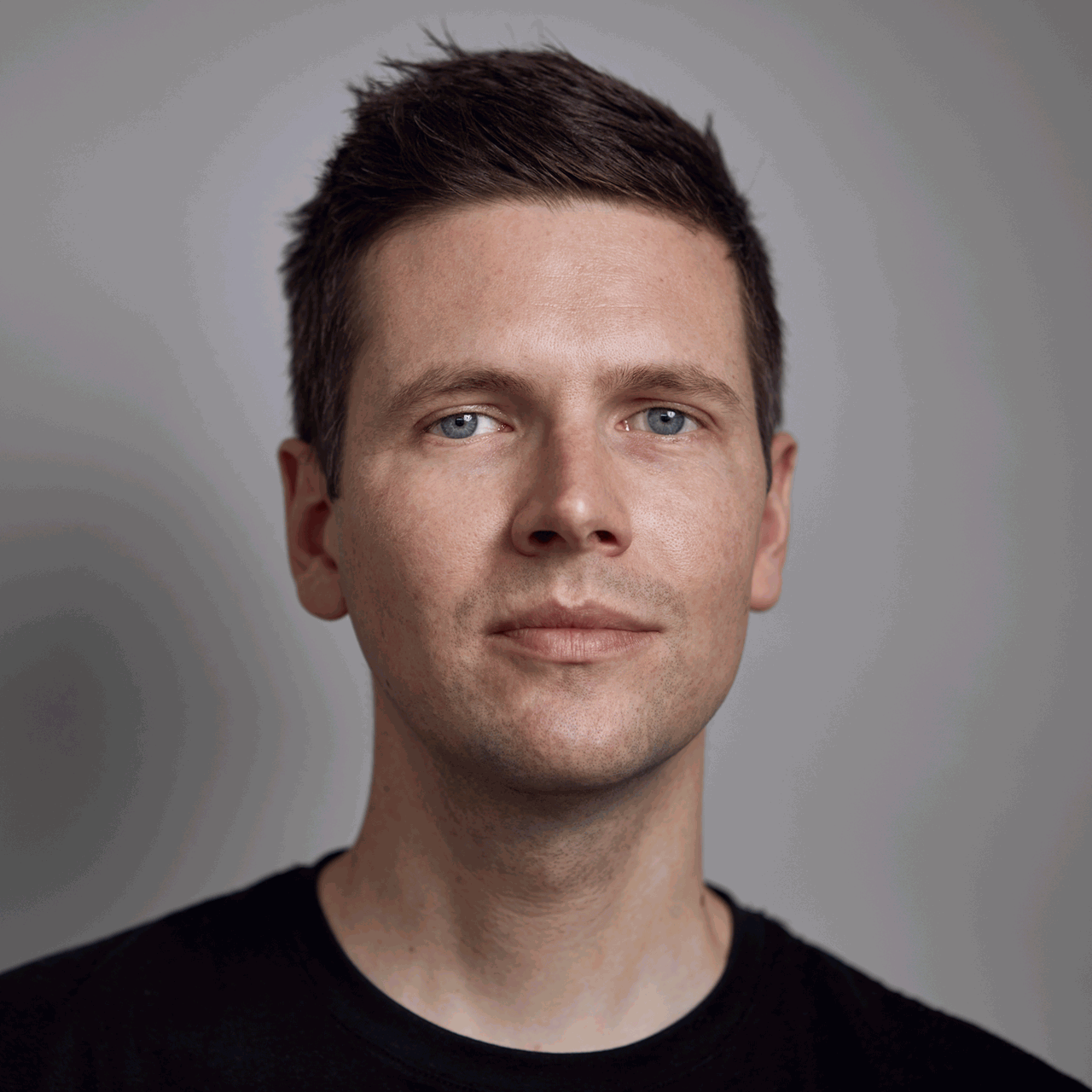

During the previous two decades, Max has worked as a design commentator across digital media, books, magazines, exhibitions, video, and events to broaden the conversation around contemporary design and architecture.He is the author of multiple design books including Design UK and Designers On Design, which he co-wrote with Sir Terence Conran. More recent titles include the London Design Guide series and monograph titles about designers Piet Hein Eek, Luca Nichetto and Benjamin Huber.As a journalist, Max has worked as a design correspondent for CNN Style and written for publications including Financial Times, Wallpaper, Icon, Surface, London’s Evening Standard, and Newsweek International.He has worked as a content consultant for companies and organisations across the world, and as the deputy director of the London Design Festival from 2012-2015.


Michael Bennett is a social activist, philanthropist, and designer. His work is a fusion of his diverse experiences, from his prior career as a Super Bowl champion and Pro Bowl defensive end, to his ongoing activism and passion for social justice. Michael’s architectural philosophy revolves around spatial justice and creating communal spaces that evoke a deep sense of connection, belonging, and tranquillity.Michael Bennett’s journey from the world of professional football to the realm of design and architecture is marked by a shift in focus from the gridiron to the study of spatial theory and architecture, all in pursuit of reclaiming public spaces for meaningful human interaction. While design has always interested Michael, his activism catalysed an interest in the power of architecture to create Black agency, particularly through reinvigorating traditional typologies for gathering and communing, such as domestic and sacred spaces.Michael is a graduate of the Heritage School of Interior Design and a current student in architecture at the University of Hawaii. In 2020, he founded Studio Kër, a platform for visionary design concepts, where he serves as creative director.Beyond his design endeavours, Michael Bennett is celebrated as an activist raising awareness about significant social issues, and a devoted family man. Michael’s advocacy extends to philanthropic efforts, including establishing endowments for students from low-income backgrounds pursuing creative arts degrees at the Rhode Island School of Design. He provides grants to organisations such as the Rebuild Foundation, Mass Design, and Humble by Design, furthering his commitment to fostering positive change through design, education, and social justice initiatives.


Michael Pawlyn is an architect, writer and public speaker. He has been described as an expert in regenerative design and biomimicry. He established his firm Exploration Architecture in 2007 to focus on high performance buildings and solutions for the circular economy. The company has developed a ground-breaking office project, an ultra-low energy data centre, a zero waste textiles factory and progressive solutions for green cities. Michael Pawlyn jointly initiated the widely acclaimed Sahara Forest Project; the latest version of which was opened by the King of Jordan in 2017.Prior to setting up Exploration, Michael Pawlyn worked with Grimshaw for ten years and was central to the team that designed the Eden Project. He is regularly booked as a keynote speaker on innovation and his TED talk has had over 2 million views. He has written two books - Flourish: Design Paradigms for Our Planetary Emergency (co-authored with Sarah Ichioka) and Biomimicry in Architecture – both of which have been the respective publisher’s best-selling title. In 2019 he jointly initiated ‘Architects Declare a Climate and Biodiversity Emergency’ – a global call to action which has spread to 28 countries with over 7,000 firms signed up.
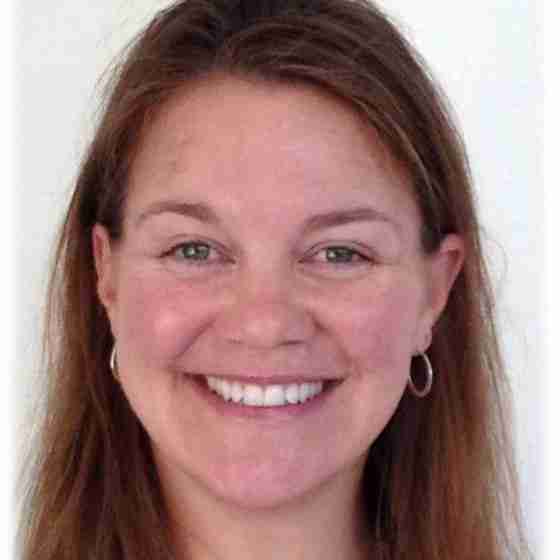

Design over Default™—three words that define Michèle Morris’s approach to life. With decades of experience across public, private, and nonprofit sectors, she brings a unique balance of practicality, creativity, and commitment to human dignity. Passionate about humanity-centered design, strategic leadership, and high-impact innovation, Michèle serves as Associate Director of The Design Lab at UC San Diego, principal at Hardpoint Solutions, co-founder of the Center for Design-Driven Transformation and Design For San Diego, founder of the Design Forward Alliance and Educators Alliance, and a chief architect of the San Diego-Tijuana World Design Capital 2024.Her work spans Fortune 500s, the UN, local governments, and global networks like Design for Good where she applies a systems lens to the intersection of human behavior, multimodal data, and speculative futures. A proud career “misfit,” Michèle is former U.S. Secret Service and media lead for Refugee Voices, a lifelong educator and performing artist, and her favorite roles: mother and world cartwheeler.
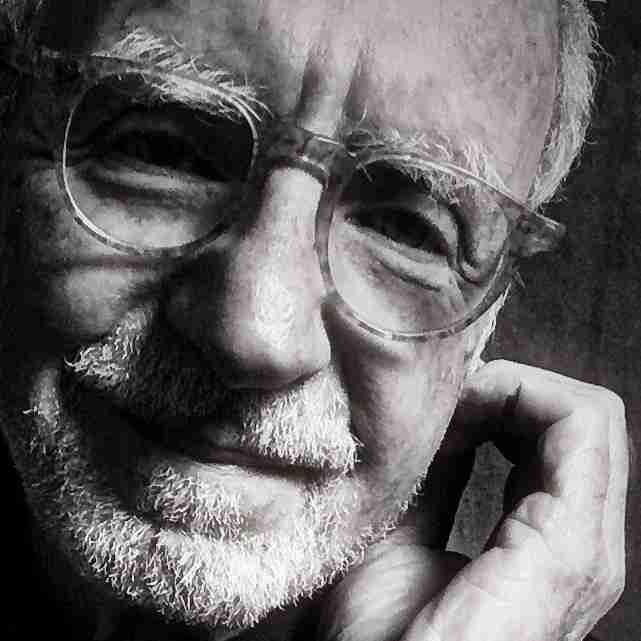

After a decade in publishing, Mike Dempsey formed the highly successful design consultancy Carroll, Dempsey & Thirkell (CDT) in 1979, which he ran for twenty-seven years. In 2007, he left to set up Studio Dempsey. Mike’s awards include the New York Art Director’s Club Silver Cube, the CSD Minerva Award, ten D&AD Silvers, the coveted Gold award; and in 2012 he received a special D&AD, Black Pencil for one of the most awarded designers in their fifty-year history. He is a member of Alliance Graphic International, a past President of D&AD, a Past Master of The Faculty of Royal Designers for Industry, and in 1994 he was made a Royal Designer for Industry. He lives and works in London and Dorset.


Milica Apostolovic is a sustainability and resilience consultant specializing in terrestrial nature-based solutions. She has worked in over 20 countries in the last decade, spanning across East Africa, Latin America and Eastern Europe. Over the past three years, Milica has been managing the Natural Capital Laboratory, a research project that aims to restore 100 acres of forests in the Scottish Highlands and reintroduce lost species, while also acting as an on-site laboratory for identifying, quantifying and valuing the impacts of ecosystem restoration. Prior to joining AECOM, Milica worked as a consultant for the Food and Agriculture Organization of the United Nations (FAO) and the United Nations Economic Commission for Europe (UNECE) on forest landscape restoration, urban forestry, and mechanisms for monitoring the state of world’s forests. Milica was also the technical lead behind the WWF/FIDIC Playbook for Nature-Positive Infrastructure Development, an award-winning guide for integration of different nature-based solutions across multiple infrastructure sectors that is now part of UN’s global course on sustainable infrastructure.
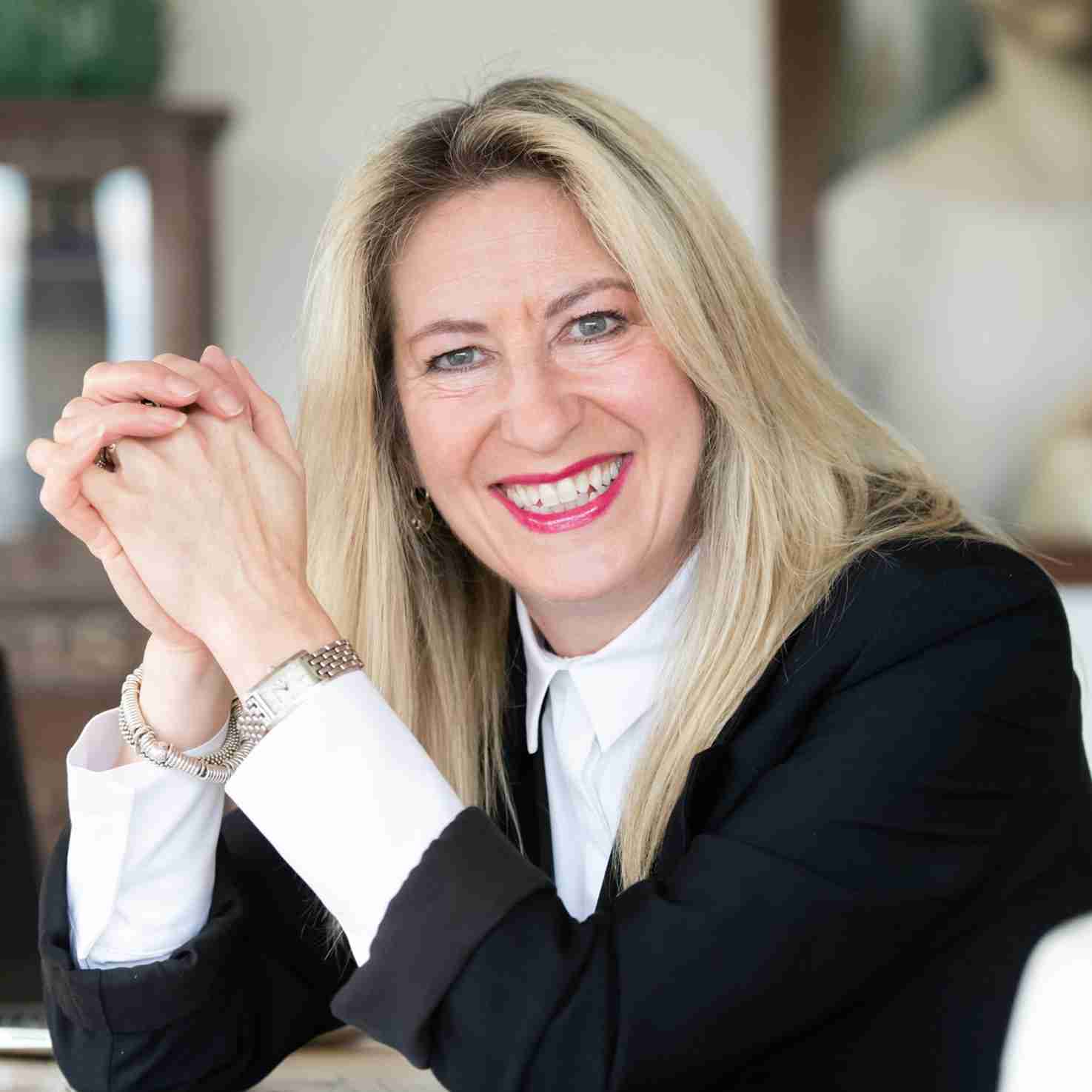

Minnie joined the Design Council as Chief Executive in March 2021. She introduced and led the Design for Planet mission to help address the climate crisis. Minnie spent years in innovation, design, advertising and brand consultancy. She was Managing Partner of HHCL, the ‘Advertising Agency of the decade’ and then Global Marketing Director of Innovation company ?What If!, which won Great Place to Work Institute’s ‘Best Place to Work in the UK’ two years running. Minnie was voted Vistage UK Business Leader of the Year in 2020. Always a purpose driven business leader, she has proved you can do well and do good. While Joint Chief Executive of the East of England Co-op, they won Alzheimer’s Society ‘Large Business of the Year’ in 2016. That year she was appointed by HRH Prince Charles as his Ambassador for Responsible Business in the East of England. She has passion for place making and has been a Board member of two Business Improvement Districts and a Town Deals Board. Minnie has a First-Class Degree in Creative Arts. She is also a qualified Transformational Coach. When she’s not working, Minnie can be found animal wrangling and driving her 1952 little grey Fergie tractor. Minnie was awarded an Honorary Doctorate of Arts from the University of Westminster in 2024 in recognition of her contributions to design and innovation, along with her commitment to tackling the climate crisis through responsible business practices. In 2025 she joined the Net Zero Council to represent the voice of design as a transformative tool for innovation.
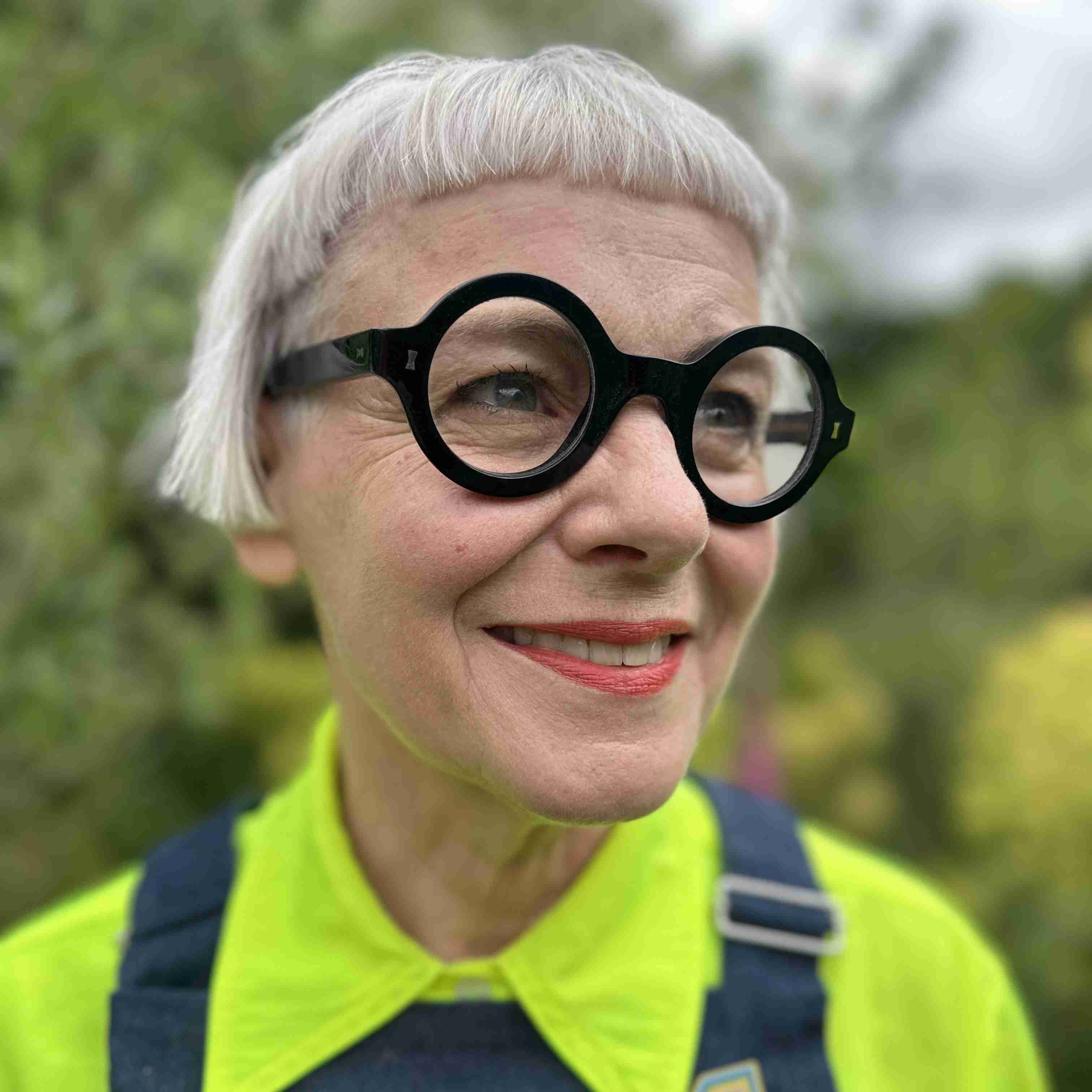

Morag Myerscough, artist, born and bred London, UK, known globally for creating immersive structural installations characterised by boldness, vibrant colours and a high level of positive energy. Morag’s installations have a profound impact on public spaces, transcending the limitations of traditional approaches. Her vibrant and invigorating works disrupt existing architectural lines, introducing irregular shapes and colours and words. These interventions transform the landscape and create an engaging environment that inspires and uplifts individuals. By championing community and public interaction, Morag's installations encourage dialogue, enhance social cohesion, and create a lasting impression on the spaces they inhabit. Morag’s approach to work is integrated and participatory, wherein she collaborates closely with communities to generate art that responds to their unique requirements. Her generous and participatory approach instills a sense of pride and belonging in people, creating a strong and meaningful narrative for the spaces she transforms to places. The core motivation behind her work is to bring people together, fostering joy, well-being, and a sense of community.


Natasha Tanjutco is a Filipina designer, creative director, and fine artist. She champions Archipelagic Design, blending art, craft, & design disciplines to co-create solutions for ecological restoration & cultural systems transformation together with local and indigenous communities. At the age of 15 together with her sister Isabella, she co-founded Kids for Kids, a 100% youth-led movement that crafts creative hubs for climate solutions across islands. And at the age of 17 and 15, they then co-founded TAYO House of Culture and Creativity, a design studio and sustainability consultancy which has worked on over 100 projects dedicated to culture-based, archipelagic design solutions.
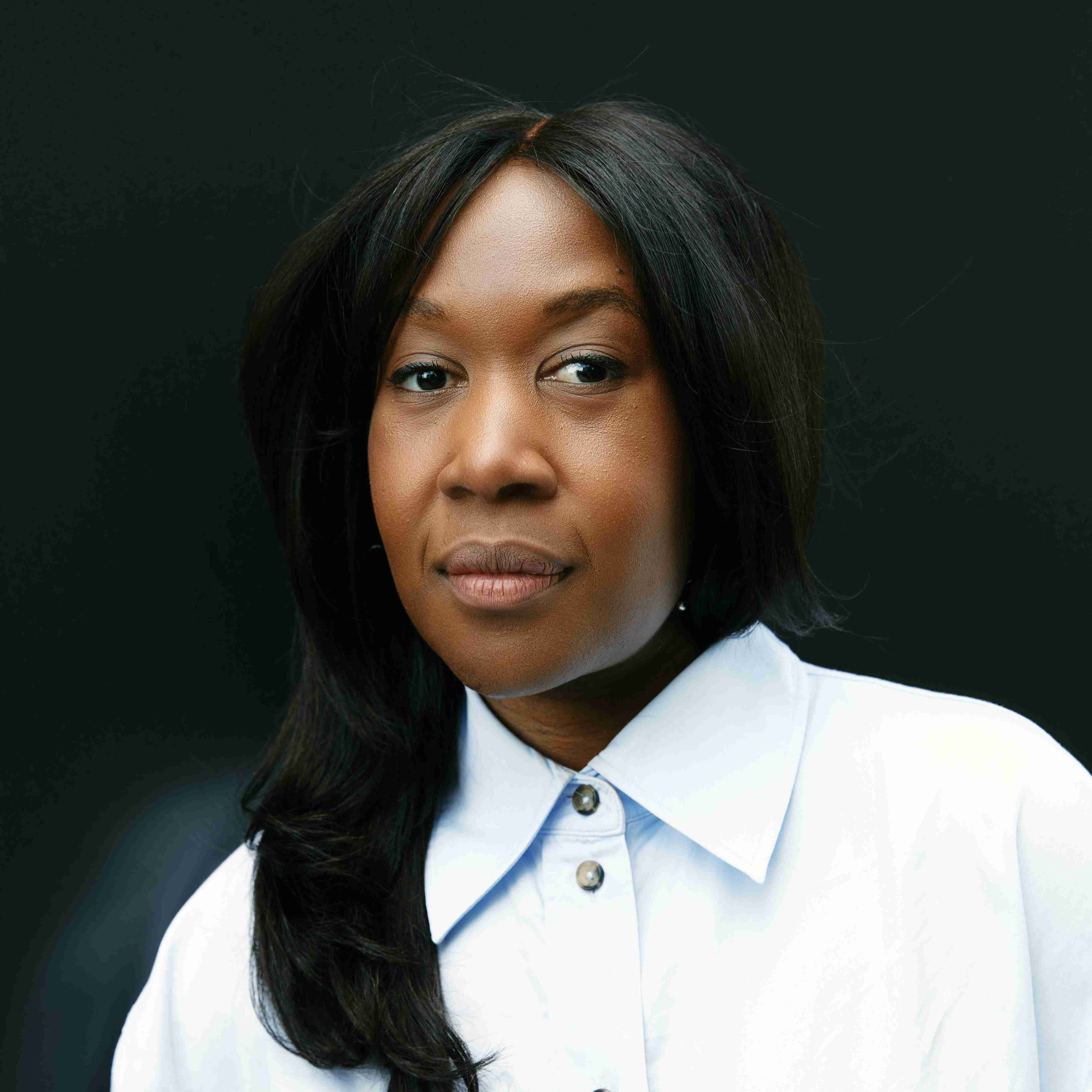

Natsai Audrey Chieza is a visionary designer and thought leader, celebrated for her pioneering contributions to design and biotechnology. She is the founder and CEO of Faber Futures and a co-founder of Normal Phenomena of Life (NPOL). Launched in 2018, Faber Futures is a groundbreaking design agency that bridges advancements in consumer biotechnology with real-world applications. In 2023, Chieza co-founded NPOL, a consumer brand offering biotech products online, showcasing how biotechnology can produce new materials that are beautifully designed to support climate goals and foster resilient bioeconomy value chains.Natsai's work is rooted in broad-ranging partnerships spanning biotech, consumer sectors, and cultural institutions. Her collaborative, story-driven strategies catalyse engagement and concrete action on critical issues. Her portfolio includes notable clients and commissioning bodies such as Ginkgo Bioworks, adidas, the Design Museum, MIT Media Lab, and the World Economic Forum (WEF).In recognition of her innovative work, Natsai was awarded the prestigious 2024 London Design Innovation Medal and nominated for the Dezeen Awards Bentley Lighthouse Award. She also holds the 2019 INDEX Award, widely regarded as the Nobel Prize for design.Natsai serves on Fondation USM's Future Lab advisory panel and advocates for the integration of design and culture in policy development for bioeconomies powered by biotechnology as a member of the WEF's Global Futures Council on Synthetic Biology. Her expertise and thought leadership are sought after on global stages, including SxSW, TED, and Design Indaba, where she inspires audiences with her contributions to biophilic design and innovation.


Ned is a service designer at the UK’s Department for the Environment, Food and Rural Affairs, where he spends half his time working on the design of a new UK-wide digital waste-tracking service, which aspires to boost material reuse and recycling, combat waste crime, and enable the shift to a more circular economy.The other half of his time, he spends leading work on developing principles and frameworks for ‘Greener Services,’ which aim to empower multi-disciplinary teams to design and deliver more sustainable outcomes. This effort has received support from across government and is part of a suite of collaborative efforts that also includes work being done on the crucial question of measuring the environmental footprints of services end-to-end, as well as developing training for all of the roles involved in delivering those services.Ned used to work in the educational field, but after ‘discovering’ UX design, he was lucky enough to get a job at a startup or two before moving on to bigger service projects in the agency and consultancy world. A longstanding lover of the natural world, he also had a side project focused on using satellite data to help farmers boost the health of their soil, through which he won a place on a UCL-run startup accelerator programme.
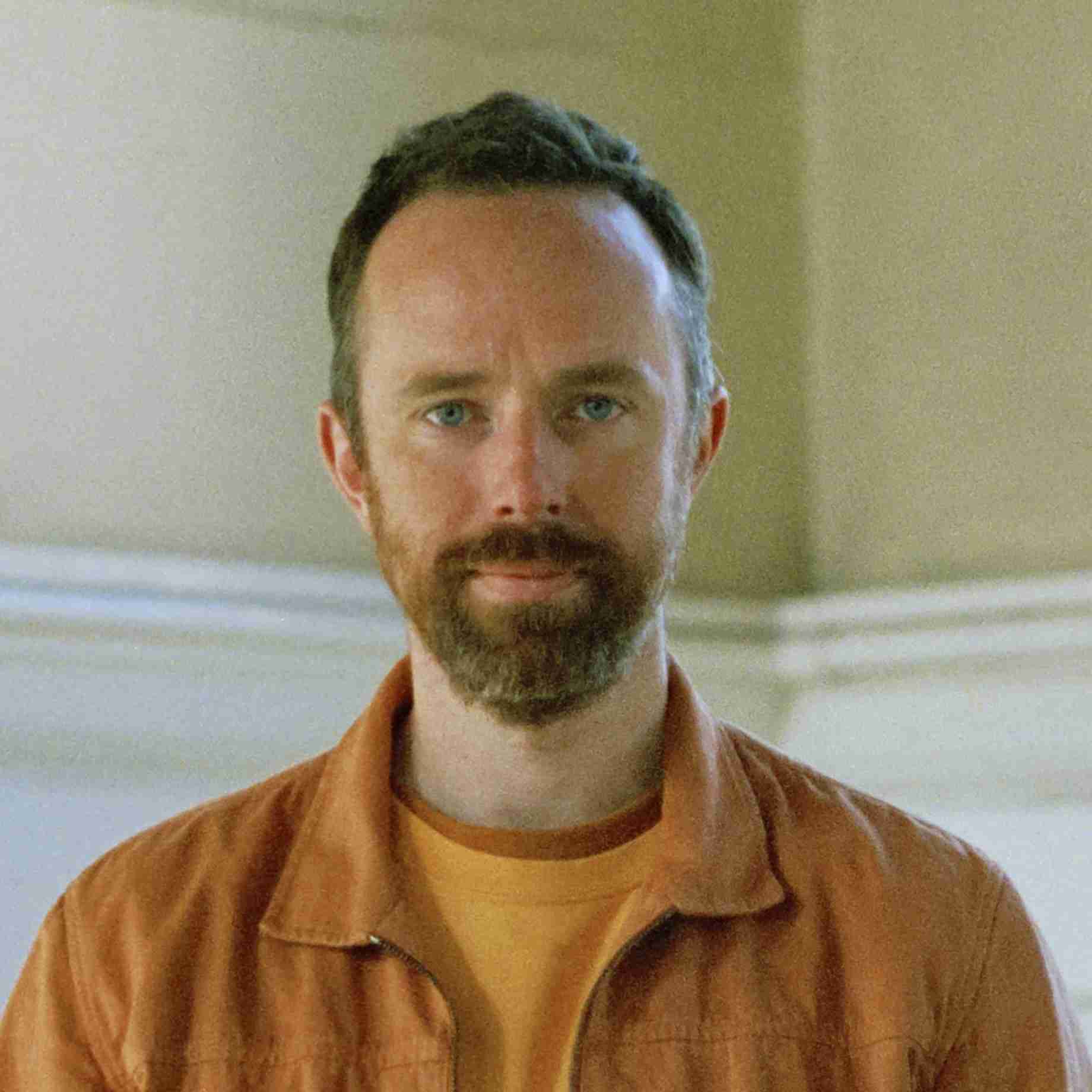

Neil is a designer and educator, working with clients and collaborators in the arts, public and education sectors on a range of activities, from publications and print, to exhibitions and websites, to educational projects. Key to all of these activities is a direct engagement with creativity, culture, and a community of makers, educators, students and practitioners. Recent projects have included co-curation and design of A Fragile Correspondence, representing Scotland at the 18th International Architecture Biennale in Venice. In his current role with Design HOPES, he works across all areas of the project, finding ways to communicate the dynamic research being undertaken to a broad range of audiences.
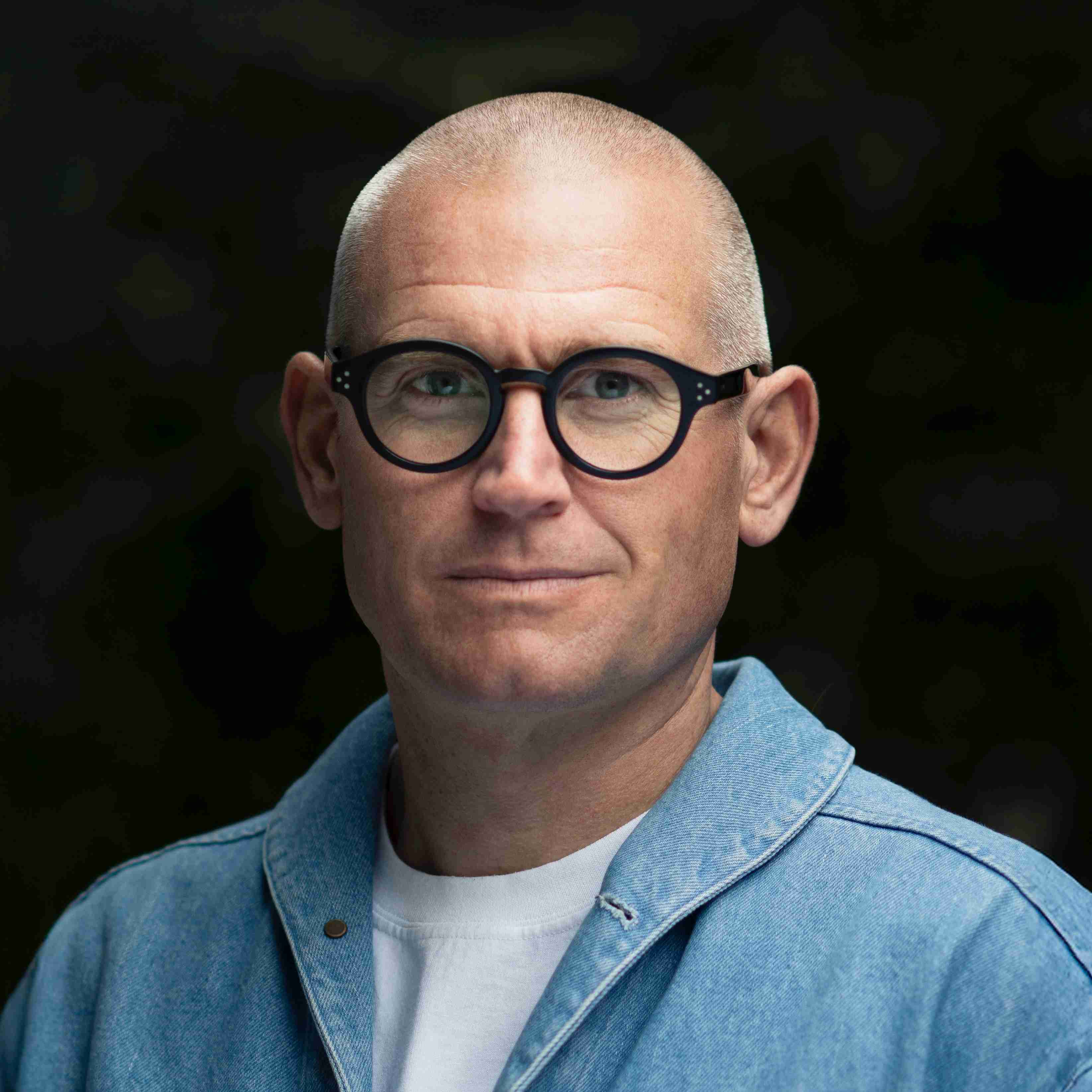

Nick Foster RDI is a Futures Designer based in Oakland, California, who has spent his career exploring the future for leading technology companies including Apple, Google, Nokia, Sony, and Dyson. As Head of Design at Google X, he led a team of designers, researchers, and prototypers working on breakthrough projects such as brain-controlled computer interfaces, intelligent robotics, stratospheric internet balloons, and neighborhood-scale nuclear fusion.
Despite the ambitious nature of much of Nick’s work, he’s known for his down-to-earth and occasionally irreverent approach to the future. Nick has written extensively for publications such as the New York Times, Fast Company and The Alpine Review, and in 2025 he released his bestselling book Could Should Might Don't.
Nick was born in Derby. He earned his masters degree from the Royal College of Art in 2001, and in 2021 was awarded the title Royal Designer for Industry for his services to design.
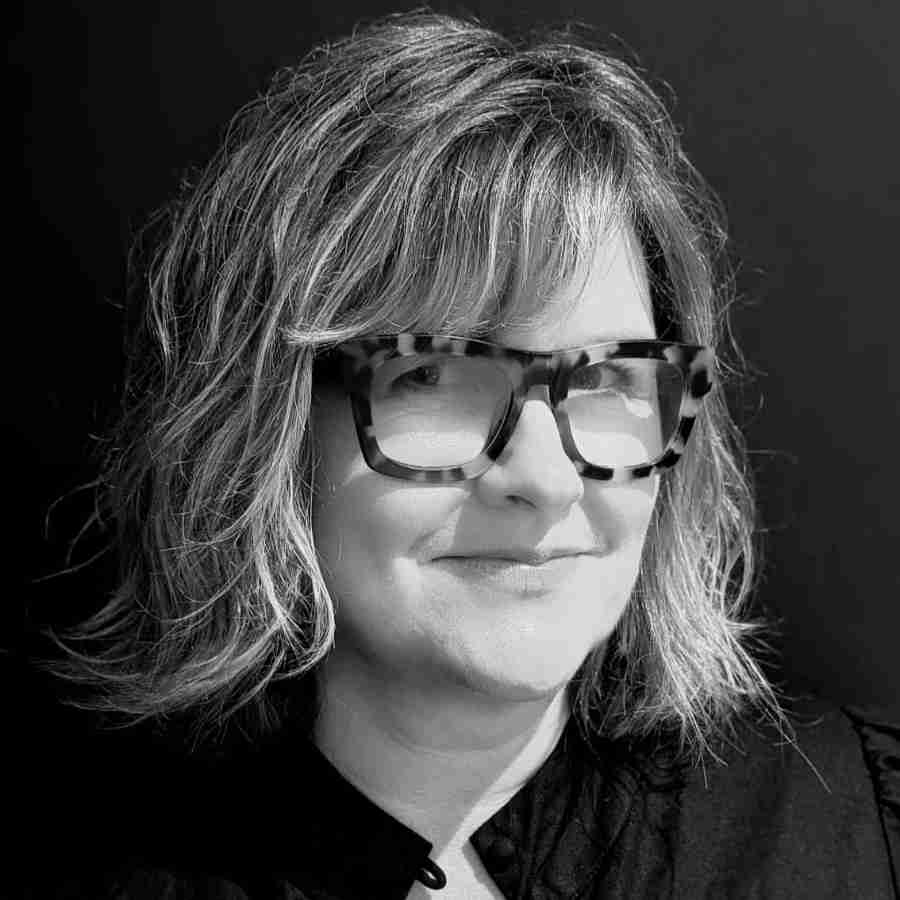

Nicola Rennie is the Co-founder of Reny® Studio, a B Corp creative agency for climate-conscious brands, and Director of Design Declares Australia. With a background in international sports law and 19 years of experience as a creative business owner, she leads research into resistance to climate action in the digital design industry, bringing academic insight to Reny®'s work for global organisations, including the Utah Jazz, Patagonia, and Farmer’s Footprint USA.
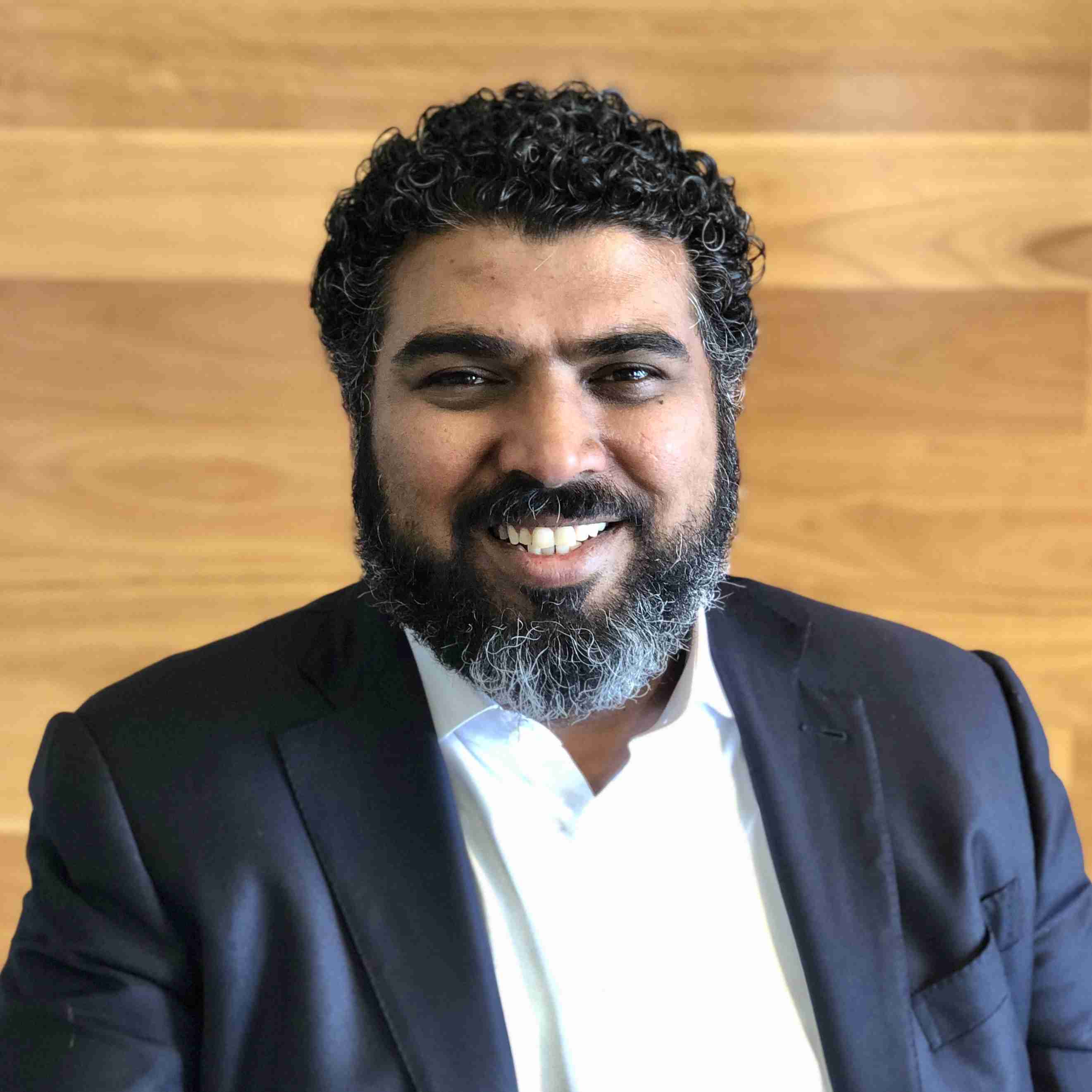

Nigel Andrade is a senior partner and member of the Firm’s global leadership chairing Kearney's strategy, growth, and organization transformation practice as well as a senior fellow of Kearney’s think tank, The Global Business Policy Council. In 2015, he founded Kearney Ignite, which discovers deep customer insights and builds new growth engines for clients.Nigel is passionate about innovation and shared value. He co-authored Australia 2034: Luckier by Design and has written extensively on stakeholder capitalism and sustainability for value. He works closely with boards and CEOs to help organizations address socioenvironmental challenges while delivering sustainable returns.Nigel serves as a nonexecutive director of UNICEF Australia and is an advisor to several not for profit organizations.
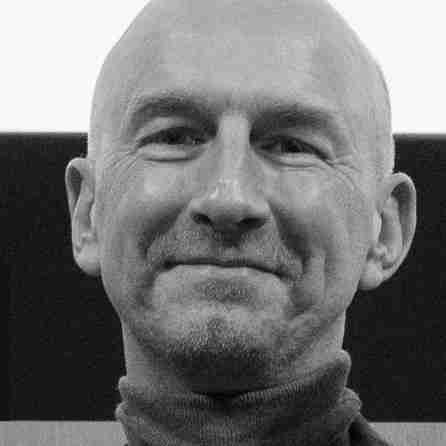

Nigel Dunnett is Professor of Planting Design and Urban Horticulture in the Department of Landscape Architecture at the University of Sheffield and Director of Nigel Dunnett Studio. He is one of the world’s leading voices on planting design, and a pioneer of the new ecological approach to planting public spaces. His work revolves around the integration of ecology and horticulture to achieve low-input but high-impact landscapes that are dynamic, diverse, and tuned to nature, and is based on decades of detailed experimental work, and widespread application in practice, collaborating with a wide range of other professions, and his work has been widely applied in the UK and abroad. Nigel’s aim is to develop, apply, and promote concepts that ‘infiltrate transformational nature in cities, everywhere’.
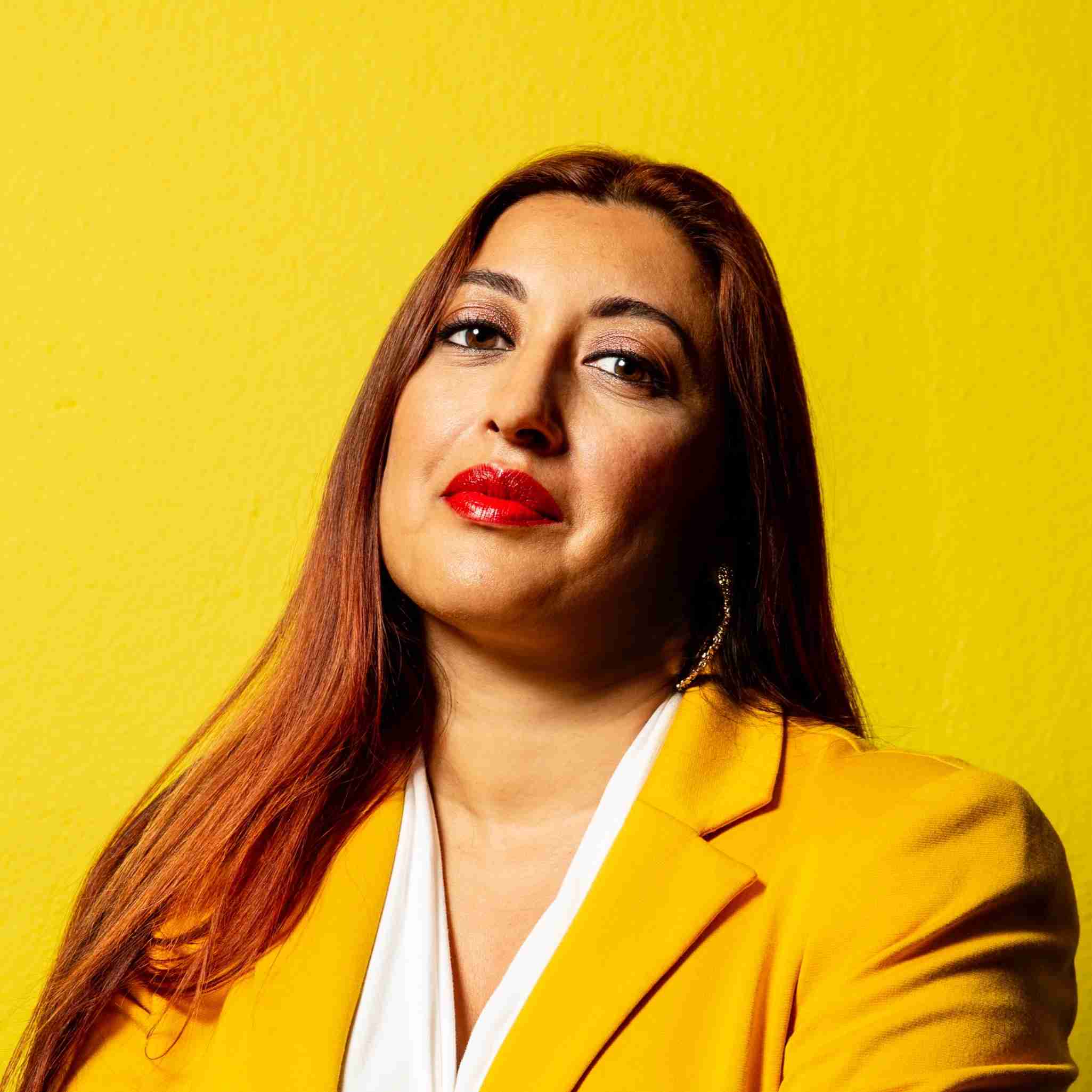

Nilesha is Managing Director of GOOD, a Purpose-driven strategy and creative B Corp agency. She is a Global Integrated Marketing & Communications expert with almost 30 years of experience. At GOOD she is a senior consultant to charity, not-for-profit, and commercial clients in social and environmental impact.Nilesha is also a fiction writer. Her debut novel, Her Two Lives, was published by Faber as its crime thriller superlead title in 2024.


Norman Foster is the founder and executive chairman of Foster + Partners, a global studio for architecture, urbanism and design, rooted in sustainability. He was born in Manchester, and after graduating in architecture and city planning from Manchester University in 1961, he won a Henry Fellowship to Yale University, where he was a fellow of Jonathan Edwards College and gained a master’s degree in architecture. In 1967, he established Foster Associates in London with his late wife Wendy. Over more than five decades the practice has evolved and been responsible for a strikingly wide range of work, from urban masterplans, public infrastructure, airports, civic and cultural buildings, offices and workplaces to private houses and furniture design. Major projects include Beijing Airport, Millau Viaduct in France, 30 St Mary Axe (also known as the Gherkin) and the Great Court at the British Museum in London, the Hearst Headquarters tower in New York, and the Museum of Fine Arts, Boston. Recent projects include Apple Park in California, Bloomberg’s European Headquarters in London, the Comcast Tower in Philadelphia, and the Norton Museum of Art in Florida. Some of his current projects within the practice include 425 Park Avenue in New York, the Narbo Via museum in Narbonne, the Magdi Yacoub Global Heart Center in Cairo, and a community boathouse in Harlem. He is president of the Norman Foster Foundation, based in Madrid with a global reach, promoting interdisciplinary thinking and research to help new generations of architects, designers and urbanists anticipate the future. He became the 21st Pritzker Architecture Prize Laureate in 1999 and was awarded the Praemium Imperiale Award for Architecture in Tokyo in 2002. In 2009, he became the 29th laureate of the prestigious Prince of Asturias award for the Arts and was awarded the Knight Commander's Cross of the Order of Merit of the Federal Republic of Germany. He was appointed by the Queen to the Order of Merit in 1997 and in 1999 was honoured with a Life Peerage in the Queen's Birthday Honours List, as Lord Foster of Thames Bank. His passions include cross-country skiing, cycling and aviation.
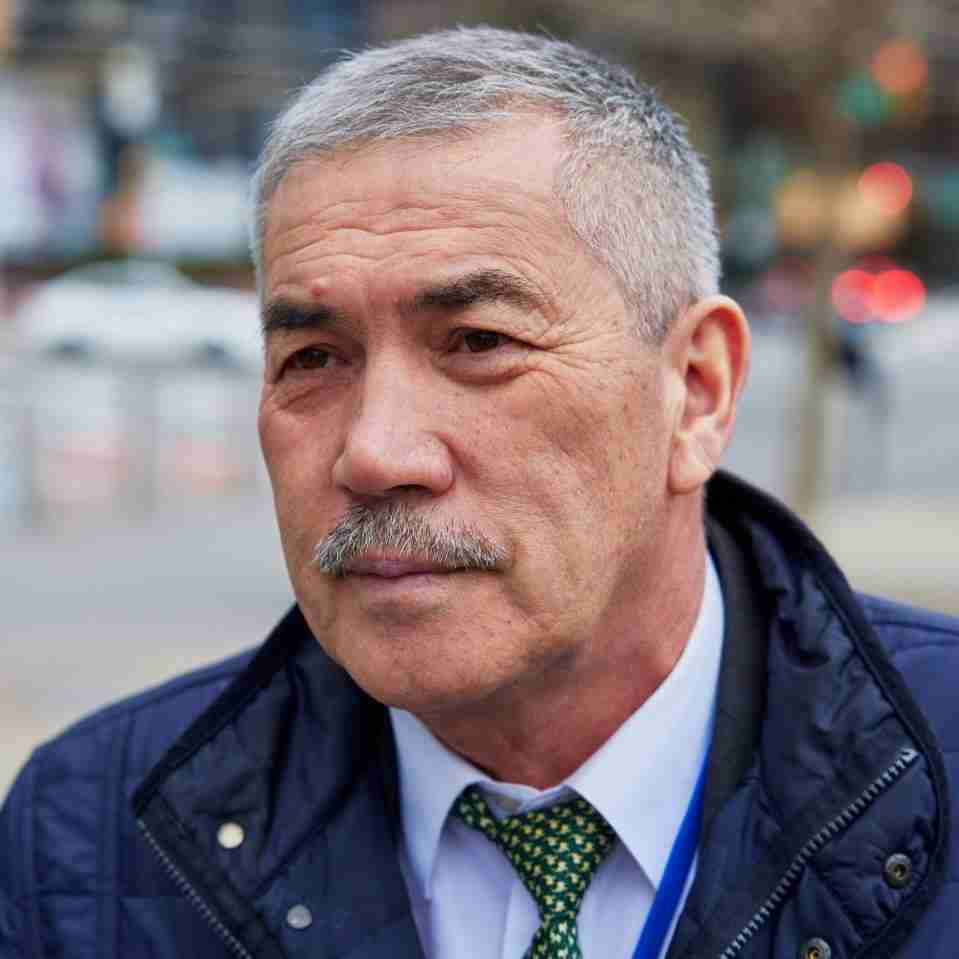

Oktyabr Dospanov is a historian and Head of the Archaeological Department at the State Museum of Arts (Savitsky Museum) of the Republic of Karakalpakstan in Uzbekistan. He holds a PhD in Historical Sciences and specialises in the region's cultural and archaeological heritage.Born in Muynak, a city in northern Karakalpakstan that was once a thriving fishing port on the Aral Sea, Dospanov witnessed firsthand his hometown's transformation from prosperity to environmental catastrophe. Now based in Nukus, far from the receded shoreline, his personal connection to the region and its ecological challenges deeply informs his research and advocacy work.Dospanov's research philosophy emphasises the interconnection between environmental and cultural preservation: “Discussions on sustainable water use, environmental protection, and cultural transformations will help create conditions for the harmonious coexistence of the region’s peoples. In turn, this will contribute to stability, social cohesion, and economic development, which are key to ensuring a happy and prosperous life for local residents.”
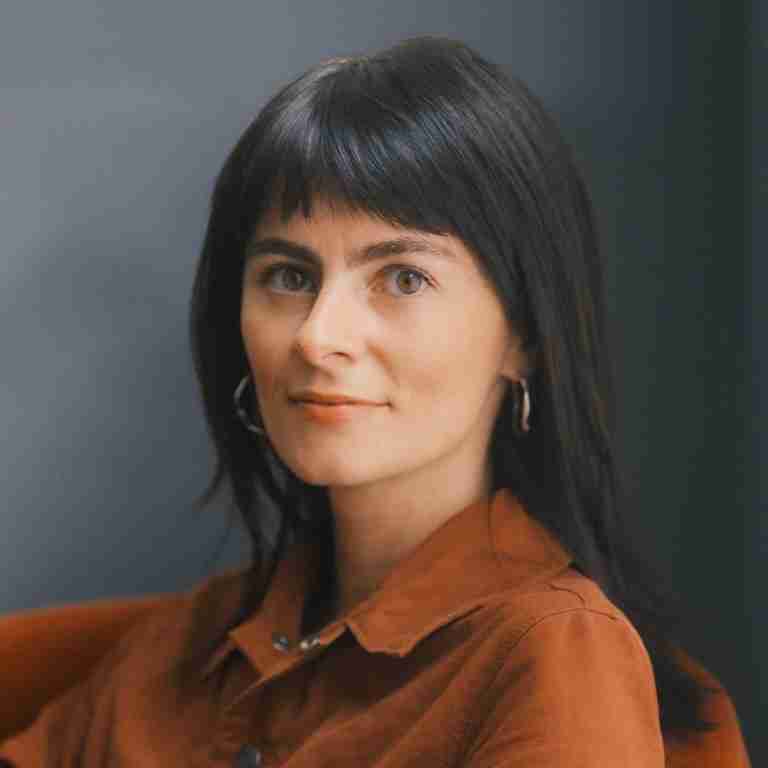

Olivia is a digital designer and strategist at Driftime, where she helps impact-driven organisations create digital platforms and strategies that prioritise accessibility, and responsible design. Driftime's mission is to remove barriers to quality creative work, supporting organisations and non-profits to scale their mission. As part of the Design Declares UK and Brazil groups, she supports the community to advocate for systemic change in the design industry. Olivia is somewhat nomadic, based between Brazil and the UK, seeking eternal summer.
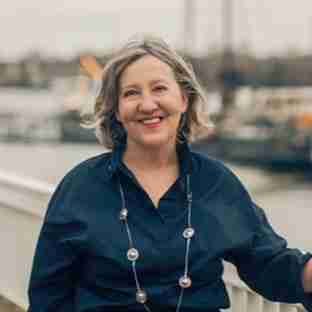

Patricia’s strategic advisory and non-executive work spans disciplines, sectors and geographies. The common thread is connecting: ideas and possibilities, places and people, opportunities and ambition, focused mainly on improving cities and places, creating better experiences for people and prospects for business. Her work has been a significant catalyst in urban change, beginning in 1990’s London when she utilised the private sector’s interest, especially real estate partners, to be active stewards in improving London’s liveability and urban quality, which she saw as fundamental to London’s economic competitiveness. She has led game-changing initiatives, including landing BIDs into the UK, and championing tangible action on public realm, with measures such as Legible London. She sits on a range of profit and not-for-profit boards and is a strategic adviser to a range of land owners, developers, local authorities and infrastructure bodies, as well as chairing a variety of partnership boards.


Paul A. Rodgers is Professor of Design at the University of Strathclyde. Previously, he was Professor of Design at Imagination, Lancaster University and Northumbria University School of Design, Reader in Design at Edinburgh Napier University, and Research Fellow at the University of Cambridge’s Engineering Design Centre. He has over 25 years of experience in product design research and is the author of more than 180 papers and 16 books, which have been translated into several languages including Spanish, Italian, Chinese, and Taiwanese.From 2017 to 2021, he was the AHRC Leadership Fellow in Design where he led projects under his Design Research for Change agenda that highlighted wide-ranging social, cultural, environmental and economic impact across the UK and abroad. He is the Series Editor for Routledge’s Design Research for Change book series.His current research explores the discipline of design and how disruptive design interventions can enact positive change in health and social care. He is Principal Investigator of the AHRC-funded Design HOPES, one of only four Green Transition Ecosystem (GTE) Hubs in the UK, that are part of the Design Museum’s Future Observatory. Design HOPES aims to transform NHS Scotland’s health ecosystem through design-led research, while contributing to the UK’s urgent net zero targets.


With over 20 years’ experience in the packaging industry, working in manufacturing, design, with Proctor & Gamble and in food retail with Sainsbury’s, Marks and Spencer and Prêt, Paula joined the WWF in 2019 as part of the specialist technical team supporting the ambitious Tesco partnership.As a Senior Policy Adviser, she is involved in policy thinking relating to wider resources and waste issues including a global treaty to combat plastic pollution, supporting a shift to a circular economy and advocating for ambitious domestic policy measures to tackle the impacts of resource consumption. She played a leading role in influencing Government to adopt Greener UK’s priority amendment for the Resource and Waste chapter of the Environment Act. She is the current Chair of the Wildlife and Countryside Link’s Circular Economy Working Group, an adviser on UKRI’s Smart Sustainable Plastic Packaging Challenge and was appointed as the joint eNGO representative on the pEPR Scheme Administrator Interim Steering Group.


Pete Broadbent is Head of Design and Analysis at Connected Places Catapult, the UK’s innovation accelerator for transport, the built environment, cities and local growth. With over 25 years of experience across user-centred design, innovation strategy and public sector transformation, Pete champions the role of design in driving systemic change.He led the flagship Design to Deliver programme, a cross-Catapult initiative funded by Innovate UK, focused on embedding design capabilities across innovation ecosystems to accelerate impact from lab to market. Pete plays a central role in aligning design, policy and business strategy, ensuring that innovation efforts are inclusive, scalable and grounded in real-world needs.Starting his career in the early days of digital media, Pete has since held senior roles in design consultancies, management consultancies and government departments. He specialises in building high-performing multidisciplinary teams and is an advocate for design as a powerful enabler of economic growth, sustainability and social equity.
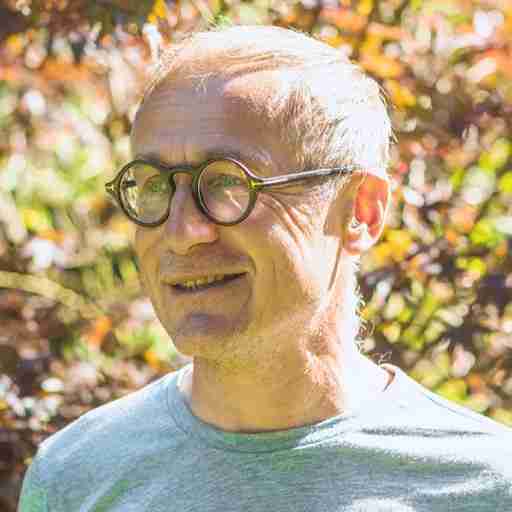

Pete Swift is a Landscape and Urban Designer passionate about place, planet, and people. He is the Managing Director of Planit – an interdisciplinary creative studio with a mission to design for all life to thrive in balance. As a founder of the UK’s first built environment B Corp, he is now focused on leading the business through the succession phase and on to becoming Net-Positive. Pete and his team take an integrated approach to urban futures, pioneering the way forward for sustainability in their projects, collaborating on all scales – from city region to towns, spaces, and objects.He has driven the establishment of Planit’s Regenerative Practice programme and network through their ‘Land-Lab’ in Gloucestershire. Pete leads on a handful of mission-making projects throughout the UK – with a specific focus on place-changing policies, framework planning, and ‘good growth’ – that move beyond sustainable to net-positive and beyond into regenerative practices. Pete is a founding member of the Liverpool City Region Combined Authority Built Environment Board and Chair of the PLANT CIC in Manchester – the UK’s biggest urban gardening volunteer-led project.
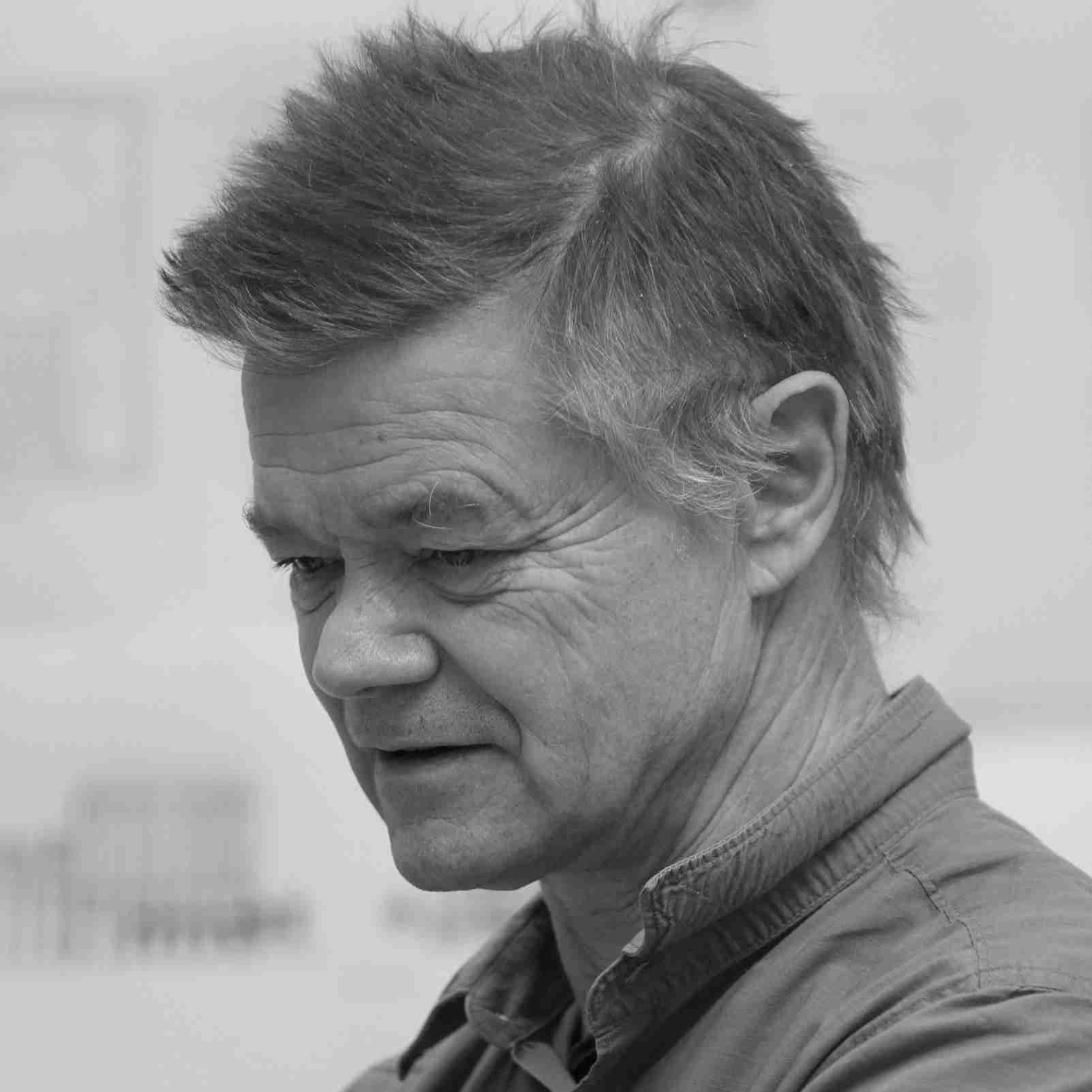

Peter Clegg established the architectural practice Feilden Clegg Bradley Studios with Richard Feilden in 1978. FCBStudios has won more RIBA awards in the UK than any other architectural practice. Regarded as a pioneer in environmental design, Peter is active in research, design, and architectural education. His work is primarily in the education and cultural sectors. He has led projects at Yorkshire Sculpture Park, London’s Southbank Centre, Brighton Corn Exchange theatre and the Leventis Gallery in Cyprus. Educational projects include a new School of Engineering in Toronto, and an Academy for the Aga Kahn Foundation in Bangladesh. He is a trustee of the Yorkshire Sculpture Park, the educational charity Jamie’s Farm, and the Feilden Foundation, which works on educational projects in East Africa. He has chaired the RIBA awards nationally and internationally, and is founding chair of Design South West. He holds a professorship at Bath University and was made a Royal Designer for Industry in 2010.
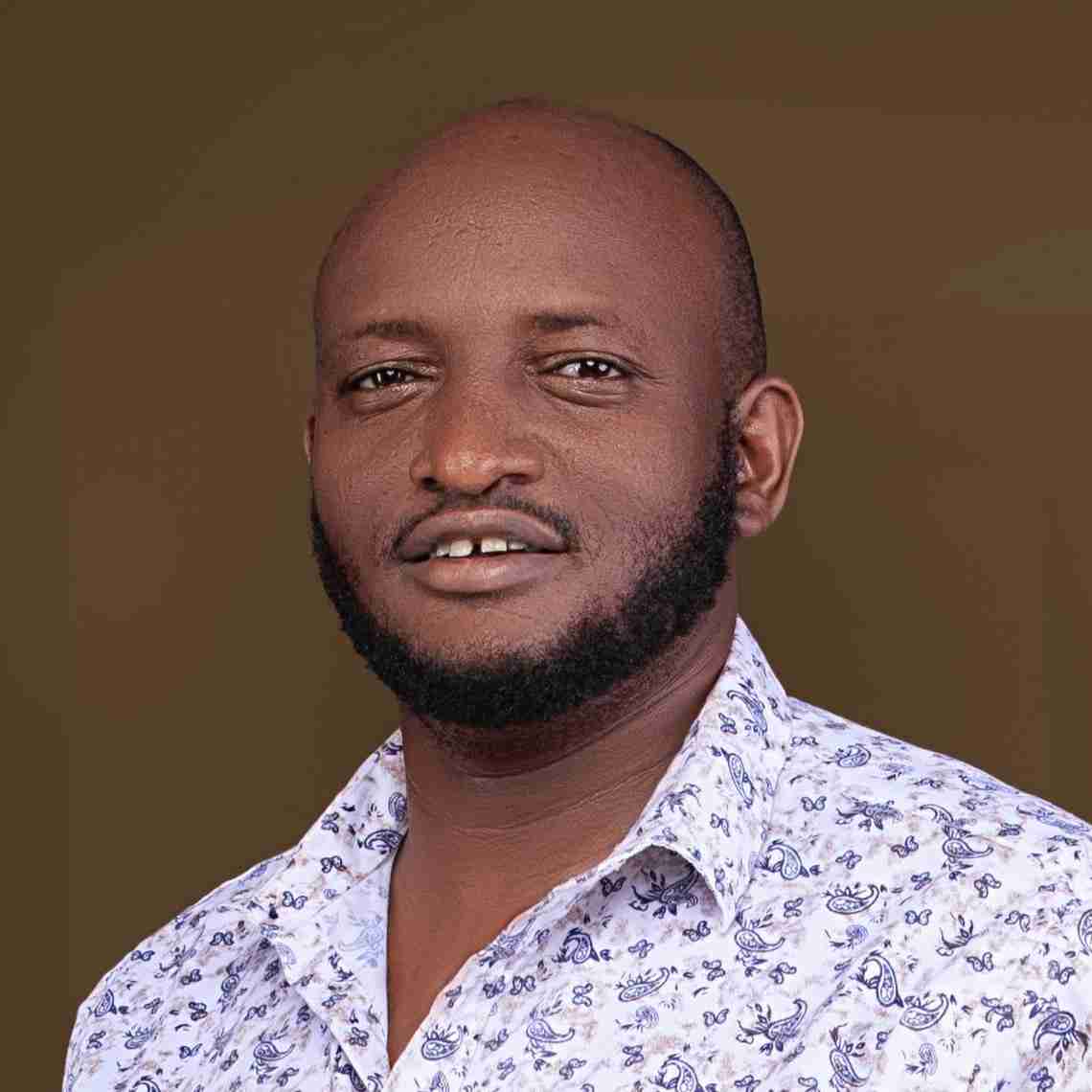

Peter Gitau is a dynamic educator, community leader, and senior programme coordinator at Energy Makers Academy, a groundbreaking initiative by Open Energy Labs that equips young people across Kenya with hands-on solar energy skills and digital learning tools. His work empowers students—especially in rural, underserved, and off-grid communities—to build, understand, and maintain solar systems, transforming them into Fundi wa Solar (solar technicians) who light up homes and futures. With over 20 years of experience in education, grassroots technology, and social impact, Peter has trained thousands of learners and educators across Kenya, Tanzania and Uganda. He has led teacher training on 21st-century skills and pedagogical innovation, and set up over 170+ computer labs that have opened digital doors for countless students. He previously managed an NGO focused on edtech, scaling access to digital tools and learning.Peter’s leadership extends beyond the classroom. As the Chairman of Compassionate Acts Foundation, he champions holistic community transformation—feeding the hungry, sheltering the homeless, and mentoring talented youth through coaching and compassionate service. Born and raised in Kenya, Peter brings together deep local understanding with global vision. He holds a background in Computer Electronics and is certified in Business Management by the Association of Business Executives (ABE). At the heart of his work is a powerful belief: that every young person, regardless of where they are born, deserves the dignity of opportunity.
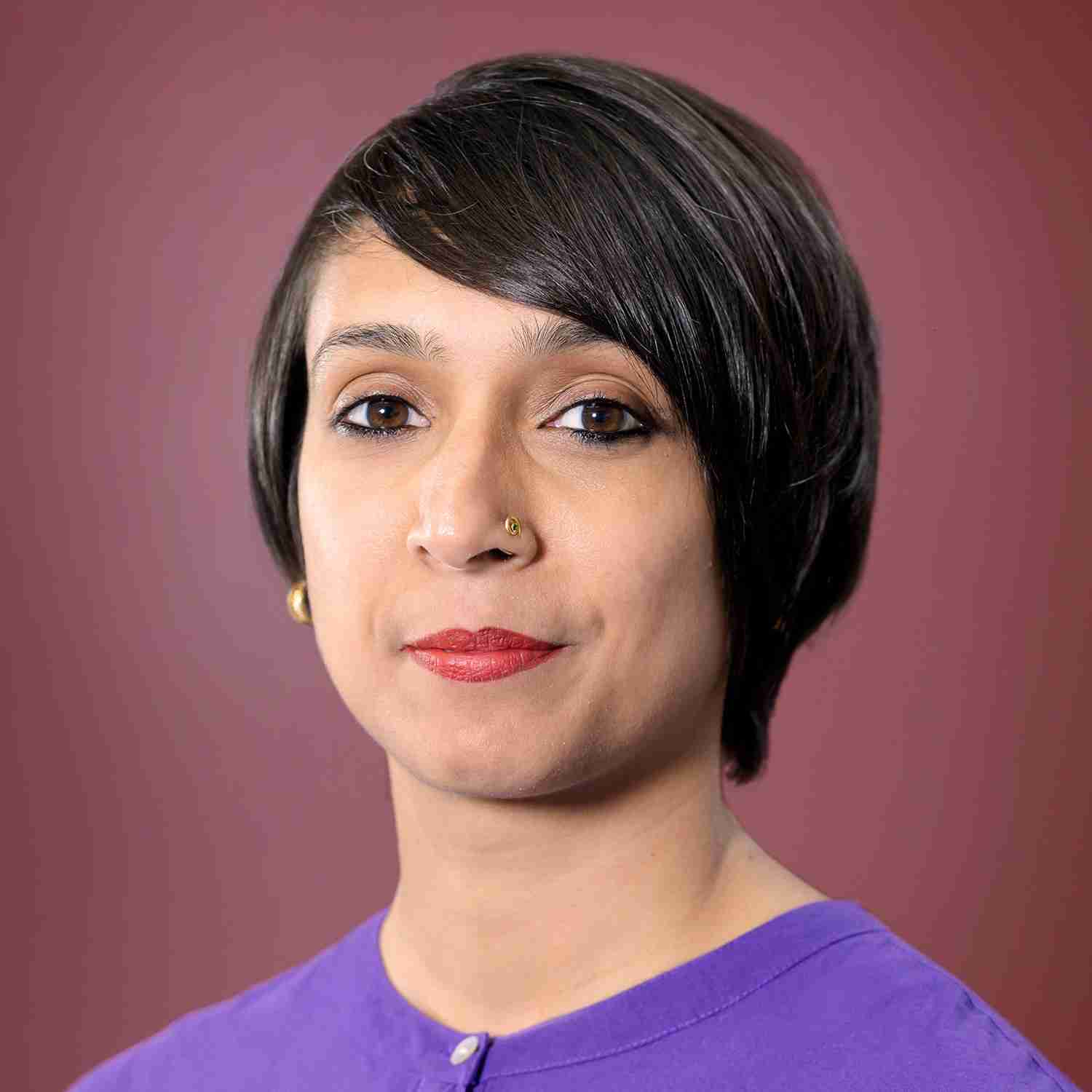

Pooja Agrawal is the Chief Executive Officer and co-founder of Public Practice. Public Practice is a not-for-profit organisation that builds the skills and capability of the public sector to improve the quality, equality and sustainability of places.She is an architect and planner who worked as a public servant at Homes England and the Greater London Authority. She also co-founded the social equality platform Sound Advice and co-published Now You Know, a compendium of fifty essays exploring spatial and racial inequality. She is a Trustee at Open City and a Fellow at the Institute of Innovation and Public Purpose. In 2023, she received the “London Design Festival Innovation Award”, the “AJ100 Contribution to the Architecture Profession Award” and UKREiiF’s ‘People and Skills Torchbearer Award’. Over the years, she has repeatedly been included in the Planner’s Woman of Influence list of recognition.


Priya Ahluwalia is a London-based Designer and Film Director of Nigerian and Indian heritage who established her name-sake label “Ahluwalia” in 2018. Ahluwalia is informed by the designer’s dual heritage and London roots and explores the potential of vintage and surplus materials by giving them new life.Ahluwalia embarked on the MA Menswear Course at The University of Westminster and it was here that she developed her design ethos and point of view that would inform her work moving forward. During the course, Ahluwalia went on a family trip to Lagos, where she noticed hawkers wearing obscure vintage European clothing and wanted to learn more about how the clothing ended up there. It was then that she learnt about the global second-hand clothing trade. Following the thread of research, she learnt about Panipat in India which is the global capital of recycling clothing in the world. Shortly after, Ahluwalia visited Panipat and saw first-hand the sheer amount of clothing that ended up there. The research and photographs Ahluwalia took culminated in a book Sweet Lassi and informed the direction of her final collection and ultimately, the brand.Since the inception of the brand, Ahluwalia has enjoyed working with others and has collaborated with Mulberry, GANNI, Paul Smith and Microsoft. She has also worked on brand partnerships with Porsche, NTS and Adidas among others. Despite only being established in 2018, Ahluwalia has several international stockists including Net a Porter, Harrods, Saks, and Printemps.Ahluwalia’s work and creative vision extends past clothing, in 2020 she released her second book, Jalebi, which celebrates the beauty of multicultural Britain in London’s Southall. In November 2020 Ahluwalia was invited to join Gucci Fest and create her first film, Joy, a kaleidoscopic look at the Black British experience. Ahluwalia went on to creatively direct and direct a further six notable films and as a result, she was signed as a film director with Ridley Scott’s Blackdog film agency. Additionally, in 2024, she was commissioned to design a rug in collaboration with Studio Ashby, further showcasing her versatility and innovative approach to design.Ahluwalia has since directed branded films for Nike and Levis, a music video for Grace Carter, a campaign celebrating 30 years of NEWGEN for the London Design Museum, and short films Beloved and Blessings. In all her work, Ahluwalia endeavours to create, innovate and design whilst driving social and environmental change.
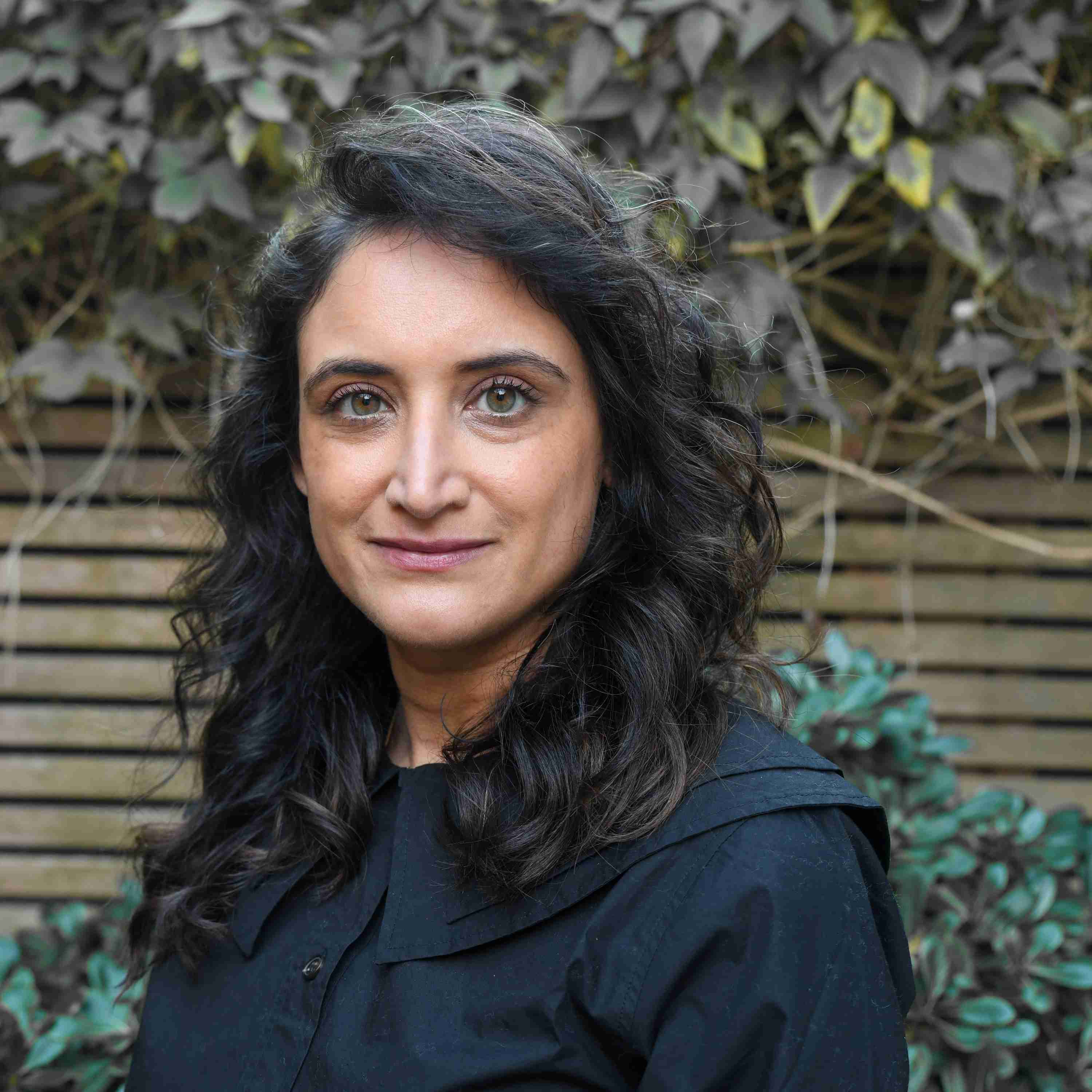

Priya Khanchandani is a writer, curator and broadcaster, educated at the Royal College of Art and at Cambridge University. Formerly the Head of Curatorial at the Design Museum in London, her projects include the celebrated exhibition The Offbeat Sari with an associated book published with Thames and Hudson. She also curated Design Museum exhibitions Bethany Williams: Alternative Systems, Yinka Ilori: Parables for Happiness and the blockbuster Amy: Beyond the Stage. Her biennial projects centre around interrogating narratives of identity and belonging through re-examining the existing canon of design, such as co-curating Pattern as Politics with Sam Jacob at Lisbon Architecture Triennial, and curating State of Indigo, the India Pavilion at London Design Biennial. Previously the first female Editor in Chief of celebrated architecture magazine Icon, Khanchandani was nominated for Fiona Macpherson New Editor of the Year, and as a respected critic and commentator, she has published widely on design in numerous books and in publications such as The Financial Times, the Guardian, Vogue, Wallpaper* and Frieze. As a broadcaster, she appeared as Guest Judge of the India episode of the BBC flagship programme Sewing Bee and previously on BBC Newsnight, BBC Woman’s Hour and Front Row. A former lawyer, she lectures internationally and is a trustee of The Hepworth Wakefield.
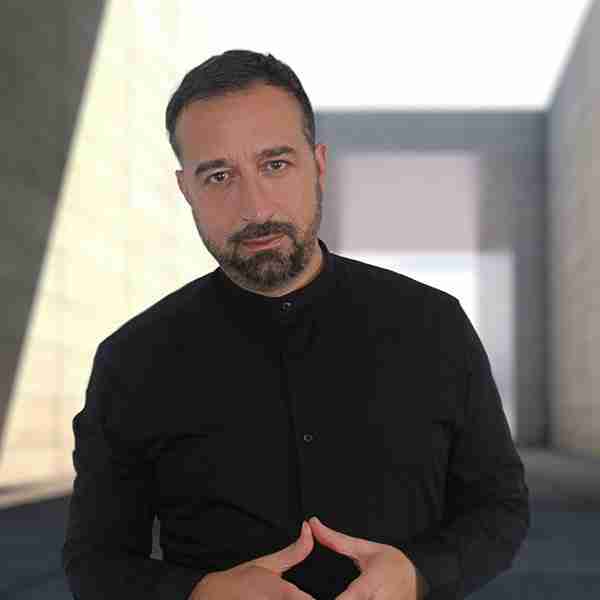

Professor Anastasios Maragiannis is an international leader in design education, research, and innovation, with a career dedicated to advancing inclusivity and sustainability in creative practice. He has held senior academic positions at the University of Westminster and Greenwich University, where he transformed curricula, forged global partnerships, and strengthened industry-focused learning.
His interdisciplinary research has addressed pressing societal challenges, from youth entrepreneurship to inclusive co-design, with projects supported by the EU and international organizations. As one of five facilitators of the global initiative Design in Space for Life on Earth, organized by the World Design Organization (WDO®) and the ISS National Laboratory, he led work aligning design innovation with the UN’s Sustainable Development Goals.
Professor Maragiannis’ outputs have been showcased internationally, and his forthcoming book, Design in Action (Intellect, 2025), explores design’s role in driving social impact. He is a Fellow of the RSA and Principal Fellow of the Higher Education Academy.
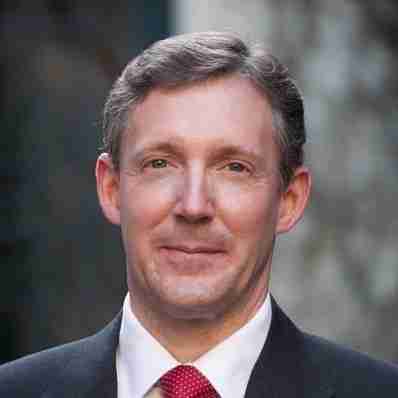

Professor Christopher Smith is the Executive Chair of the Arts and Humanities Research Council (AHRC) and International Champion for UK Research and Innovation (UKRI). He has been Professor of Ancient History at the University of St Andrews since 2002, and he was also Vice-Principal (2007-2009), before being seconded as Director of the British School at Rome, the UK’s leading humanities and creative arts research institute overseas, from 2009 to 2017.He is the author or editor of over 20 books from textual editions to museum studies. He is a Fellow of the Royal Society of Arts and a Member of the Academia Europaea.
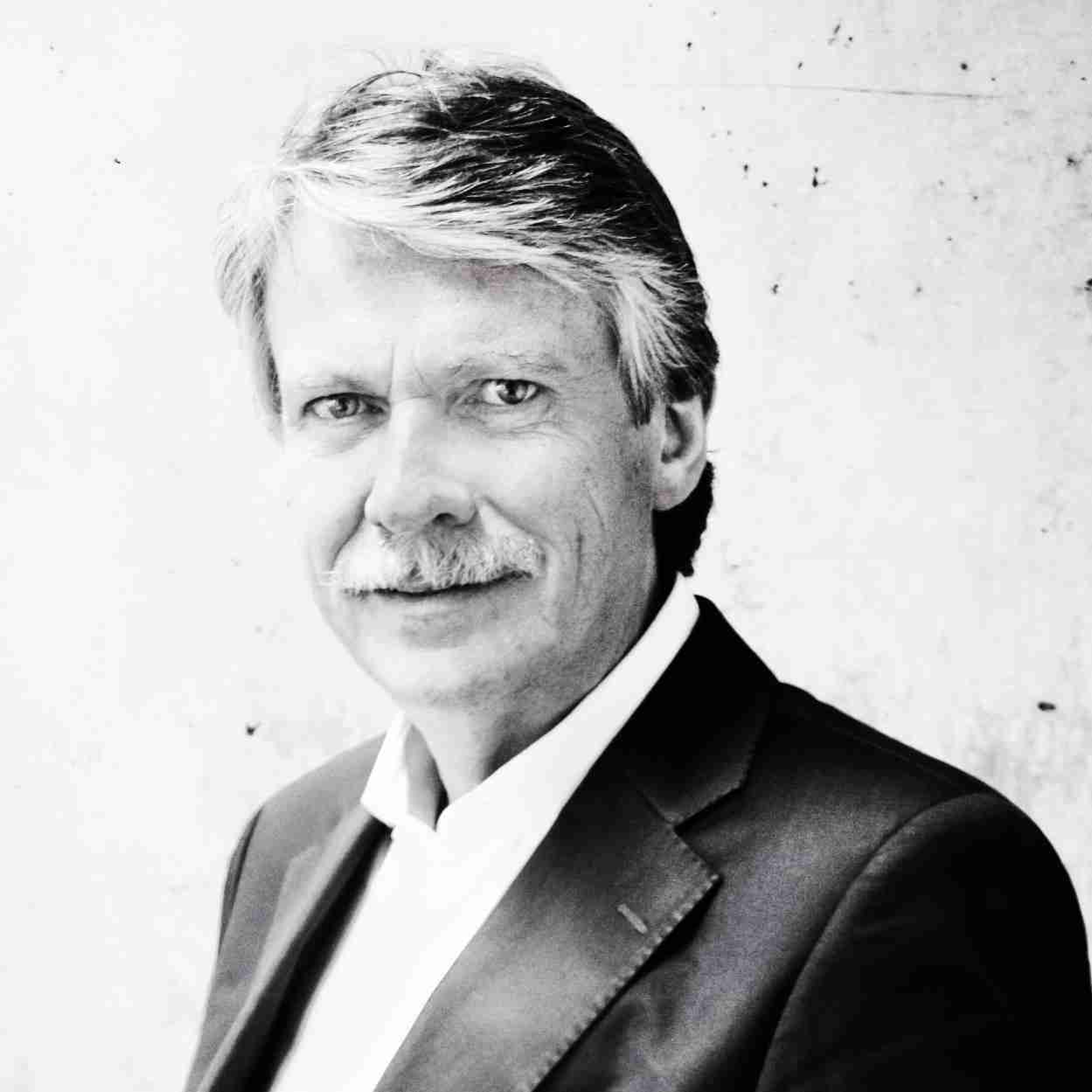

A designer and art historian, Professor Dr Klaus Klemp is a former full-time professor of design history and design theory at the Offenbach University of Art and Design (HfG Offenbach) and design curator at the Museum of Applied Art Frankfurt am Main. From 1995 to 2005, he served as a member of the executive board at the German Design Council where he first met Dieter Rams, president at that time. Since 2010, he has been a member of the Board of Trustees at the Dieter and Ingeborg Rams Foundation and since 2022, its Managing Director. Dr Klemp is a founding member of the German Design History Society (GfDg) and has authored numerous publications on modern architecture and design, including a 2020 compilation of Dieter Rams’ catalogue raisonné.
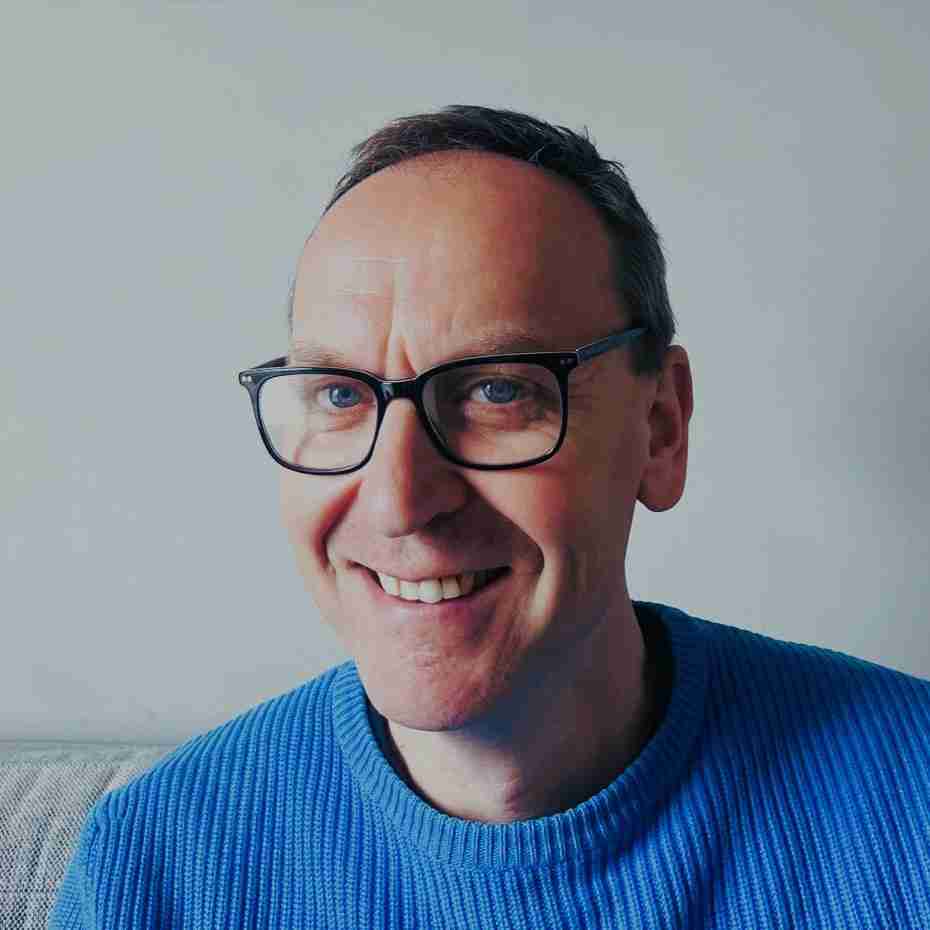

A social scientist and human geographer by training, my research interests are in the social and cultural dimensions of natural resource management with a particular specialism in rural and agricultural environments. My work is distinguished by its participatory and collaborative nature, as well as by direct intervention in the policy process. In recent years, I have played a prominent role in the elaboration of interdisciplinary approaches to the valuation of nature within environmental policy and decision-making, co-leading the UKRI’s Valuing Nature programme. My recent graphic textbook on this topic, Valuing Nature: The Roots of Transformation, won the Taylor & Francis Outstanding STEM Book of 2021. I am the founding lead editor of the BES journal People and Nature.
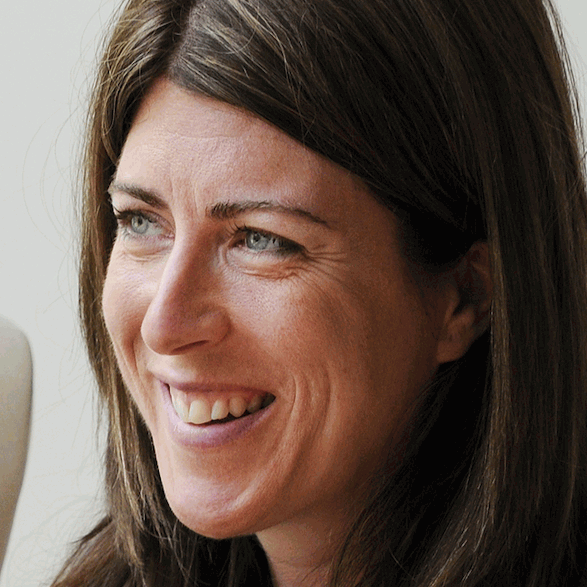

Sharon is Professor of Design & Materials, and Director of the Materials Science Research Centre at the Royal College of Art in London, UK. She has held various academic positions at Central Saint Martins College of Art & Design, Brunel University London, and the RCA. She was made Chair of the Burberry Material Futures Research Group in 2018, which was the first phase of the RCA’s strategic plan to establish a research centre in materials science. Sharon has led numerous interdisciplinary research projects funded by UK research councils, including more recently, one of the five national circular economy centres funded by the UK Research & Innovation National Interdisciplinary Circular Economy Research programme – the Textiles Circularity Centre. She has also worked as a consultant for Courtaulds Textiles, Marks & Spencer, and Unilever.
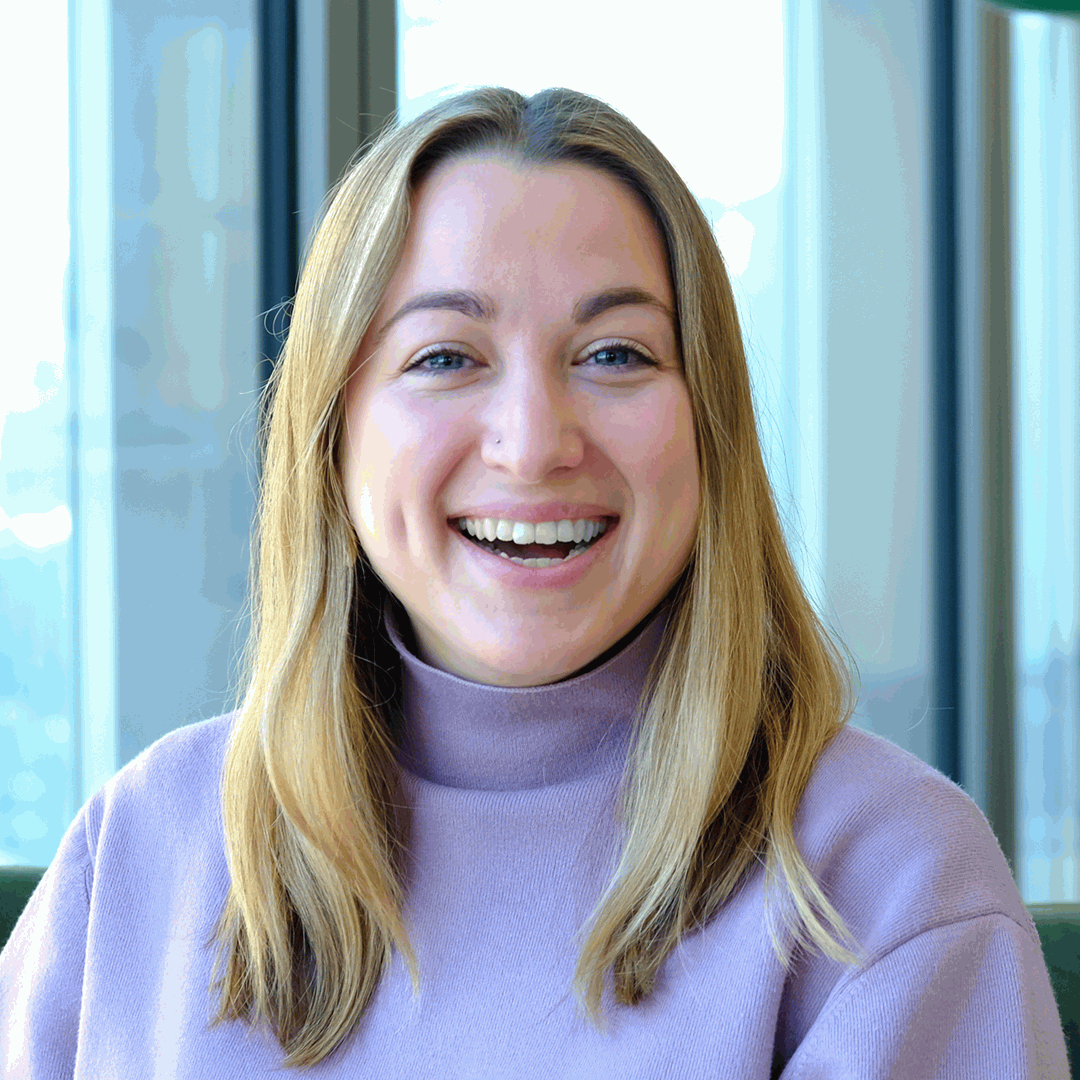

Having worked across the private, public and third sector, Rachel brings her multidisciplinary background to programmes at the Design Council. As a consultant, she was fortunate to experience a lot of breadth in her role. Projects varied from working with the Department for International Trade to design a service to help exporters export goods post-Brexit, to re-defining the British Business Bank’s Employee Value Experience and transforming AVON’s customer experience. Rachel has completed a year-long social leadership programme called On Purpose, which gave her the opportunity to transfer her skills to purpose-led organisations. Through the programme she received training on systems thinking, measuring impact, building movements, and values-led leadership. She leads programmes with a greater awareness of herself, others, and wider impact as a result.
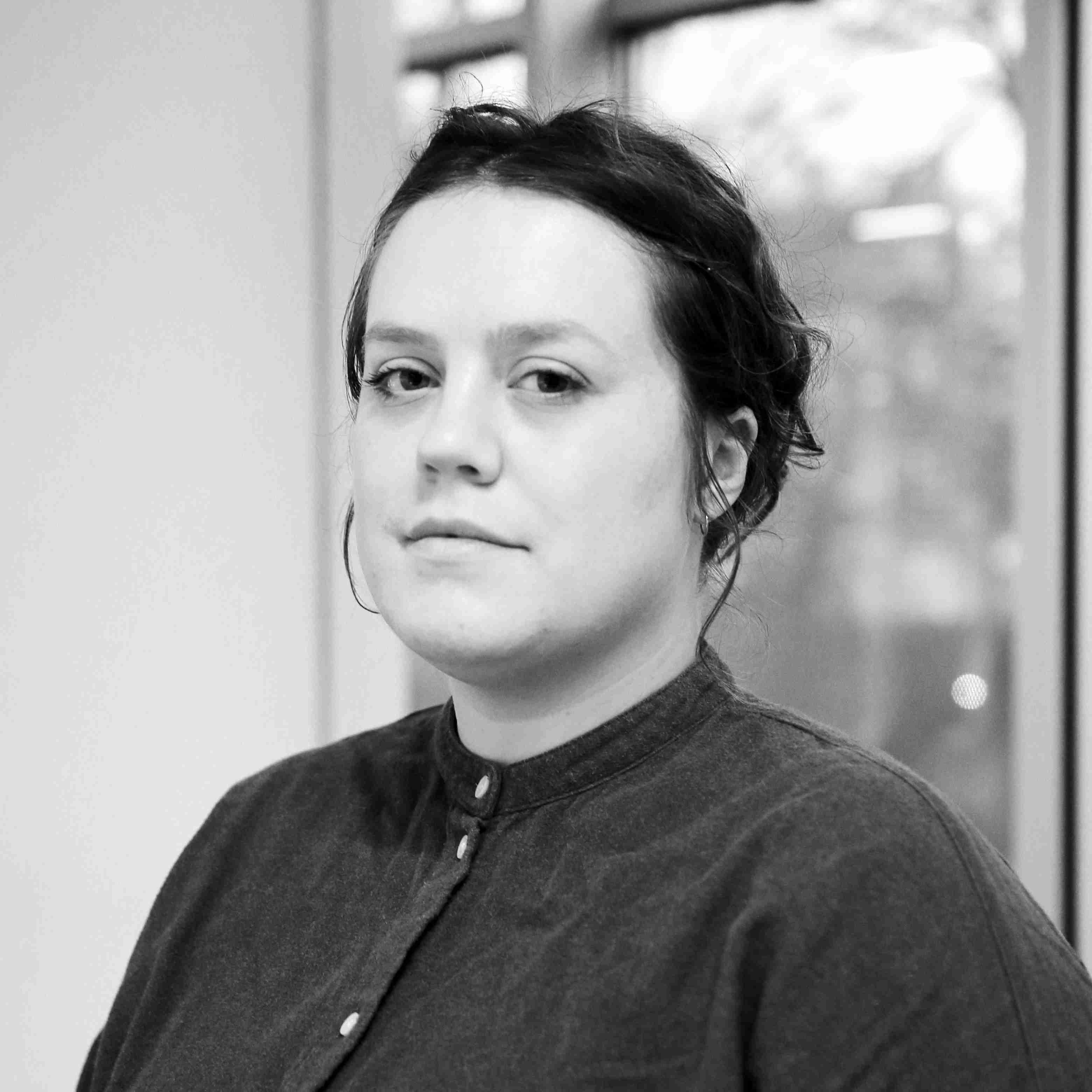

Rebecca Lewin is Head of Curatorial Programme at Future Observatory, the Design Museum’s national research programme for the green transition. Previously, she was Senior Curator at the Design Museum and Curator of Exhibitions and Design at Serpentine Galleries. She has produced independent exhibitions at Centre Pompidou Metz, Kestle Barton and Cell Project Space, and has contributed to artist’s monographs, Phaidon’s publication Vitamin C and Koenig Books. She has taught on courses at the Royal College of Art and Design Academy Eindhoven and acted as an external examiner at Iceland University of Arts and écal Lausanne. Lewin is co-curator of the Design Museum’s exhibition More than Human.


Rhea Thomas is an award-winning venture designer and social innovator, shaping regenerative futures through her work at the intersection of design, technology, and social impact. She is the founder of Seasprout, a bio-design venture reimagining seafood waste to create regenerative materials.Her work has been showcased by the BBC, exhibited internationally, and won awards including The Arts Foundation Futures Award for Regenerative Design. Rhea serves on the World Design Organisation’s Young Designers Circle (2023–25). She has been recognised as a Bill & Melinda Gates Foundation Goalkeeper for the UN SDGs and as a UNHCR Young Champion for Refugees for her work in humanitarian innovation and commitment to the UN SDGs.Rhea holds a dual MA/MSc in Global Innovation Design from the Royal College of Art and Imperial College London. Her practice is deeply shaped by her lived experiences across India, Japan, New York, and London.
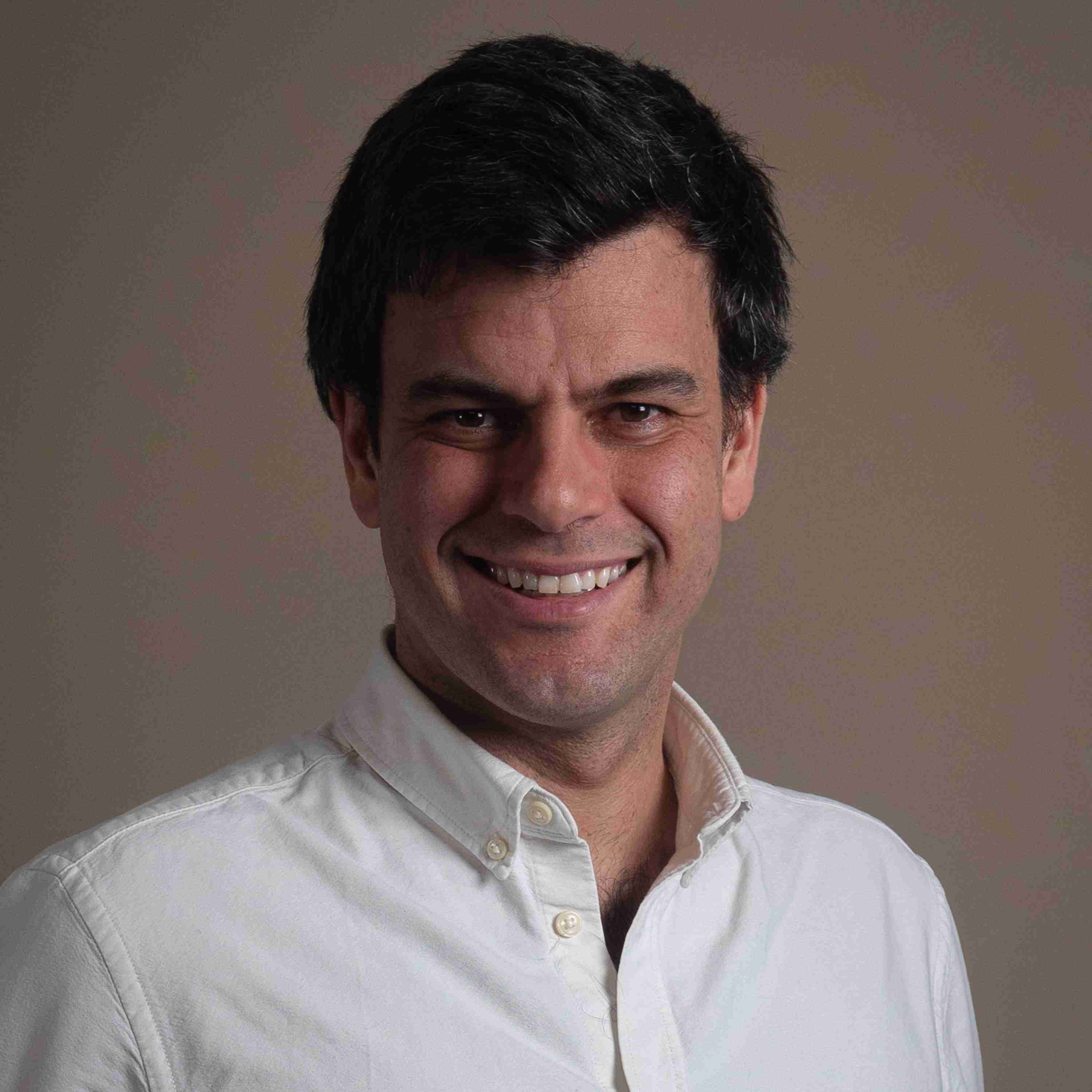

Rodrigo Garcia Gonzalez is a Designer, Architect, and Inventor. He is the Co-Founder and Co-CEO of Notpla, a start-up with the goal of making plastic packaging disappear.Their first product, Ooho is an edible bubble made of seaweed that can contain water or other liquids and has been used in sports events like the London Mararthon and Roland Garros. Notpla won Prince William’s £1,000,000 Earthshot Prize in 2022, the Grand Prix in Design at Canne Leon International Festival of Creativity, the World Technology Award by Fortune and TIME, the WIRED start-up of the year, and the Green Tech Award.Rodrigo received his architectural degree from ETSAM, Technical University of Madrid. He studied at the Centre for Environmental Planning and Technology University (India), Pontificia Universidad Católica (Chile), Umeå Institute of Design, Imperial College London, and the Royal College of Art. He has lectured at universities including Cornel University, CEPT, Imperial College, and the Royal College of Art. Currently, he is a visiting lecturer of Design at Kingston University and Central Saint Martins. He is part of the Jury for the Princesa de Asturias.
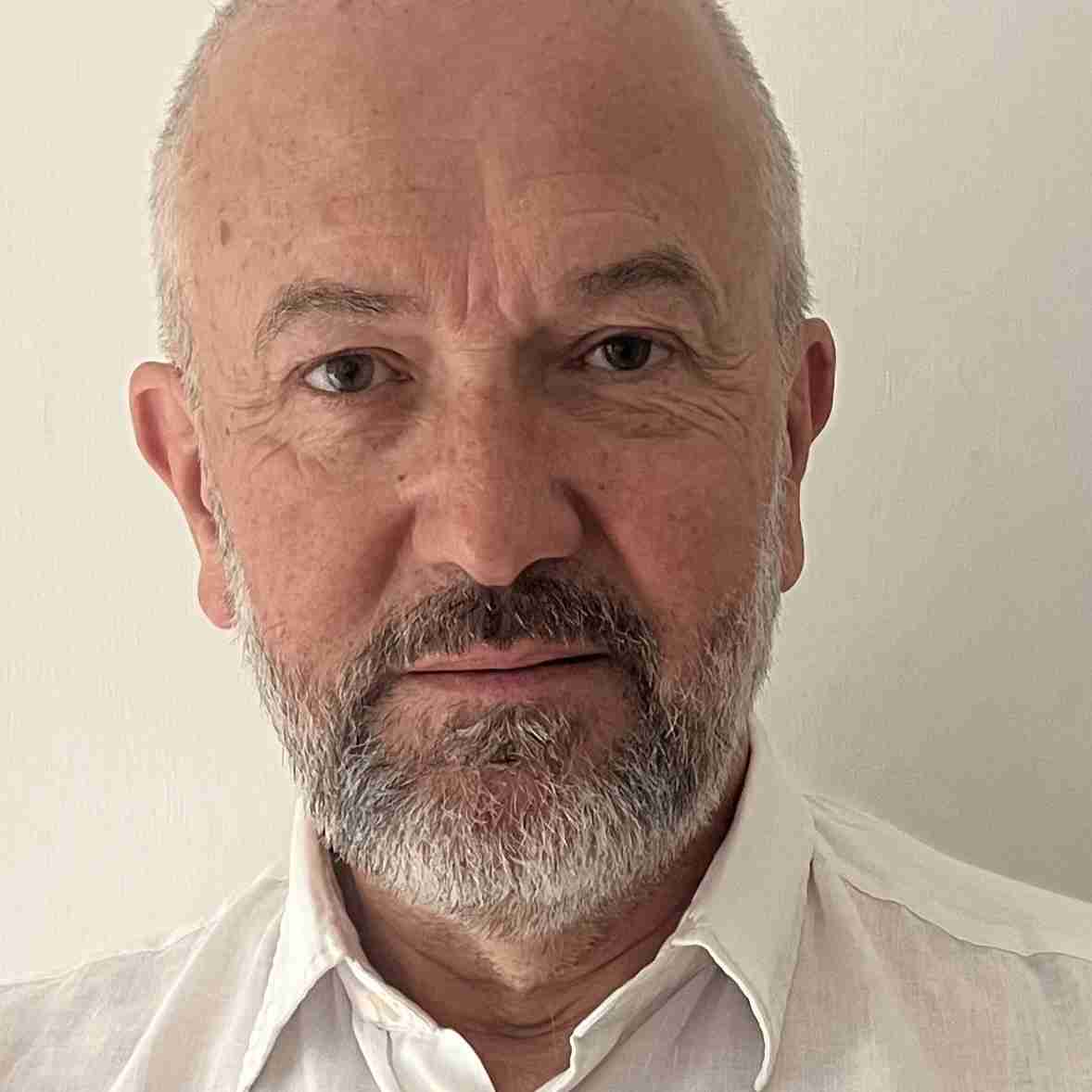

He was formerly Director of the Architecture Foundation, Architecture Critic of the Evening Standard and Editor of Blueprint magazine.His most recent book is Property, the Myth that Built the World, published by Faber in 2023. Previous books include Slow Burn City (Picador 2016), which explores the transformations of London in the 21st century, and Why We Build (Picador 2012).His awards include Critic of the Year at the UK Press Awards.
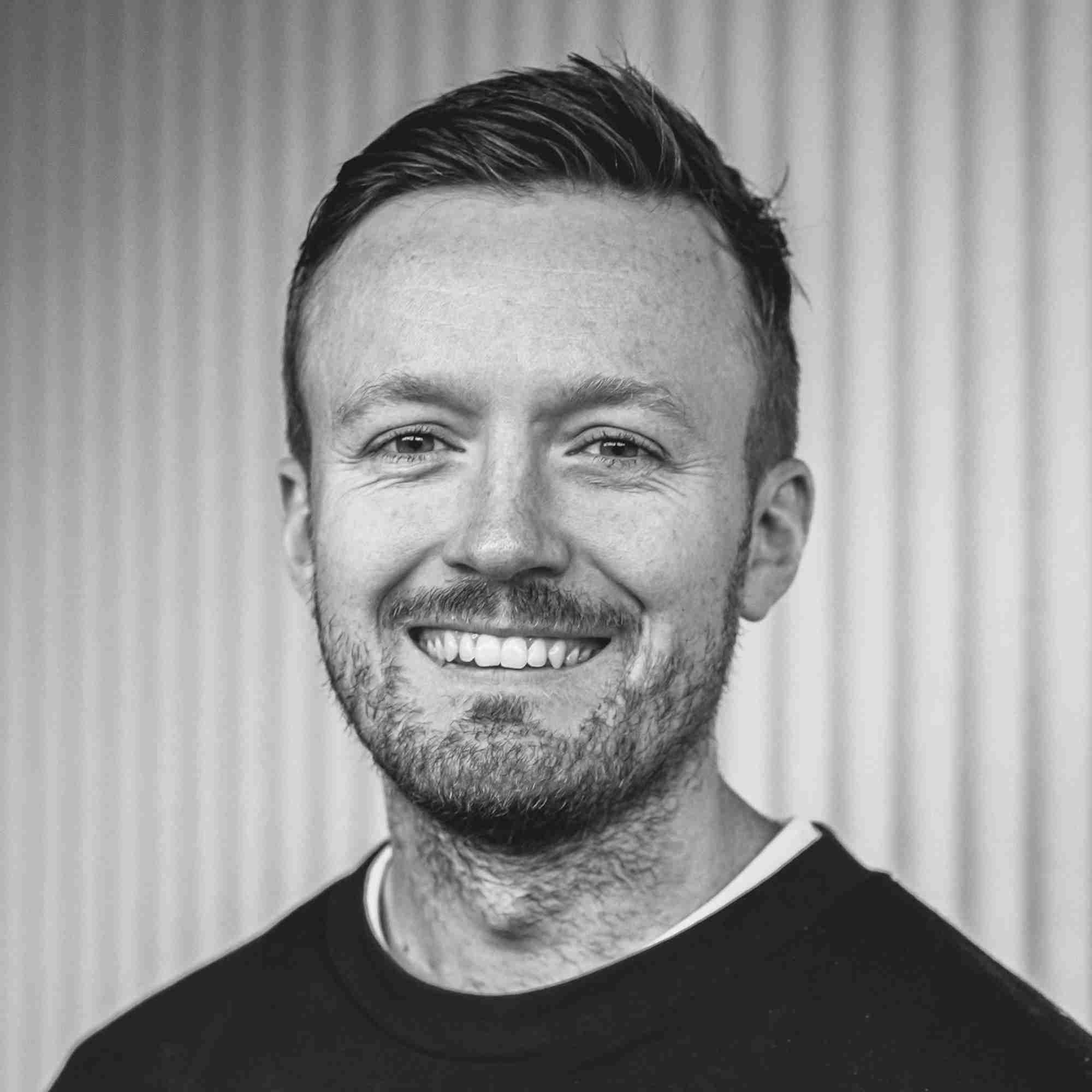

Rowan Williams is Creative Director of Panasonic Design London, guiding insight, strategy, creation, and storytelling across brand, product, spatial, UX, and vision design. Working at the intersection of business, technology, and creativity, he leads these multidisciplinary projects with a focus on delivering measurable impact.Active in the design community, he supports educational design initiatives, has judged the Design Business Association Awards, and spoken at major events including Milan Design Week, London Design Festival, Global Design Forum, and now including the World Design Congress 2025 at the Barbican, London, where he will be sharing design’s essential role in business transformation.Rowan began his career at world-leading consultancy Seymourpowell, delivering creative and strategic projects for global brands, and holds a First Class Honours degree in Industrial Design from Loughborough University.
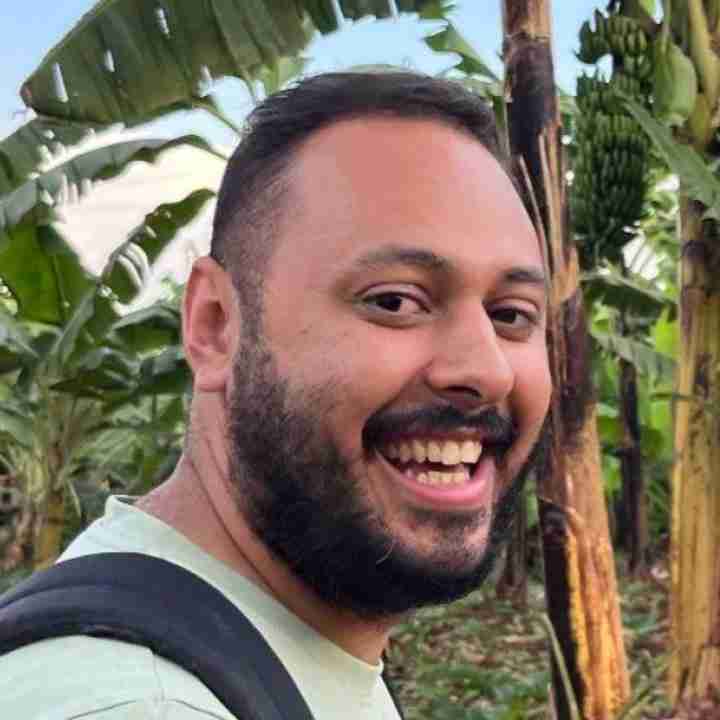

Samson Sahmland-Bowling is the Director of Energy Makers Academy, a “learn by making” educational programme which leverages mobile technology to teach young people to build and repair off-grid solar power systems. The programme has trained youth across Africa, helping them earn income while bringing reliable electricity to their communities. Through this work, he has advised UN agencies on solar repair strategies in refugee camps and continues to collaborate with governmental and private sector partners in both the education and energy sectors.Driven by the conviction that transformative solutions come from those who deeply understand their local context, Samson aims to deliver learning experiences that are as practical as they are empowering. Whether enabling students to electrify their homes or supporting communities to reimagine infrastructure, his approach reflects a deep belief in the power of education, engineering, and grassroots innovation to drive sustainable impact.
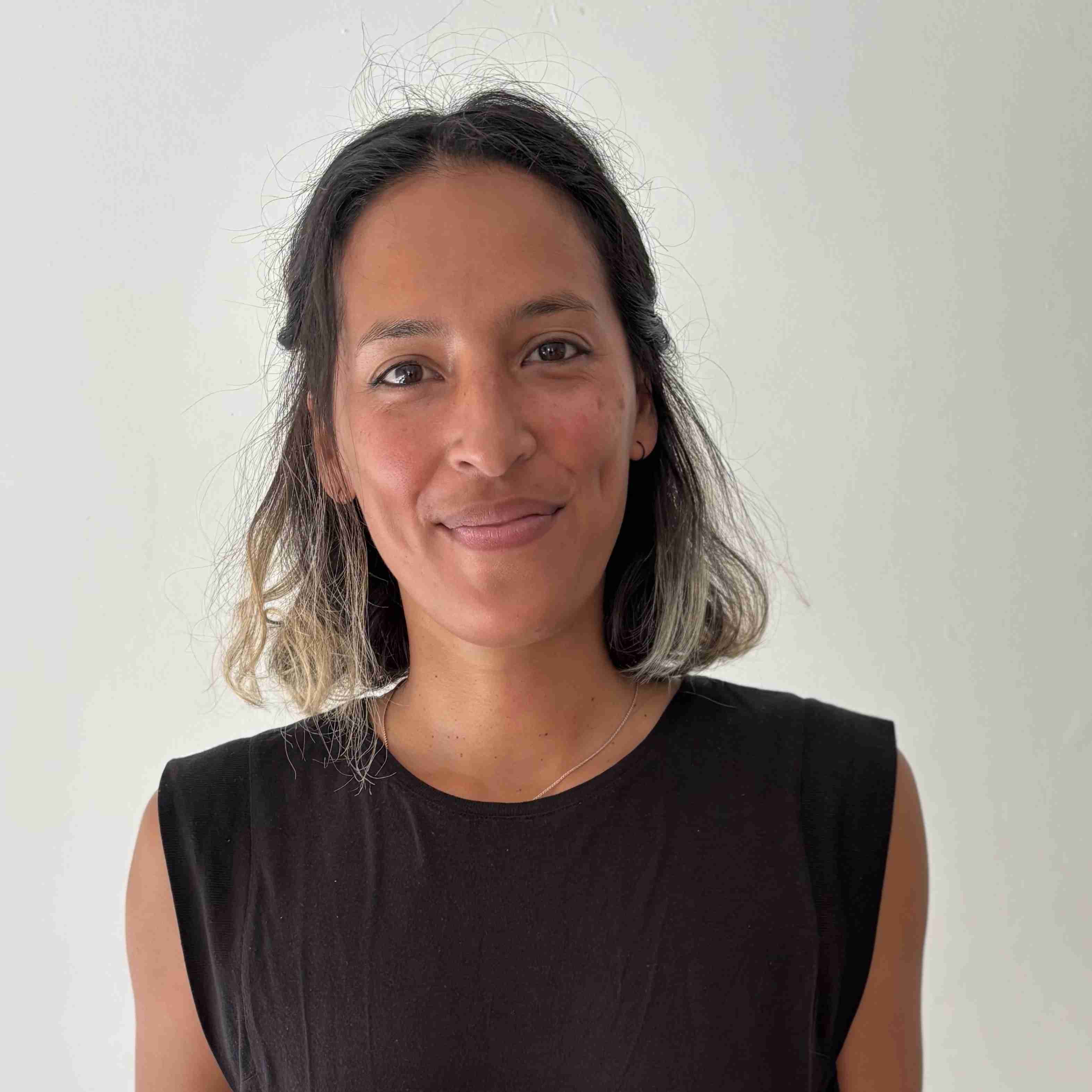

Sandrine Herbert-Razafinjato is a designer specialised in strategic design, user experience, and digital sustainability.As Design Principal at Method, she founded and led the studio’s sustainability practice, upskilling colleagues and shaping experience strategies for global clients like Hitachi, The Economist, Elsevier, Sage, Renault, Zalando, and ManCity FC.She is now building her own consultancy focused on Responsible Design for digital products.A long-time advocate for planet-centered practices, Sandrine contributes actively to the design community. She writes on responsible design —including the article "Don’t Wait for the Green Brief!"— and serves on the Steering Committee of Design Declares. There, she co-founded and facilitates the Service Designers for the Planet Collective, creating space for shared learning, educating, and shaping conversations around climate, ethics, business, and design.
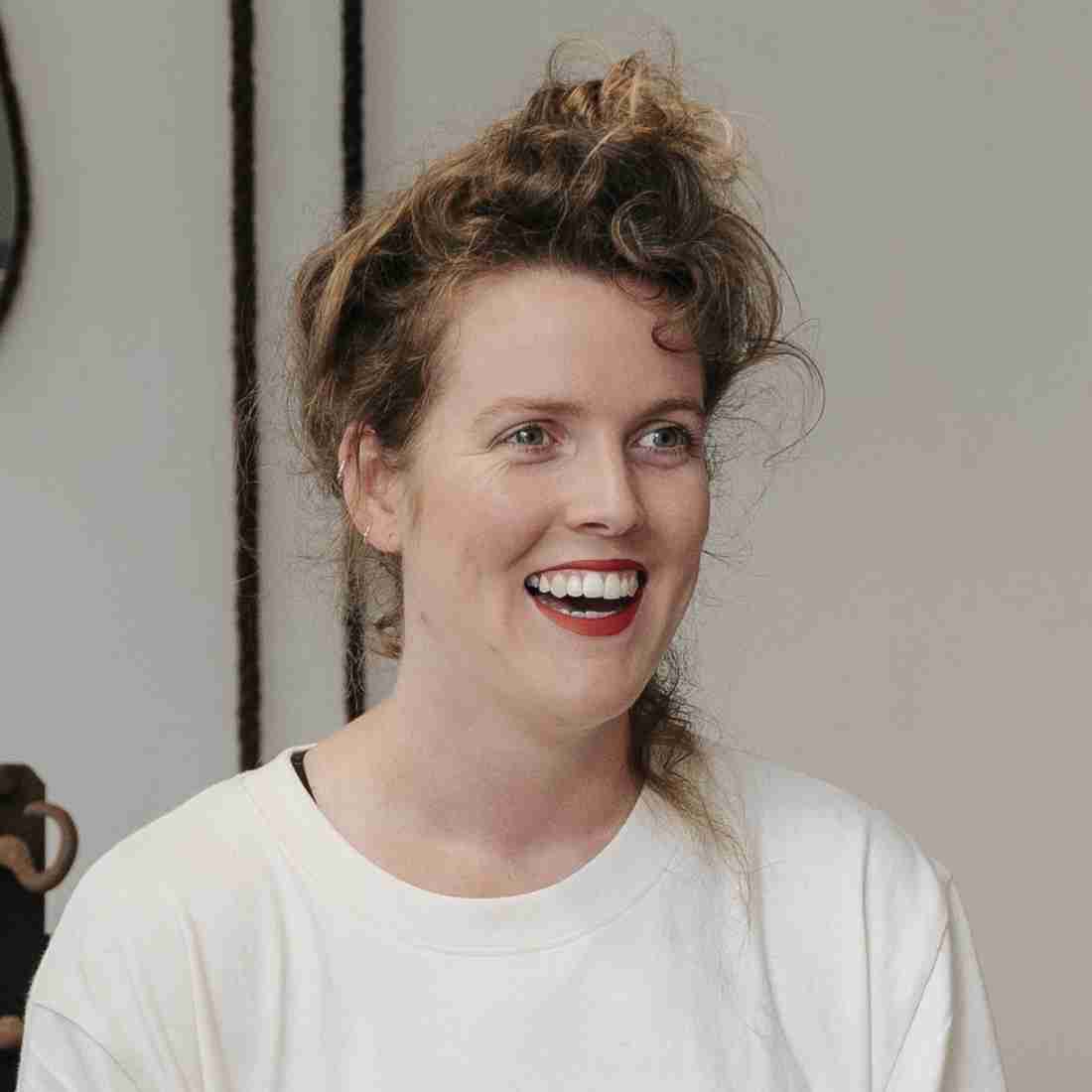

Sanne Visser is a Dutch designer, researcher and the founder and director of Studio Sanne Visser and HairCycle. Based in London, her studio focuses on material innovation and future thinking through making and learning for circular worlds. Specialising in regenerative and systemic design, Studio Sanne Visser investigates the complexities between social, ecological and technical domains in the context of the climate and social crisis. Since 2016, the studio has been at the forefront of driving change in material culture and circular design through commissions, exhibitions, workshops and collaborations with leading institutions and brands including the Design Museum, Science Gallery, TextielMuseum, Nike, FranklinTill, Horniman Museum, Museu del Disseny, British Council, DROOG, Wereldmuseum, V&A, Southwark Council, COMPANY, PLACE and Elisava.Sanne is internationally recognised for her groundbreaking work with human hair as a material resource, developing yarns, ropes, textiles, composites and open-source tools often through interdisciplinary collaborations. Her participatory and community-led approach to material design has been central to her practice for nearly a decade. She graduated from the MA Material Futures at Central Saint Martins in 2016 and has since exhibited and published her work worldwide.Alongside her practice, Sanne is a PhD researcher and Associate Lecturer at the University of the Arts London (UAL), where she has taught across MA Textile Design, MA Communicating Complexity and MA Regenerative Design. Since 2024, she leads the AHRC-funded HairCycle project in partnership with the London Borough of Newham and continues to scale the impact and ecosystem in East London. Her work has received international recognition, with nominations for awards including the New Material Award and AFFA. In 2022, she was named one of UKRI's '101 Jobs to Save the World'.


Sara Gry Striegler is founder of Kindred Lab for Transitions, where she helps leaders and organisations navigate change, bridge sectors, and shape more sustainable futures.Her work builds on deep, hands-on experience from senior leadership roles—most recently as CEO of Nordic Health Lab, where she brought the public healthcare system and private companies together to co-create future-facing solutions. Before that, she served as Director for Social Transition at the Danish Design Center, where she pioneered futures design and mission-oriented innovation to explore, challenge, and reimagine responses to complex issues in societal challenges. Sara is internationally recognised and was named one of the Top 50 Most Influential People Revolutionising Governance by the World Economic Forum and Apolitical in the Futures Thinking category (2020). She is an experienced speaker and the author of several books on public sector innovation.
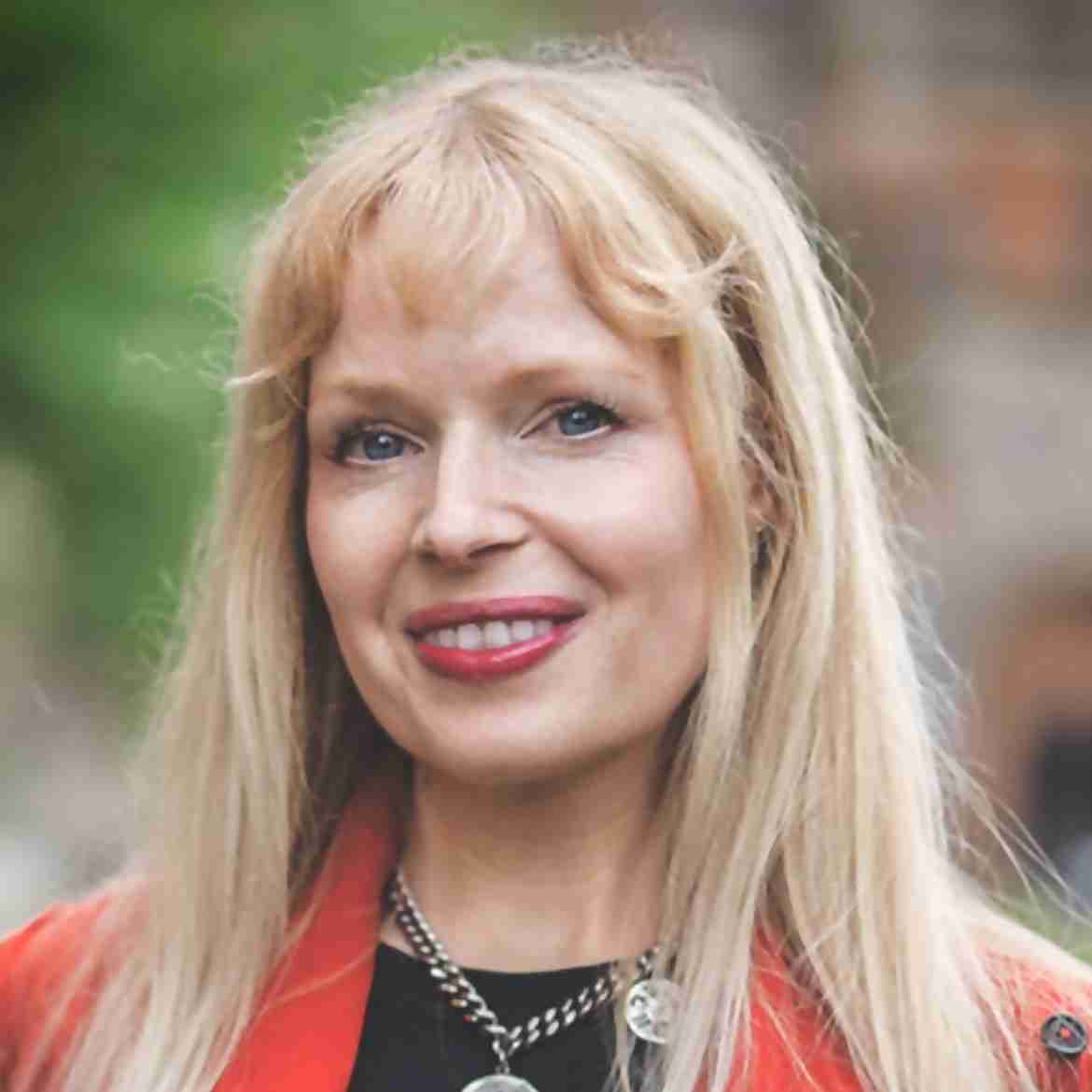

Sarah is a Creative Consultant based across London and Belfast.Best known for her unflinching and expansive concept work, as Director of Creative at Selfridges, Sarah was behind the brand's most celebrated campaigns including, Agender, The Beauty Project, EveryBODY, Music Matters and Project Earth. She defined an arts and culture strategy for Selfridges which helped position the brand as a cultural thought leader. A public art program, the launch of a broadcast channel, a fashion talent incubation initiative and collaborations with global luxury brands, emerging designers, and creative agitators all served to build an extraordinary brand architecture.Now as part of creative agency Ourselves, Sarah consults for brands and institutions in the luxury fashion world and beyond.
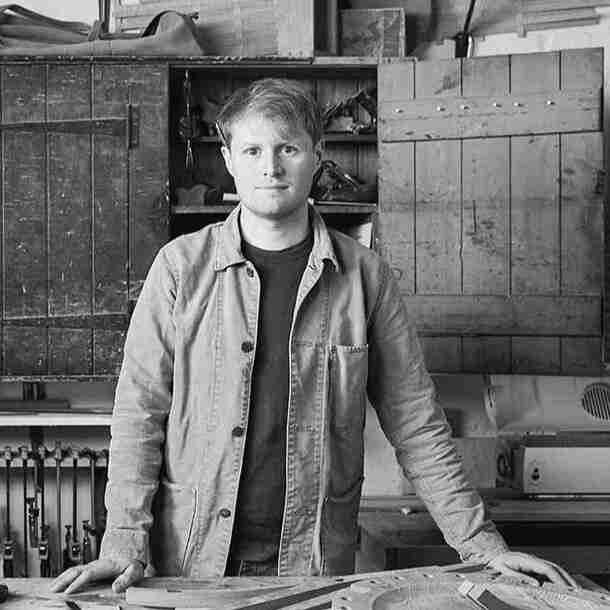

Sebastian Cox is a furniture designer, maker and environmentalist based in South London. Sebastian founded his carbon-counting, forward-thinking, zero-waste workshop and design studio in 2010 on the principle that the past can be used to design and make the future. He produces heirloom furniture, lighting and home accessories and collaborates with other material experts who share his vision for a regenerative material future.


Sevra is the Director of Architecture Design and Fashion, the British Council, and Commissioner of the British Pavilion at the Venice Architecture Biennale. She is an experienced architect, design advocate and leader in design for social innovation. Sevra studied architecture and urban design and worked in professional practice for over ten years in the US, the UK and Finland before moving to roles focused on design enabling.Previous roles include Head of Learning at the Design Museum and Director of Design at the RSA. At the RSA she developed design research and design education programmes focused on design for positive social, environmental and economic impact. She has worked on a number of projects exploring and promoting the journey toward a more sustainable future and a circular economy. She speaks and writes frequently about the role of design in an increasingly complex world and in the context of the climate emergency.
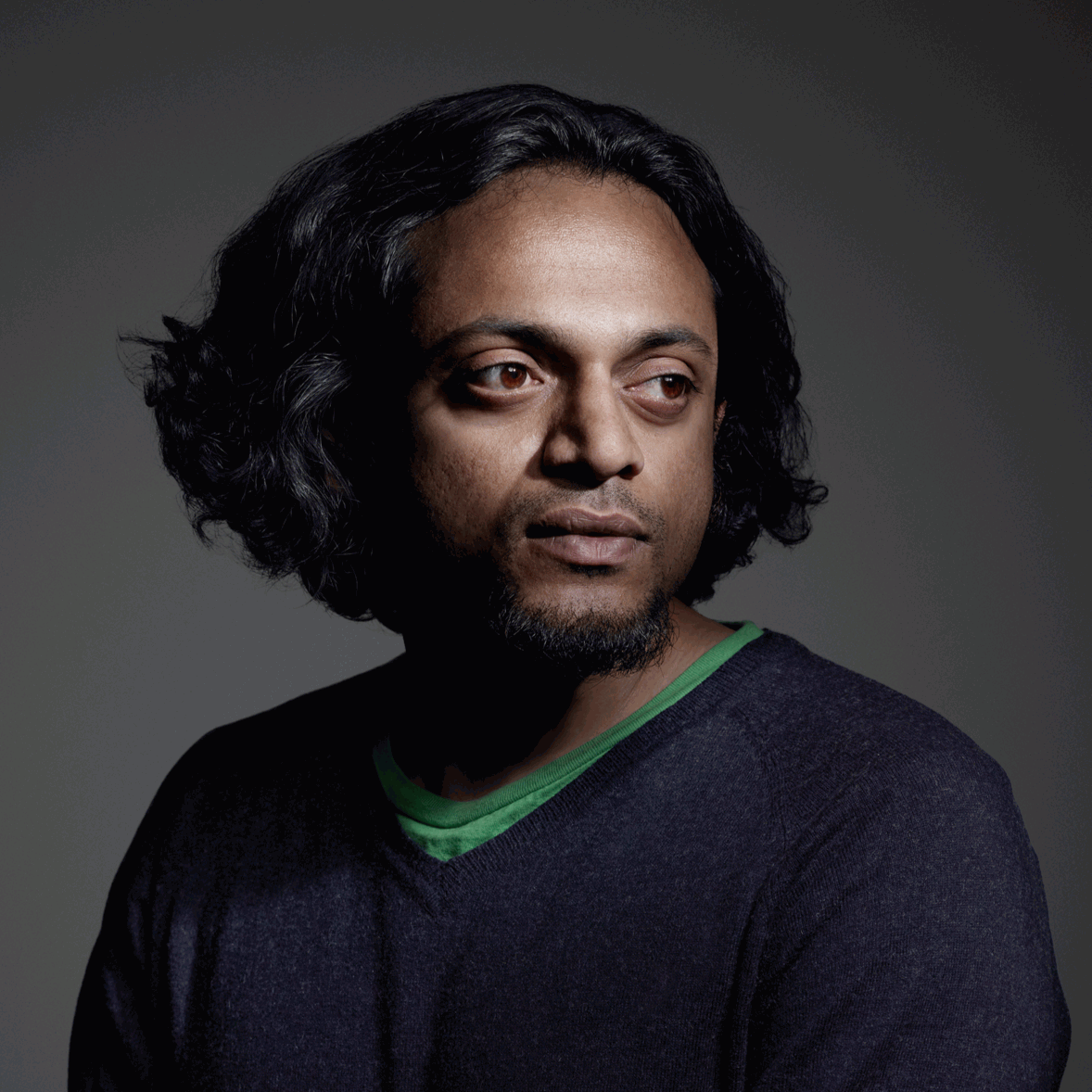

Shajay is an Associate Director at Zaha Hadid Architects where he co-founded and heads the Computation and Design research group (ZHACODE, 2007). He is an alumnus and a studio-master at the post-graduate course of Design Research Laboratory at the Architectural Association, London (AADRL, 2006). There he explores the intersection of computational geometry, video game technology, urban development, and industrialised construction. Shajay pursued his scientific interests in digital design and robotic fabrication during his Doctoral studies at the Block Research Group (BRG, 2022) at the ETH, Zurich and previously as a M.Phil. graduate from University of Bath (2016).


Sille Krukow is a globally recognized expert in Behavioral Design, Nudging, and consumer communication, with a strong focus on design elements that measurably change consumer decisions. With over 15 years of pioneering work, she has become a leading authority in designing behavior change interventions that influence how consumers engage with products and environments. Her expertise spans key design aspects such as color psychology, iconography, packaging aesthetics, labeling strategies, and in-store design—ensuring that visual cues effectively guide consumer behavior. A key focus of Sille’s work is designing for zero-emission choices, leveraging behavioral insights to create sustainable design solutions that encourage greener consumer behaviors. Through thoughtful strategic design interventions, she helps brands and organizations nudge consumers toward lower-impact choices, from eco-friendly packaging to energy-efficient product selections.Sille’s impressive portfolio includes collaborations with prestigious organizations like the European Commission, Procter & Gamble, Heineken, and Electrolux, where she applies design-driven insights to create impactful and sustainable solutions. Beyond her consultancy work, she is a respected academic, sharing her expertise as a guest lecturer at renowned institutions such as Northern Arizona University, Pratt Institute, and the University of St. Gallen.


With a background in advertising, Simeon joined Faith In Nature in 2017 and has spent his time since reimagining what it means to be a green company in today's world.In 2022, Faith In Nature became the first company in the world to make Nature a director - giving the natural world a voice and a vote in all of its decision making.The entire process has been open sourced on Faith In Nature's site so that other companies can do the same and he continues to share learnings from the idea on natureontheboard.com


Sophie has been a campaigner and leader in sustainable and circular design for nearly 30 years. Her passion for garbology (exploring human behaviours by digging in the rubbish) and belief that waste is a design flaw started early and still drives her curiosity, and she is often found peering into waste bins.Her design studio, Thomas.Matthews, was an early pioneer in creating exhibitions, packaging, and signage using waste and sustainable materials from 1997. She is the only designer in the UK to be honoured as a Fellow of the Chartered Institute of Waste Management.In 2012, Sophie set up and ran The Great Recovery project with the RSA and InnovateUK, taking over 1,000 designers to waste sites to see where their products die and to rethink design using circular principles. Since then, she has worked with the industry to look at how everything - from oil rigs, sofas, shoes, and mobile phones - can be designed for reuse and recovery. She works with businesses to radically reconsider material use through design research and innovation.In 2022, she co-founded the climate-tech venture studio etsaW, which supports and builds innovation in the transformation of waste streams into new materials and helps set up new businesses that exploit their use.
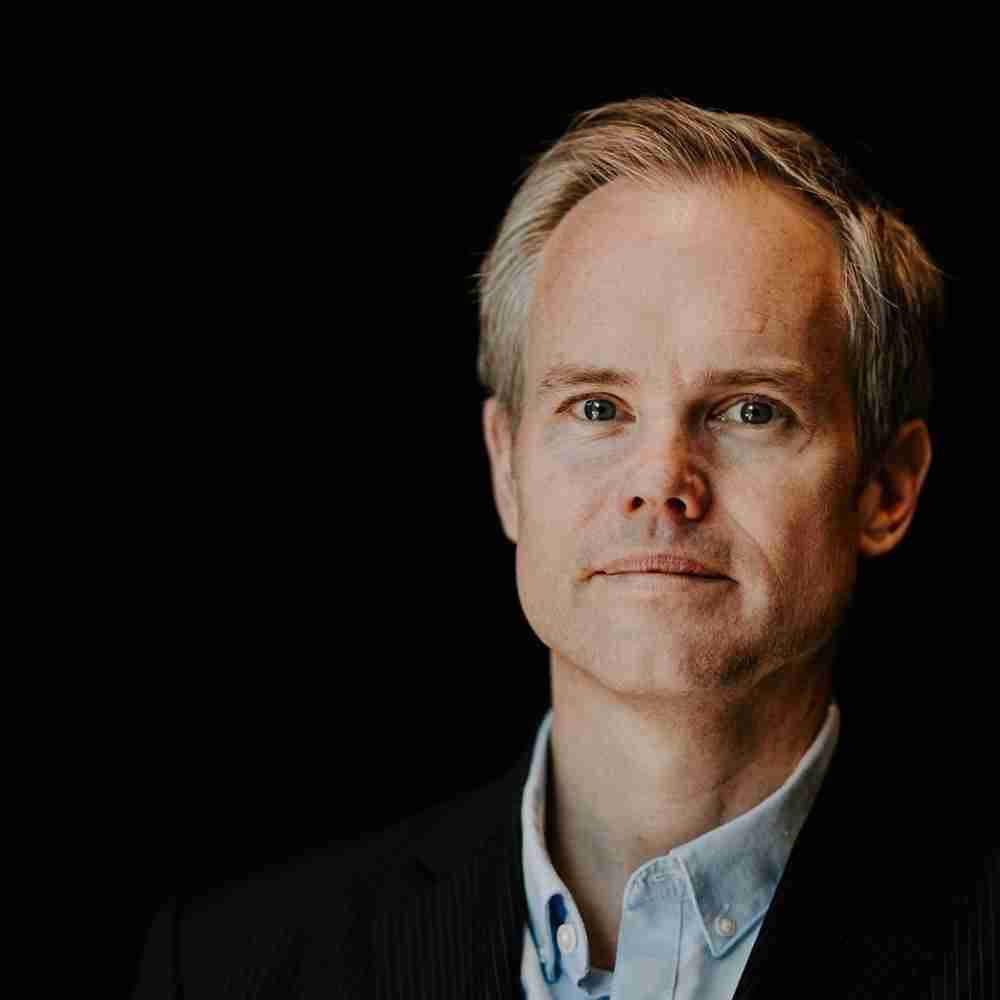

Steve King leads Visa’s Global Sustainability Solutions team. His team are responsible for enabling sustainability focused payment solutions to clients to meet their customers and client needs. The team is unique in its remit beyond general ESG into a commercially focused business unit within Visa. The team’s core goal is to accelerate sustainable choices for payments around the world.Steve started his career with Capital One’s Canadian business when it first started in Toronto. In the following 10 years, Steve led several business units including strategy, innovation, credit and partnerships. Steve has built his sustainability career over the following 10 years. In particular, he was a founding partner and co-pilot of Swarm Partners, Social Business and Wild Labs. These innovation and venture organisations were responsible for the development of and funding for sustainably focused businesses in the UK, EU and US.Steve is passionate about organizations aligning their values with people and planet and realising the great opportunities that can be delivered at scale.
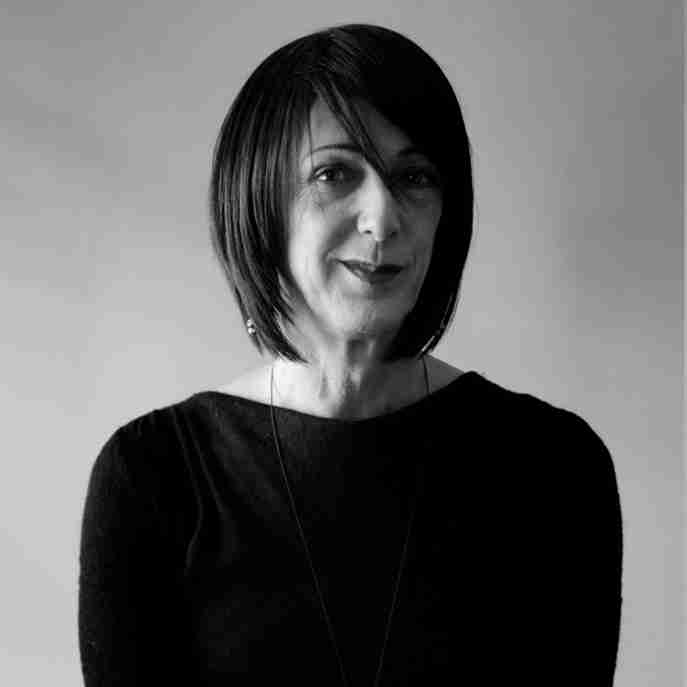

For almost thirty years Steven Appleby created, wrote and drew funny, delicate and darkly philosophical comic strips about daily life for many newspapers, including: New Musical Express, Guardian, Observer, The Times, Sunday Telegraph, Die Zeit and Frankfurter Allgemeine Zeitung.
He has also written a comedy series for BBC Radio 4; had his character Captain Star animated for television; written and drawn around 30 books; exhibited prints and paintings in many exhibitions; created all the art and murals for the Royal Brompton Hospital’s Centre for Sleep, and seen his secret world adapted for the stage as the musical play Crocs in Frocks at the ICA.
His latest book, the graphic novel DRAGMAN, was published in the UK last year by Jonathan Cape and has now come out in America, Holland, Germany and France – where it won the PRIX SPÉCIAL DU JURY at the 48th International Angoulême Comic Festival in January 2021.
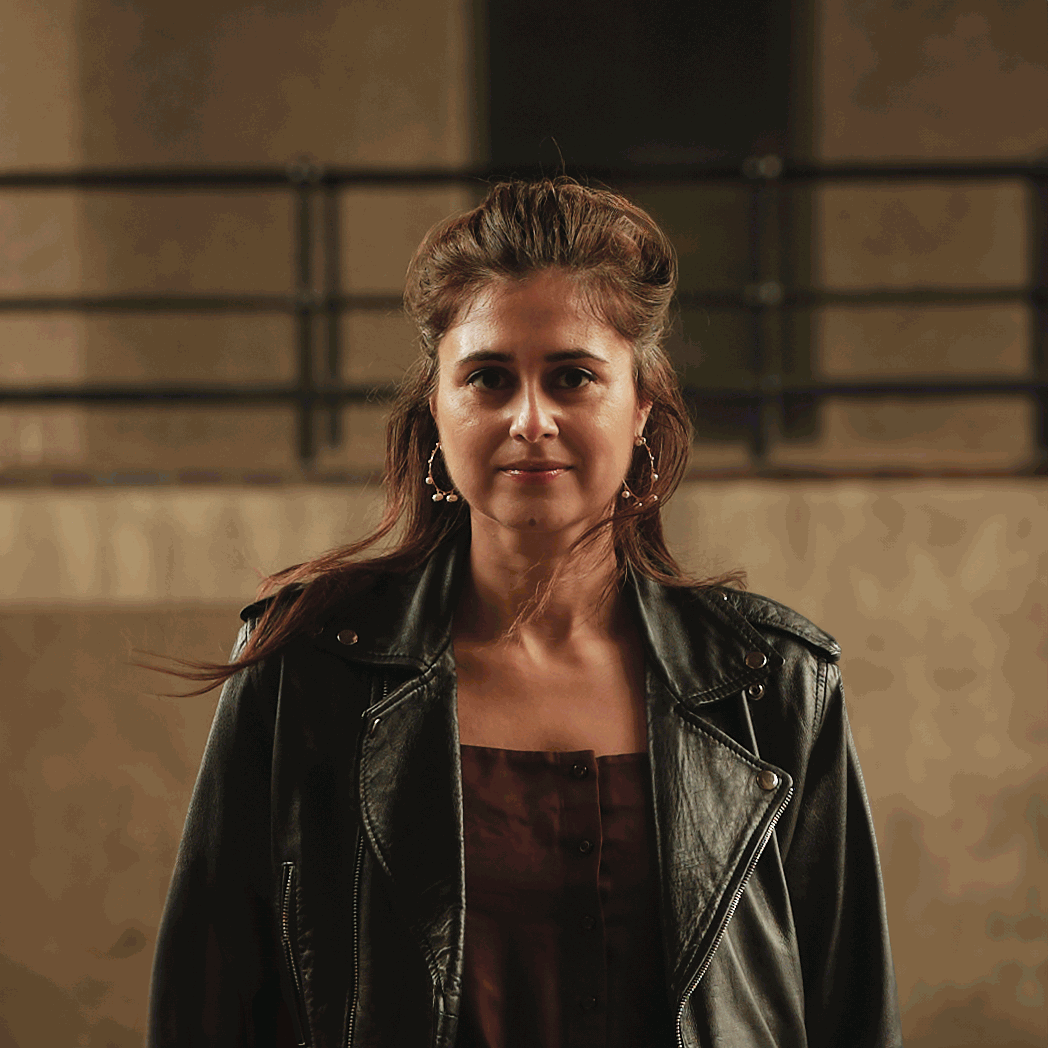

Suhair Khan is a London-based cultural strategist and leader in technology and arts. As a senior executive at Google, she spearheaded projects like Google Arts & Culture, collaborating with global institutions to digitise and share cultural heritage. With a background in architecture and design, Khan is recognised for bridging technology and the arts, driving innovative projects that connect culture, technology, and education.


Suma is an Associate Creative Director at Purpose, where she creates campaigns that move people to remake the world. Her core strengths lie in art direction, branding, and creative strategy. At Purpose, she has partnered with leading impact organisations like IKEA Foundation, the United Nations, TikTok and the Packard Foundation, to create movements that address pressing issues - from the climate crisis to making healthcare more accessible and equitable.Her campaign work is rooted in empowering communities to spark collective action and drive systemic change. From local interventions to global campaigns, she brings a tailored approach to every project. Most recently, she has been working on Verified for Climate - a global initiative shifting climate narratives from fear to hope. It illustrates that when communities can envision a better future and see their role in creating it, they become advocates for the policies and practices that make the renewable energy transition possible.


Suraj leads the Design & Technology practice across Nesta and the Behavioural Insights Team, where he oversees the design and delivery of solutions in pursuit of our missions and impact goals - such as accelerating home decarbonisation, reducing early years inequality and making our food environment healthier.He is a senior leader and practitioner in design, product management and software development with a track record of using design, technology and data to develop and deliver products, services and increasingly policy for social good. As well as hands-on delivery expertise he has extensive experience of setting up, supporting and managing multi-skilled teams to develop and improve services for social impact across public, private and charitable sectors.
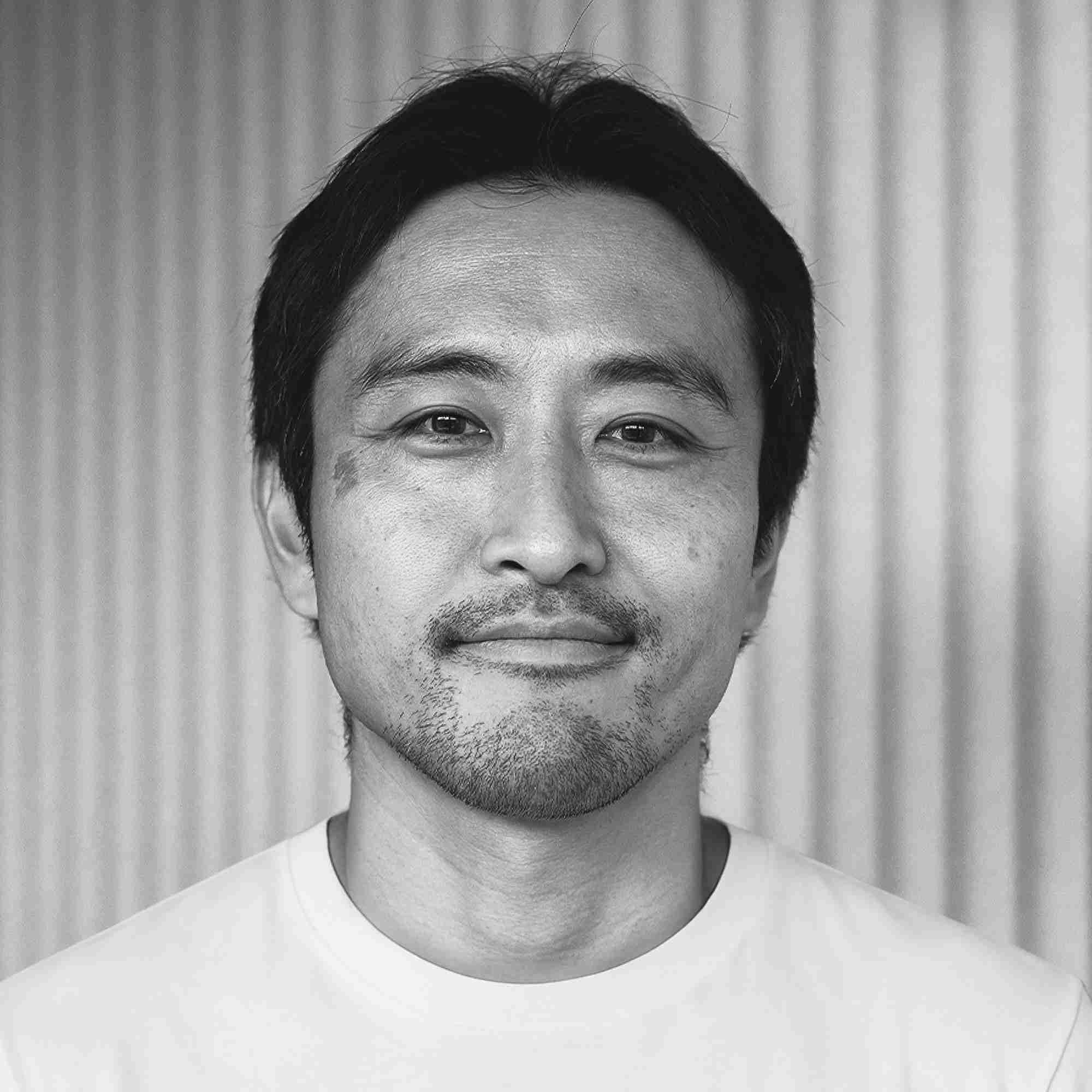

Takehiro Ikeda is Director of Panasonic Design London, leading insight, strategy, creation, and storytelling for key global projects. Based in London with regular work in Kyoto and Tokyo, he spent 11 years at leading design and innovation consultancy Seymourpowell, delivering design strategy, brand strategy, and product innovation for a diverse range of international clients.He also works with Japanese SMEs and traditional craftsmen to expand their businesses into European markets, providing insight, marketing, and brand expertise.Active internationally, Takehiro has lectured for Japan’s Ministry of Economy, Trade and Industry and Ministry of Education, Culture, Sports, Science and Technology, and holds a Master’s in Industrial and Strategic Design from Aalto University.
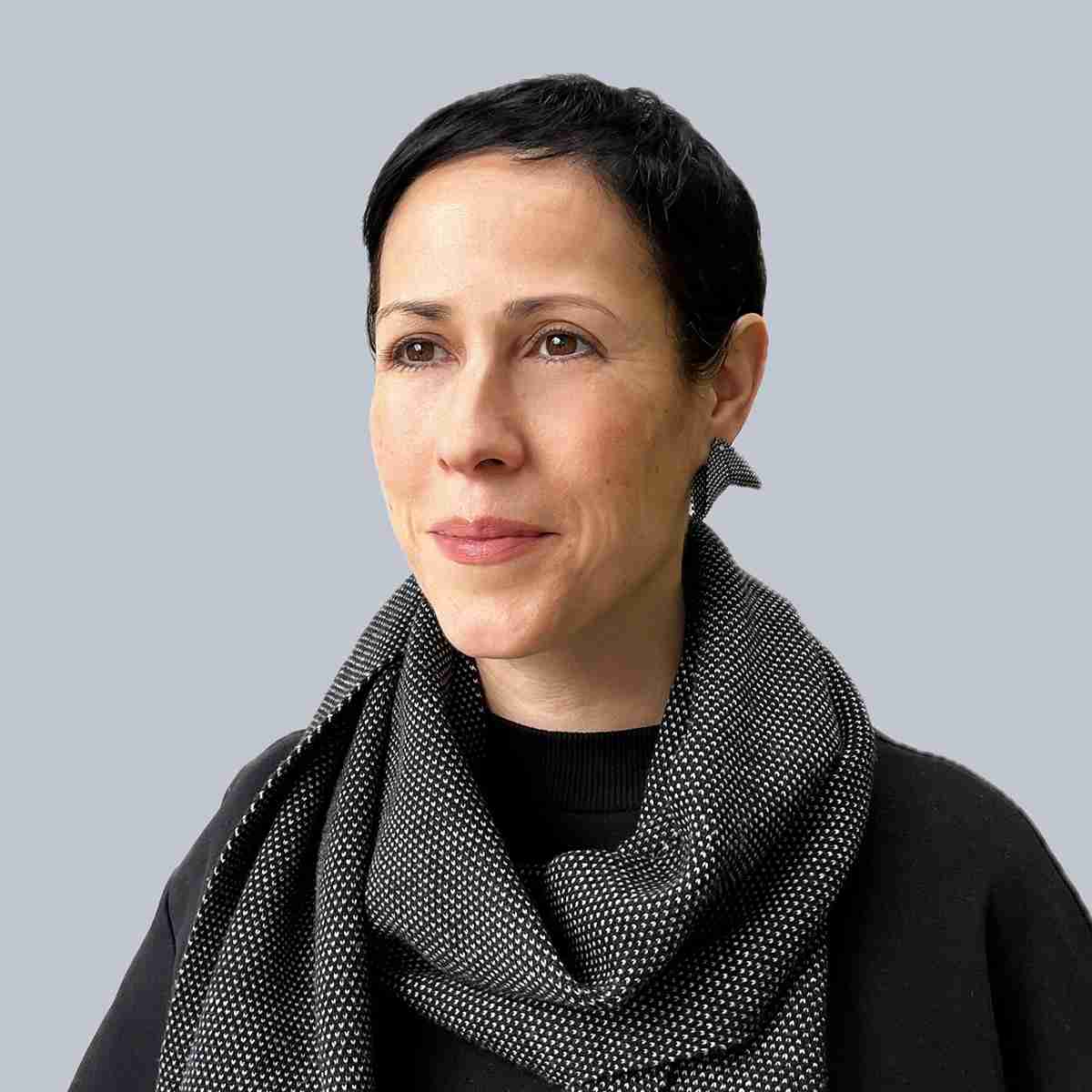

Tara is a communication design consultant and educator – providing creative strategy and direction across branding, exhibitions, events, print, interaction, and wayfinding. She collaborates, facilitates, and coordinates projects with clients and design partners from across the private, public, and charitable sectors – drawing on her 25 years of strategic, practical, and planet-centered approaches to lead, co-develop, and craft communications for organizations and experiences. Her responsible design advocacy is extended through her role as a Creative Conscience Awards judge and as a founding signatory of Design Declares.
Tara’s work at London College of Communication (UAL) has involved lecturing, curriculum design, industry collaboration, and integrating eco-social responsibility into pedagogy. She was Validation Lead, bringing the MA Design for Social Innovation & Sustainable Futures course to fruition, and was co-author of the Design School’s Responsible Design Framework. Her academic research explores pedagogical strategies for nurturing citizen designers and has been shared internationally via exhibitions, film, workshops, symposia, and papers. Prior to becoming a consultant, Tara was Creative Director at award-winning agency Thomas.Matthews. She has a First-Class Degree in Graphic Design and an MA in Communication Art & Design from the RCA. She has a PgCert in Academic Practice in Art, Design & Communication from UAL and is a Fellow of the Higher Education Academy.


As Global Chief of Design at General Mills, Teman Evans brings with him a diverse background, including design leadership within agencies and global CPG organizations.In his senior leadership role at General Mills, Teman is responsible for setting the design philosophy and approach for the Fortune 500 food company’s global portfolio of 100+ brands (e.g., Cheerios, Häagen-Dazs, Betty Crocker, Pillsbury, Old El Paso, Nature Valley), while leveraging design thinking to translate the company’s business priorities into growth-driving consumer products and experiences.Before General Mills, Teman was the Global Director of Brand Design and Customer Experience Design at PepsiCo. Prior to that, he was Vice President of Branding and Strategy at FCB (Foote, Cone, & Belding) and also worked with renowned architects David Rockwell in New York City and Rem Koolhaas in Europe and Asia. As an entrepreneur, Teman co-founded DIOSCURI, a design and brand consulting agency with products sold around the world and appearing in several media outlets, including Time Magazine, The New York Times, and The Oprah Winfrey Show.Teman holds a master’s degree from Harvard University’s Graduate School of Design, where he has also been a faculty member for the past 13 years, teaching courses in design thinking, branding, and strategic innovation.


Terry Behan is a Chief Design Officer working in emerging economies. He is head of design at Nedbank and adjunct professor of design at GIBS. He specialises in product design and delivery aligned to the United Nations Sustainability Goals. Terry’s focus lies in guiding enterprises to develop and launch customer-centric products and solutions that make tangible commercial and social impact in diverse markets worldwide.His portfolio encompasses product rollouts in diverse areas such as digital banking, micro finance, education, e-commerce, GBV prevention, child development, and mobile.Beyond his professional practice, he is deeply committed to education. Terry collaborated with PARSONS in NYC to create and deliver their online programs focused on design and innovation. At GIBS, he teaches various design and innovation modules to Master's students and corporate executives.Terry serves on the advisory council at Design For Good and is a board member of the South African Design Foundation. He holds a Bachelor of Arts in Brand Leadership and a Master of Science in Strategic Design. He lives in Cape Town, South Africa.
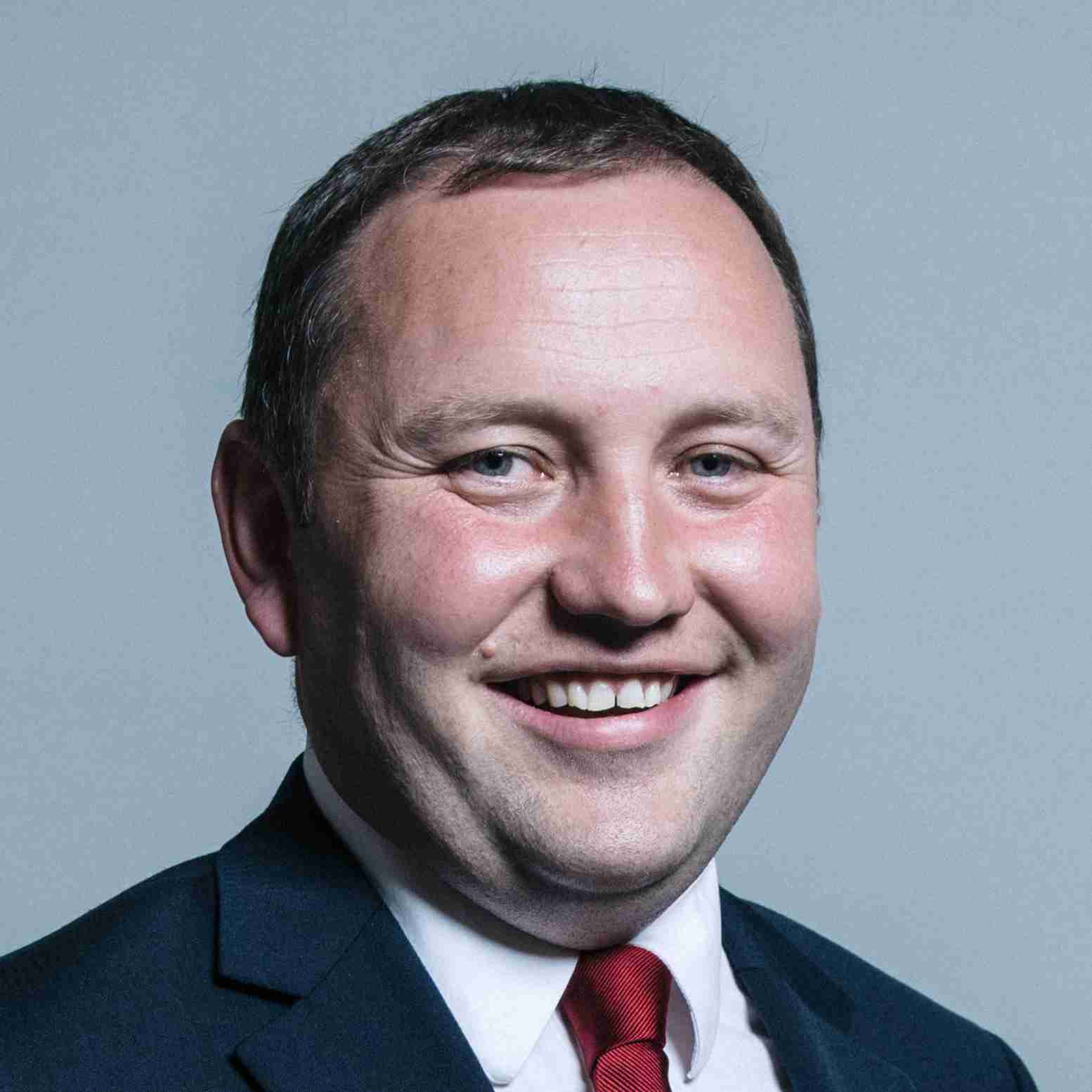

The Rt Hon Ian Murray is the Labour MP for Edinburgh South, and has been an MP continually since 6 May 2010. He currently holds the Government post of Minister of State in the Departments for Culture, Media and Sport and Science, Innovation and Technology.


Thomas Heatherwick is one of the world’s most inventive and celebrated designers, whose work is characterised by its originality, diversity and humanity.His studio was founded in 1994 to bring together architecture, urban planning, product design and interiors into a single creative workspace. It is now an extraordinary organisation with 10 partners and 250 people dedicated to making the physical world that surrounds us more joyful and engaging.Some of the studio’s designs include the 2012 Olympic Cauldron; Coal Drops Yard in King’s Cross; Google’s first ground-up campus in California; Little Island, a park set over the Hudson River in New York; the Zeitz Museum of Contemporary Art Africa in Cape Town; and Azabudai Hills, a new neighbourhood in Tokyo.From their studios in London and Shanghai, the team is currently working on over 30 projects in ten countries, including Seoul’s Nodeul Island; London Olympia; the new Changi Airport Terminal 5 with KPF; and MixC, the new district for Xian in China.Thomas is a global advocate for human-centred architecture, campaigning against soulless new buildings, and calling for more interesting cities that put the public first. These ideas are captured in his bestselling book ‘Humanise: A Maker’s Guide to Building Our World’, published worldwide in multiple languages and editions.Thomas and his team also run one of the largest educational programmes of any single art or design company, inspiring young people aged 10-14 to see themselves as creative.Thomas has been appointed a Commander of the Order of the British Empire, a Royal Academician and in 2004 became the youngest Royal Designer for Industry.
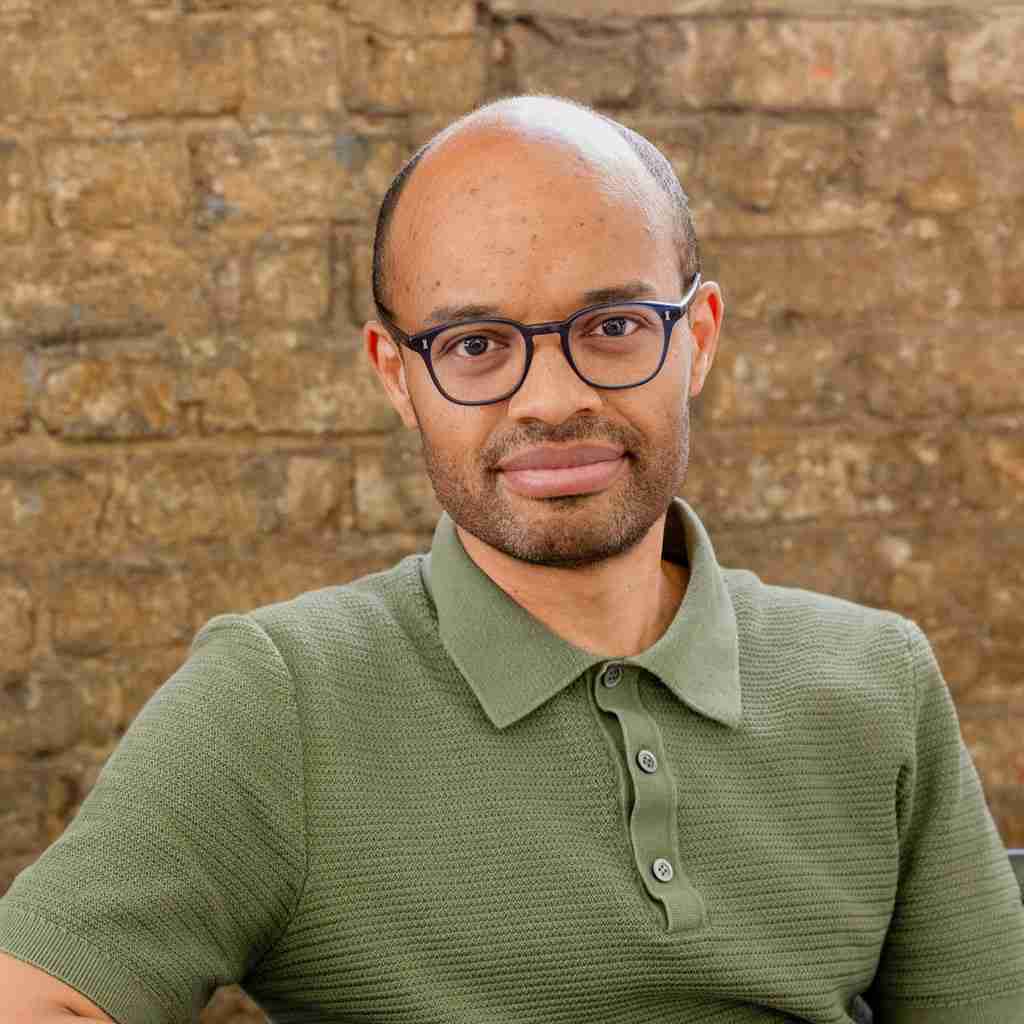

Tom is the new Executive Chair of Innovate UK, the UK’s innovation agency. He also sits on the board of Channel 4 and leading independent school St. Paul's.A Cambridge alumnus, experienced entrepreneur, and board director with over 25 years in the startup ecosystem, he previously grew his fashion technology startup Metail (based in Cambridge and London) to exit raising £25m, and as a NED took women’s personal wellness scale-up Elvie from inception to Series B and Net Zero strategy consultancy Verco through 3x revenue to acquisition. He has also been actively involved in investing and policy, co-authoring the "Start-Up, Scale-Up" review for Rt Hon Rachel Reeves MP in opposition, co-founding Extend Ventures and sitting on the Creative Industries Taskforce and Startup Coalition board.
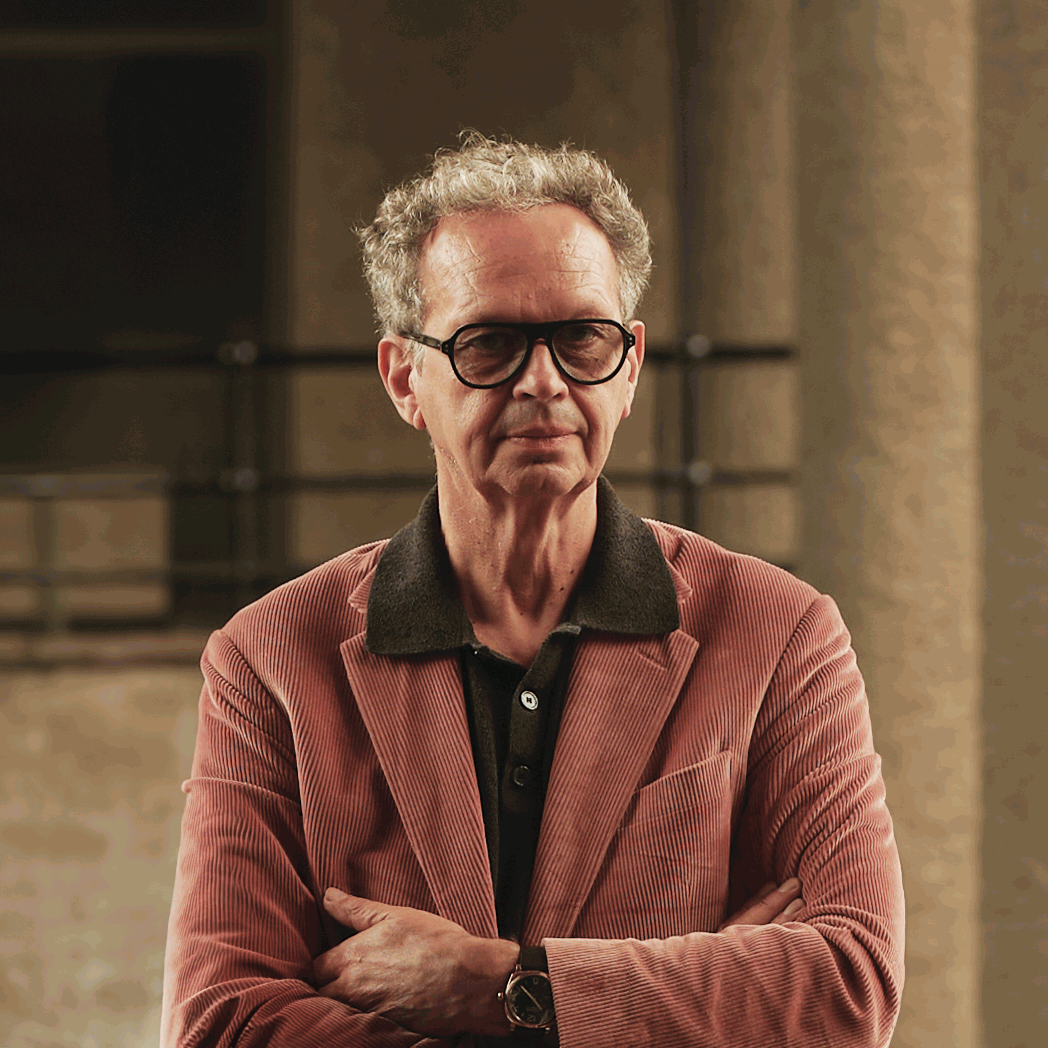

Tom Dixon is a British designer known for his innovative work in lighting, furniture, and interiors. Starting as a self-taught designer in the 1980s, he gained fame for his experimental approach. His brand, founded in 2002, is renowned for its modern aesthetic and iconic designs like the Beat Lights, with pieces displayed in major museums such as the V&A Museum.
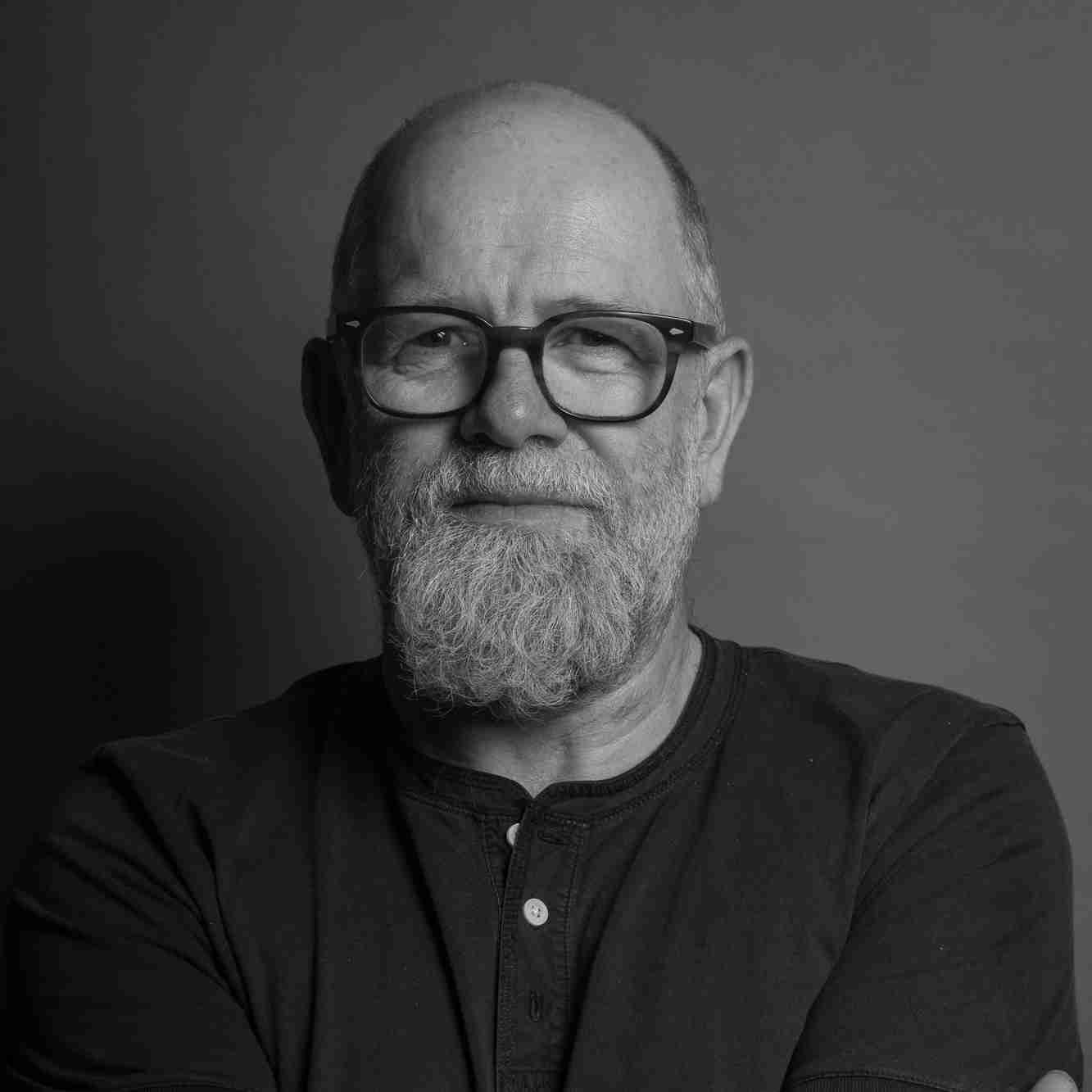

Tom Lloyd co-founded Pearson Lloyd with Luke Pearson in 1997, after the pair met at the Royal College of Art. Their collaboration has always been defined by duality: Tom exploring how furniture shapes space and behaviour, Luke drawn to efficiency and the poetry of form. Together they forged a shared belief that function, form and feeling are inseparable.Over 28 years, Pearson Lloyd has earned an international reputation for designs that are elegant and efficient, rational yet poetic, spanning furniture, workplaces, transport and the home. The studio was named Dezeen’s Designer of the Year in 2023, recognising its ongoing contribution to contemporary design and the reframing of design practice in support of a healthy planet.Tom served as Master of the Faculty of Royal Designers for Industry (2021–23) and received an Honorary Doctor of Design from Nottingham Trent University in 2022.


Tori Tsui is a climate justice campaigner and author. She is a Senior Advisor for the Fossil Fuel Non-Proliferation Treaty and Climate Justice Lead for Brian Eno’s Earth Percent. Her debut book ‘It’s Not Just You’ was shortlisted for the Wainwright prize.
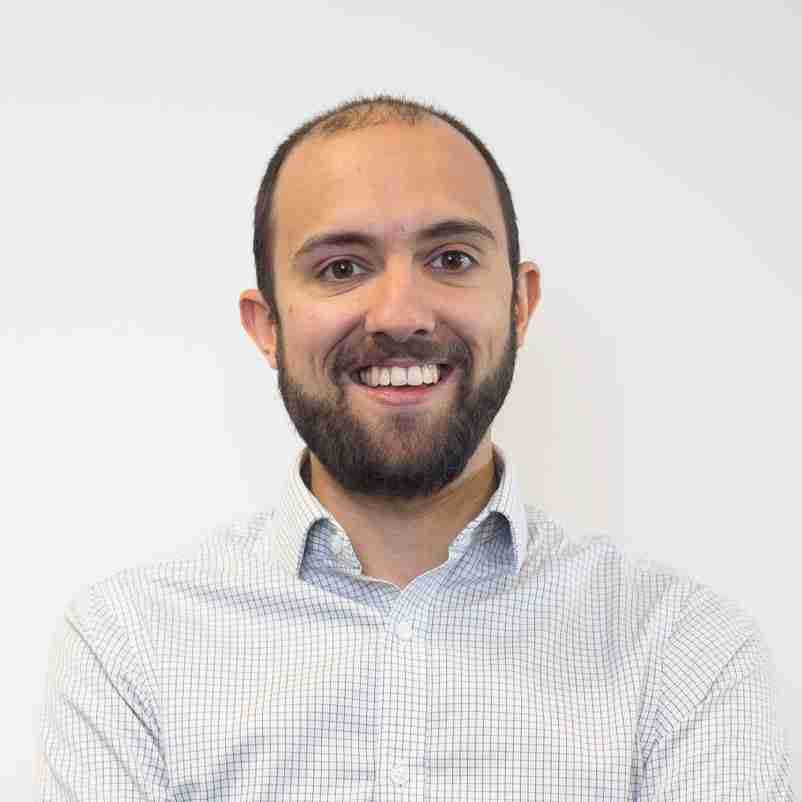

Vasant is the Director of Regional and Local Growth at Connected Places Catapult, the UK's innovation accelerator for transport and the built environment. In this role he oversees programmes that help places across the country to build thriving innovation economies where businesses grow. Vasant formerly directed Human Connected Design at the Catapult, with a focus on accessible & inclusive cities and transport. Before that he led the UK Government’s Policy Lab, introducing people‑centred and experimental methods to policymaking across departments. He has held roles from the Home Office to the Department of Health and Social Care and serves on the board of Public Voice, supporting co‑production in local services.


Motivated by design’s power to create engaging and multisensory experiences, Ximena O’Reilly enjoys contributing to setting and driving brand strategies, identities, and storytelling. Since joining Nestlé in 2013 as Global Head of Design, she has influenced the direction of brand design experiences for many of Nestlé’s brands.With her team, she focuses on ensuring all teams and partner agencies globally, regardless of function, understand and are equipped with tools, process, guidance, and technology to drive brand building activities for brand identity and design excellence.Prior to Nestlé, Ximena was Director, Brand Design at Mondelez, where she guided design strategy for brands including Milka, Cadbury, Tassimo, and Toblerone. Earlier, Ximena worked mostly agency-side focusing on brand strategy and identity. She started her career in San Francisco working on technology and service branding.Born in Chile, Ximena grew up in Europe and California, and spent time in Japan, France, and Chile during her studies.


Yaseed Chaumoo is Managing Director at Greyparrot, he leads AI-driven innovation in waste analytics, helping large CPG and FMCG’s to understand post consumption data to drive more sustainable actions. He is a seasoned entrepreneur, AI expert, and investor with a strong background in product development and commercialisation. He co-founded and successfully exited an AI SaaS startup acquired by a FTSE 250 company, and has over a decade of experience in AI, spanning predictive analytics, generative models, and AI adoption strategies.
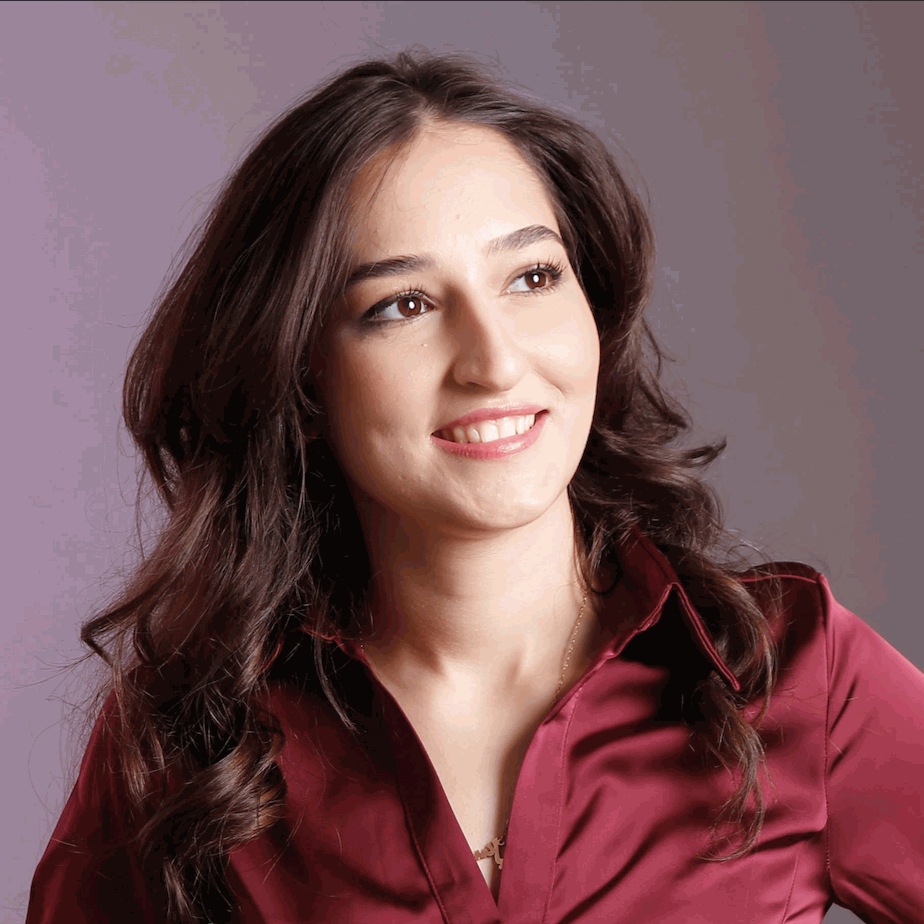

Yasmine Abdu is the CEO and Founder of CarbonTrac, an AI platform transforming everyday grocery shopping into a powerful act of climate action. With a background in chemical engineering, she is on a mission to cut UK emissions by 5% by 2030 by reimagining how we consume, behave, and drive change from the bottom up. She challenges the notion that transformation must come from the top. She believes the real power lies in people, and that when millions make more sustainable choices, they can shake entire supply chains, disrupt outdated models, and redesign the world from the ground up.Recognised by the United Nations, Yasmine brings a data-driven, human-centred approach to climate innovation. Her work bridges AI, behavioural science, and sustainable design to empower both industry and individuals. Her ideas have reached global platforms including Vogue, SXSW and the UN, where she speaks on climate innovation and systems change."


Zoe is Co-Founder of nature tech startup Pivotal. She is a PhD ecologist who has spent 30 years working on solutions to biodiversity loss - as an ecologist in the forests of Africa, in the boardrooms of multinational corporates, as a British diplomat and now as a company founder. Zoe has designed and led biodiversity surveys in ecosystems throughout the world, from Liberia to Brazil, for both NGOs and big businesses. She has provided advice to major global corporates on nature strategy and targets, negotiated international environmental treaties, and is current leading the development of global efforts to measure and track ecosystem condition.
